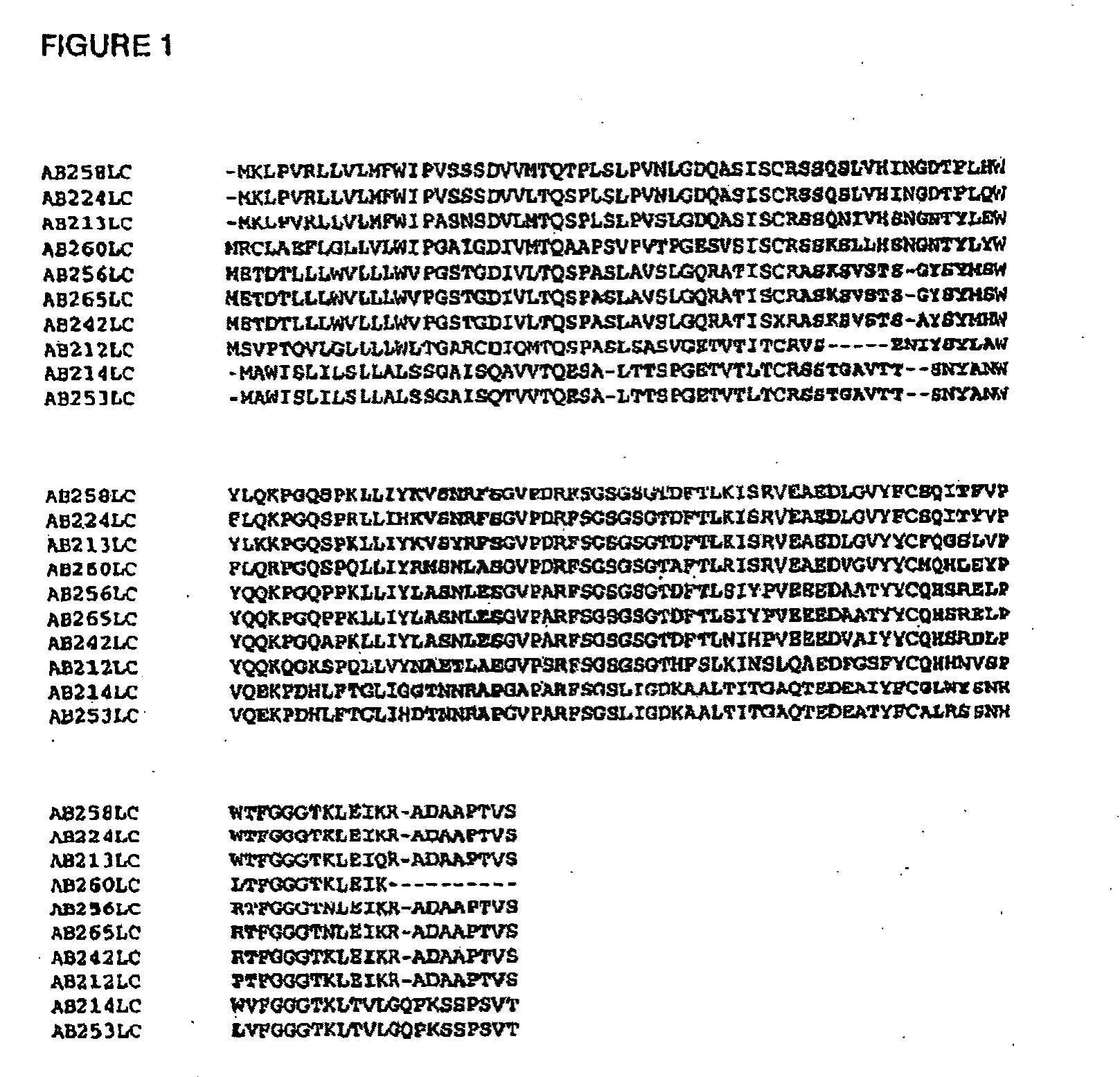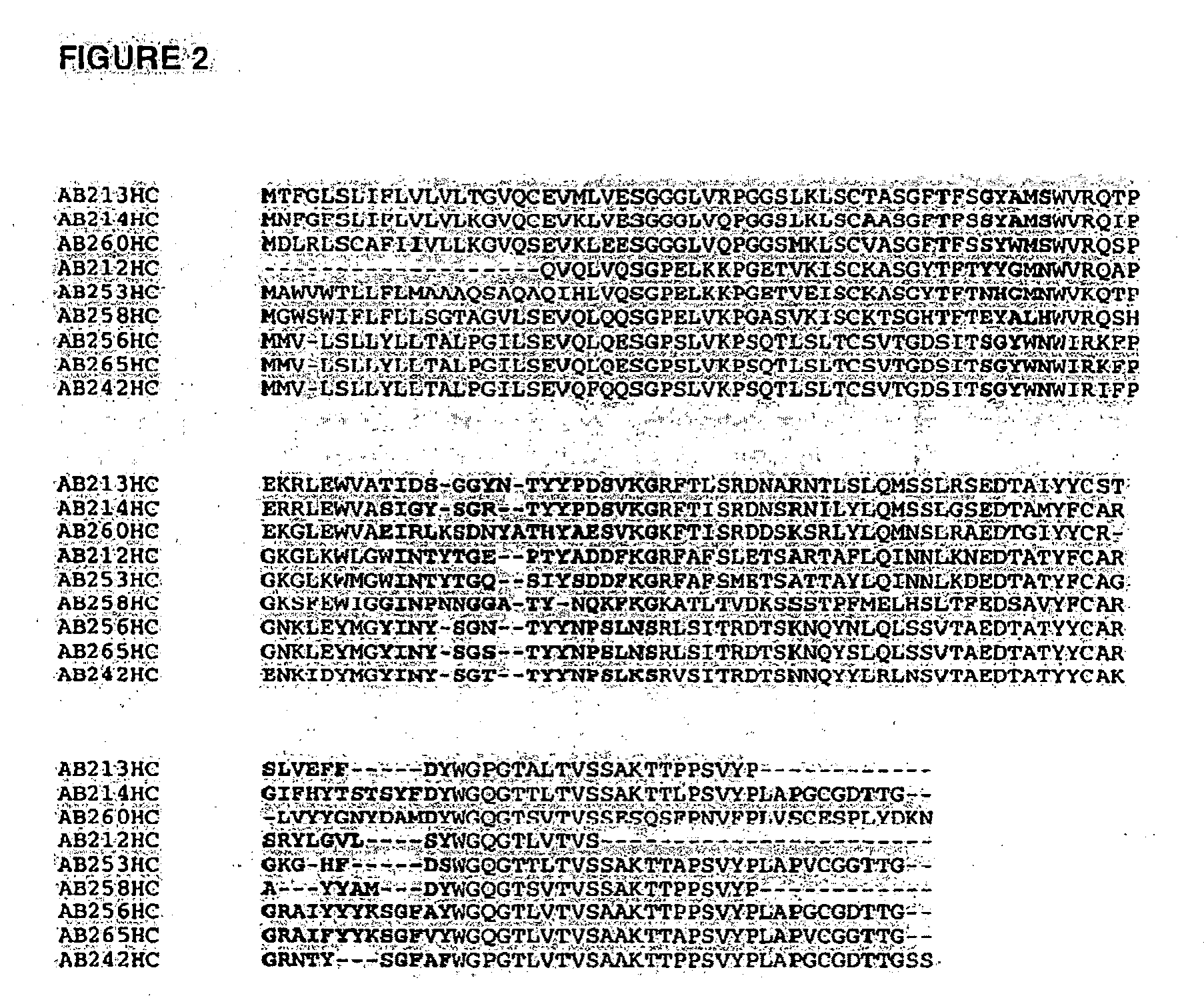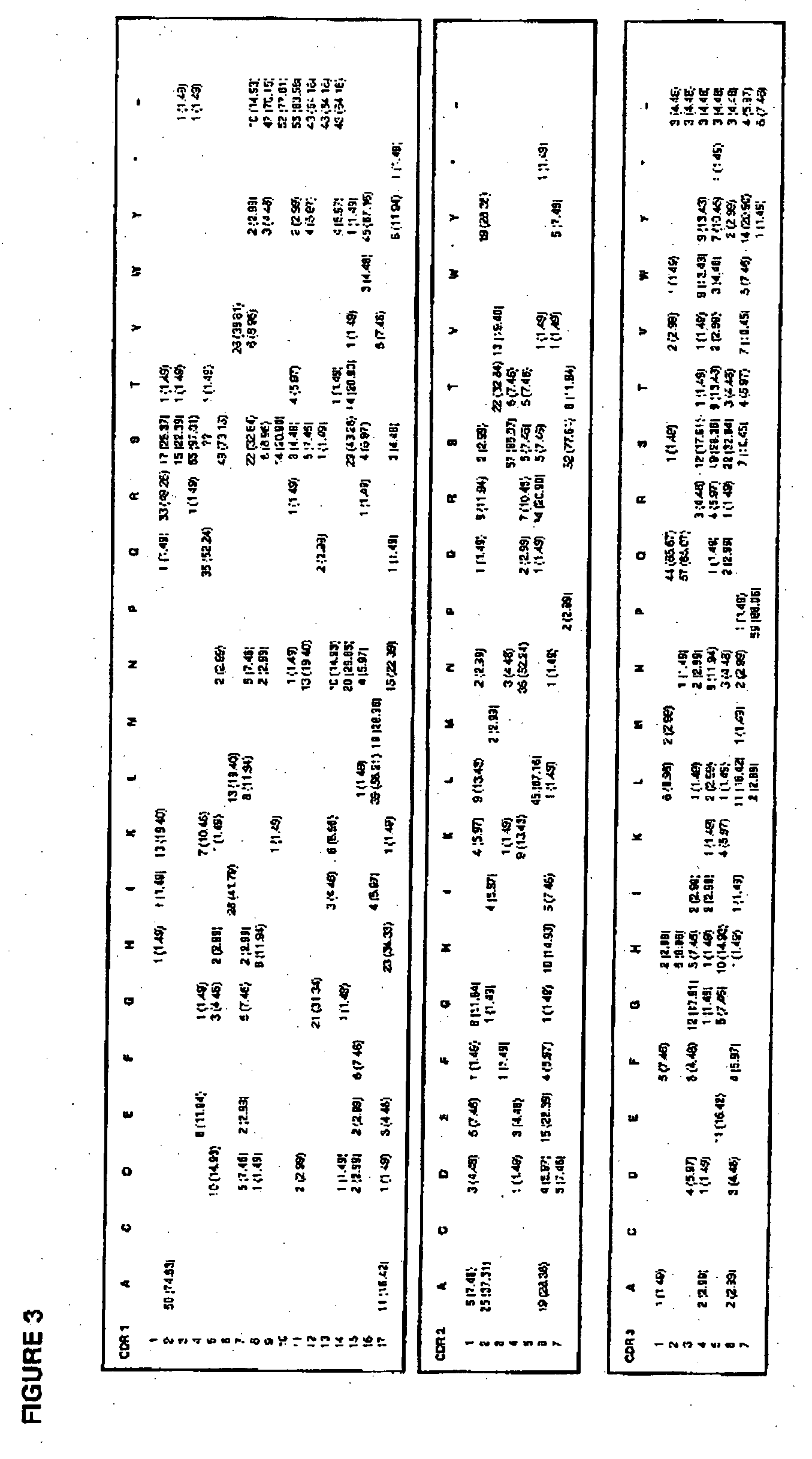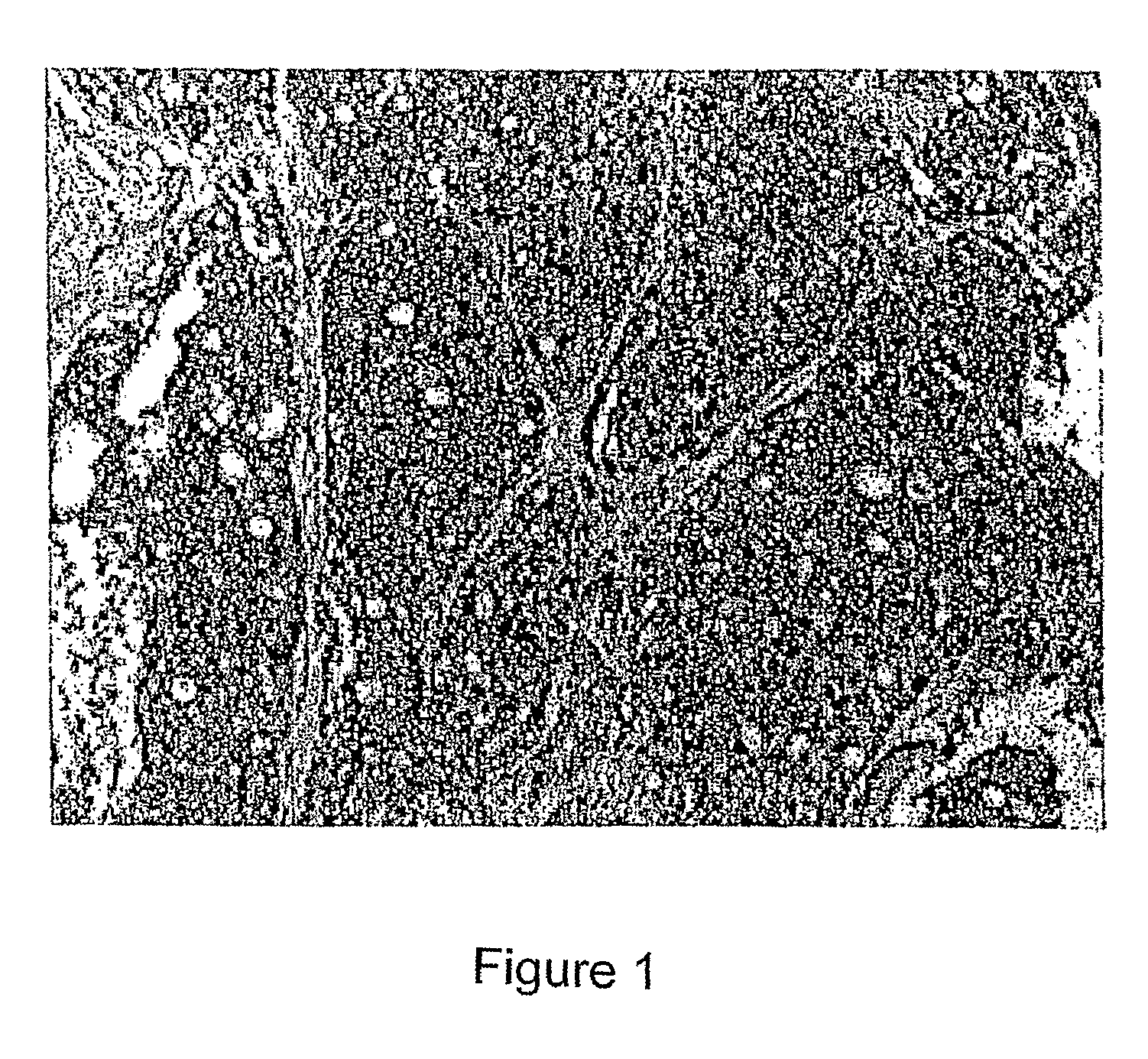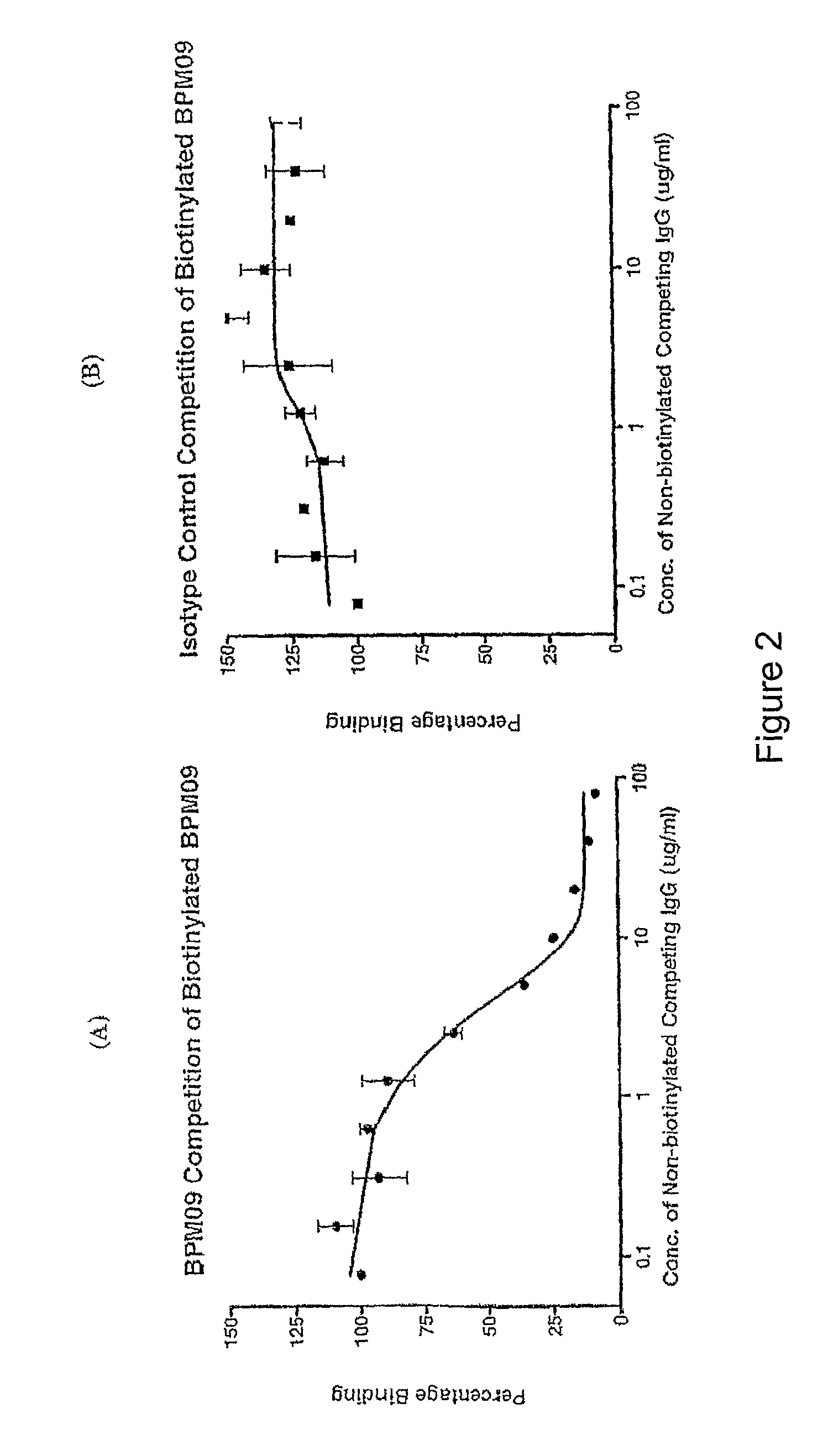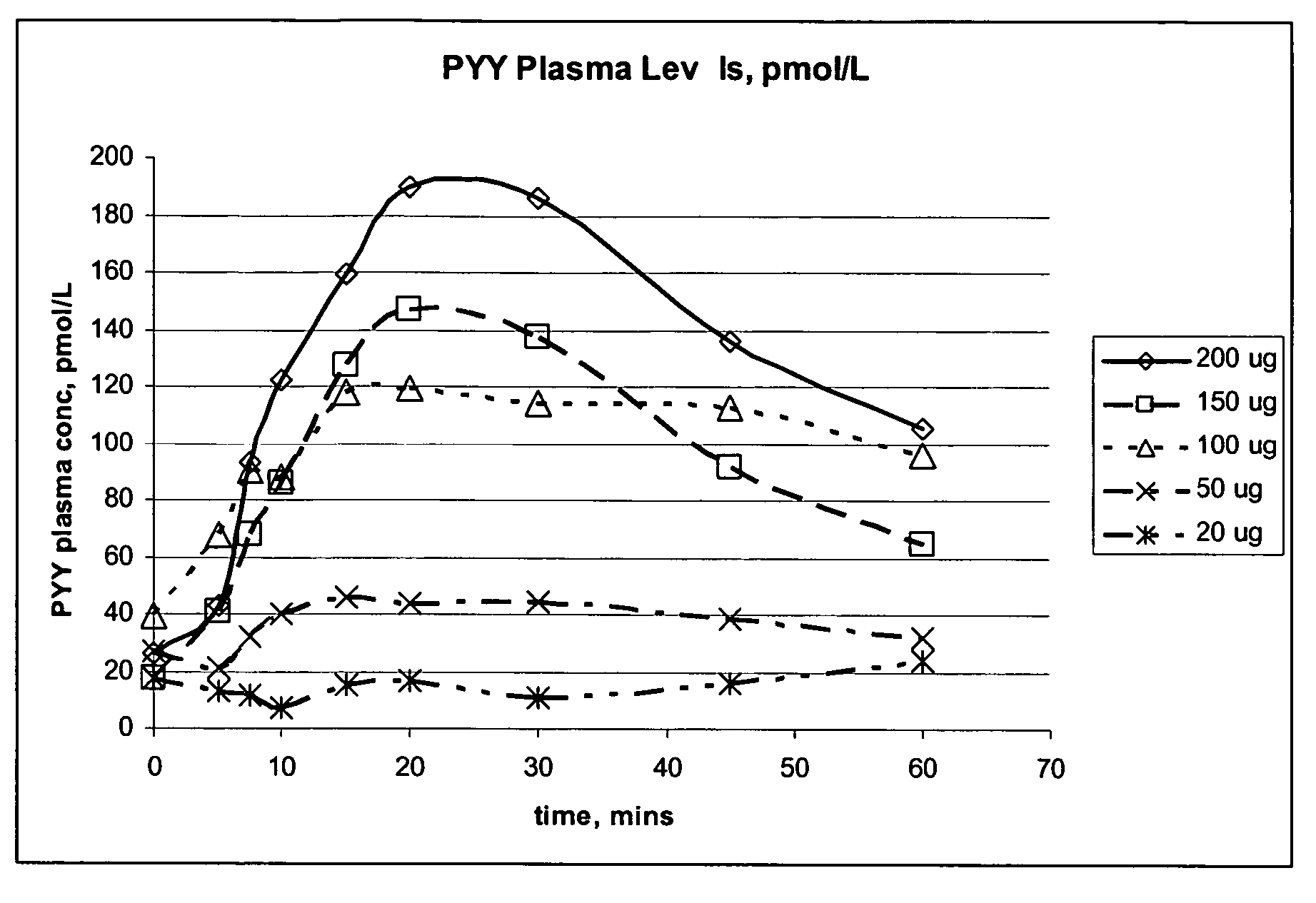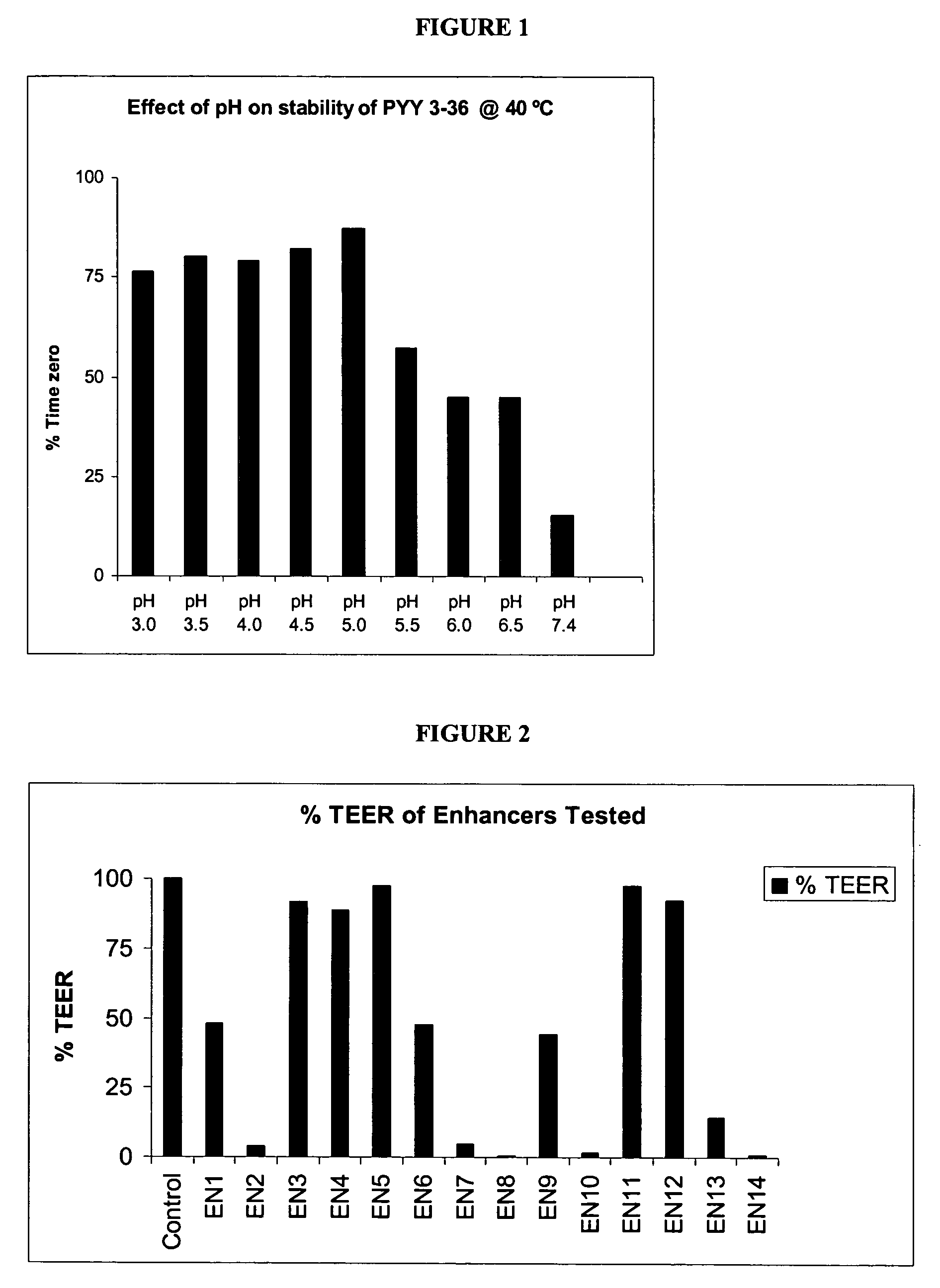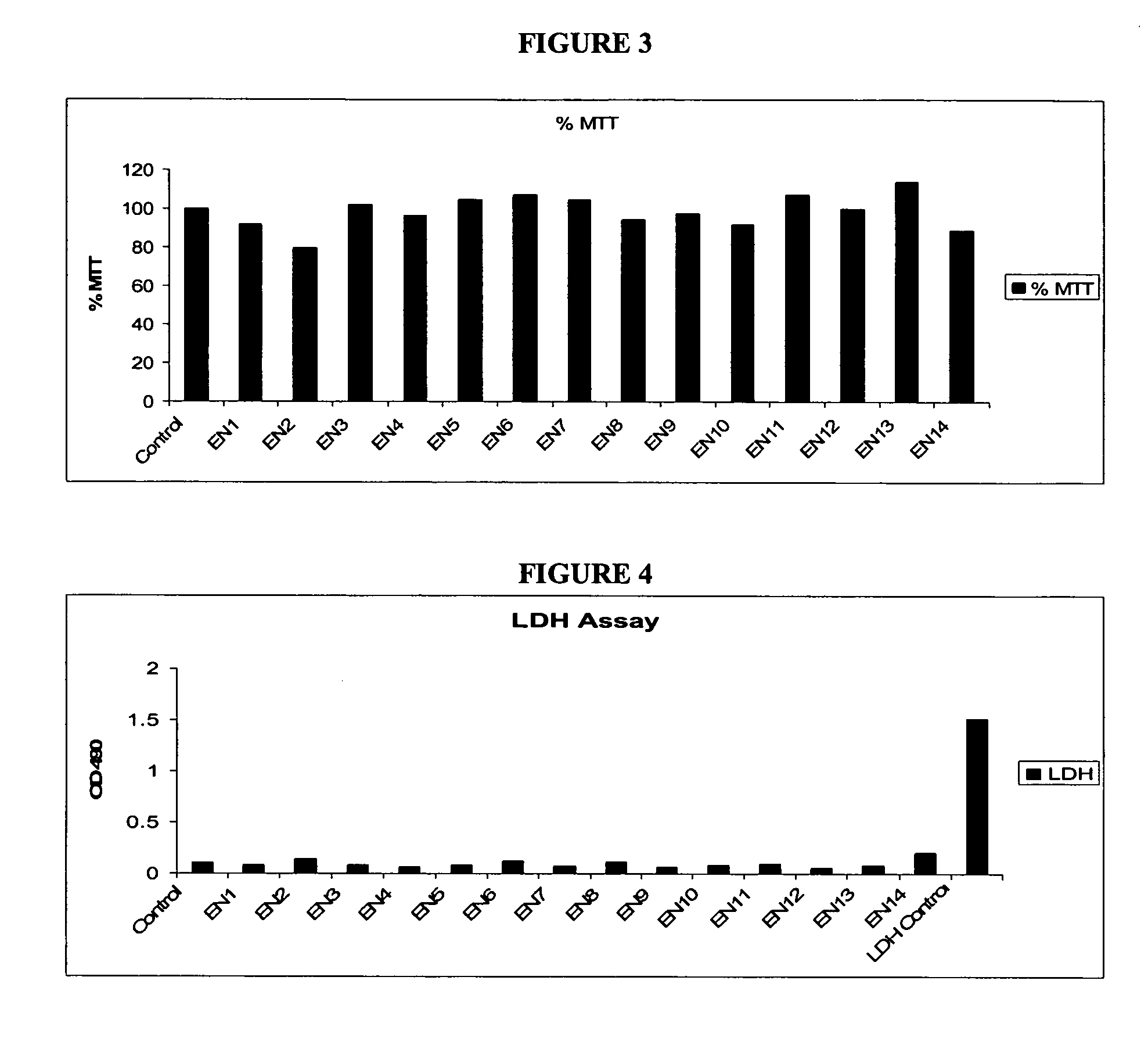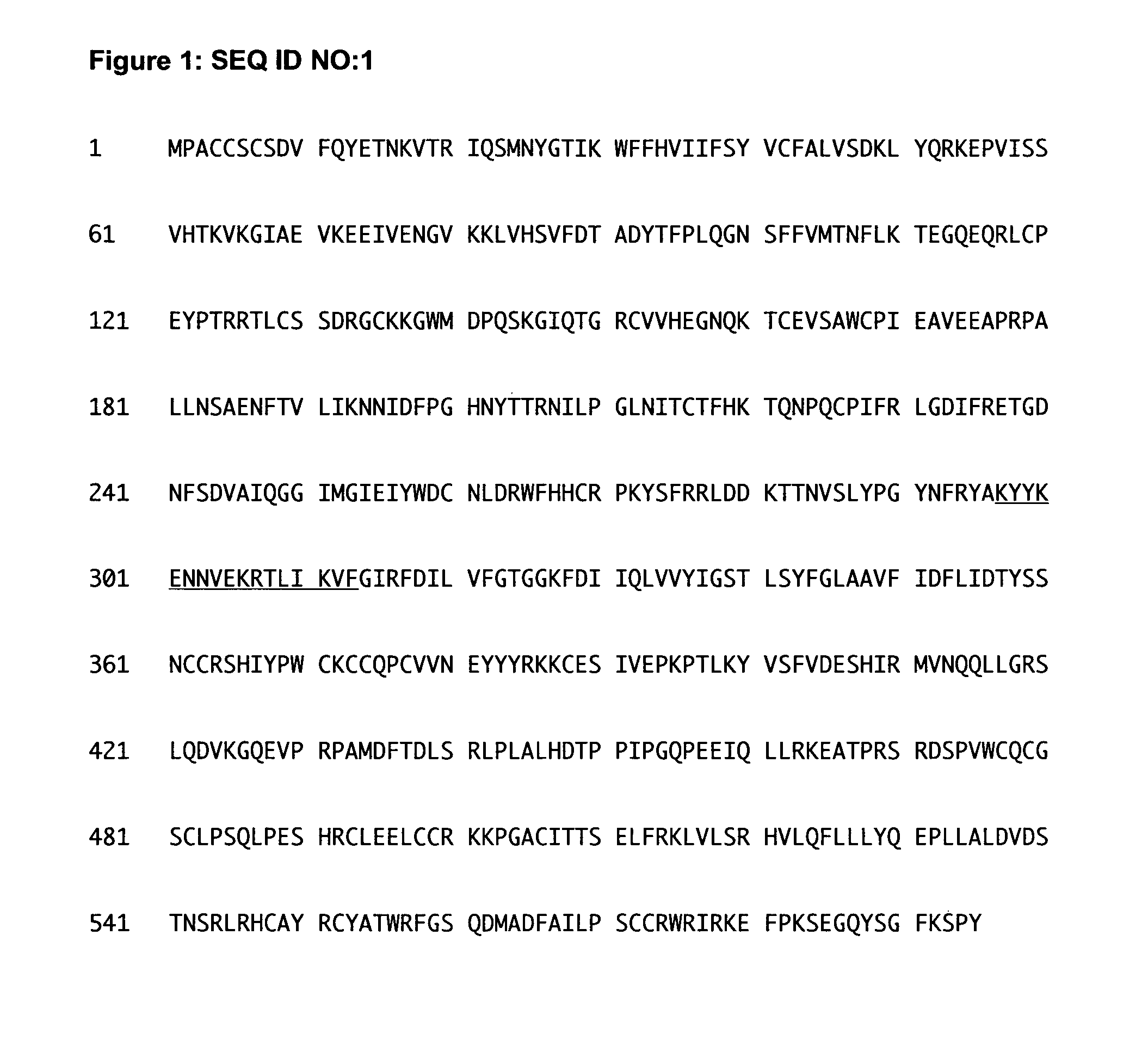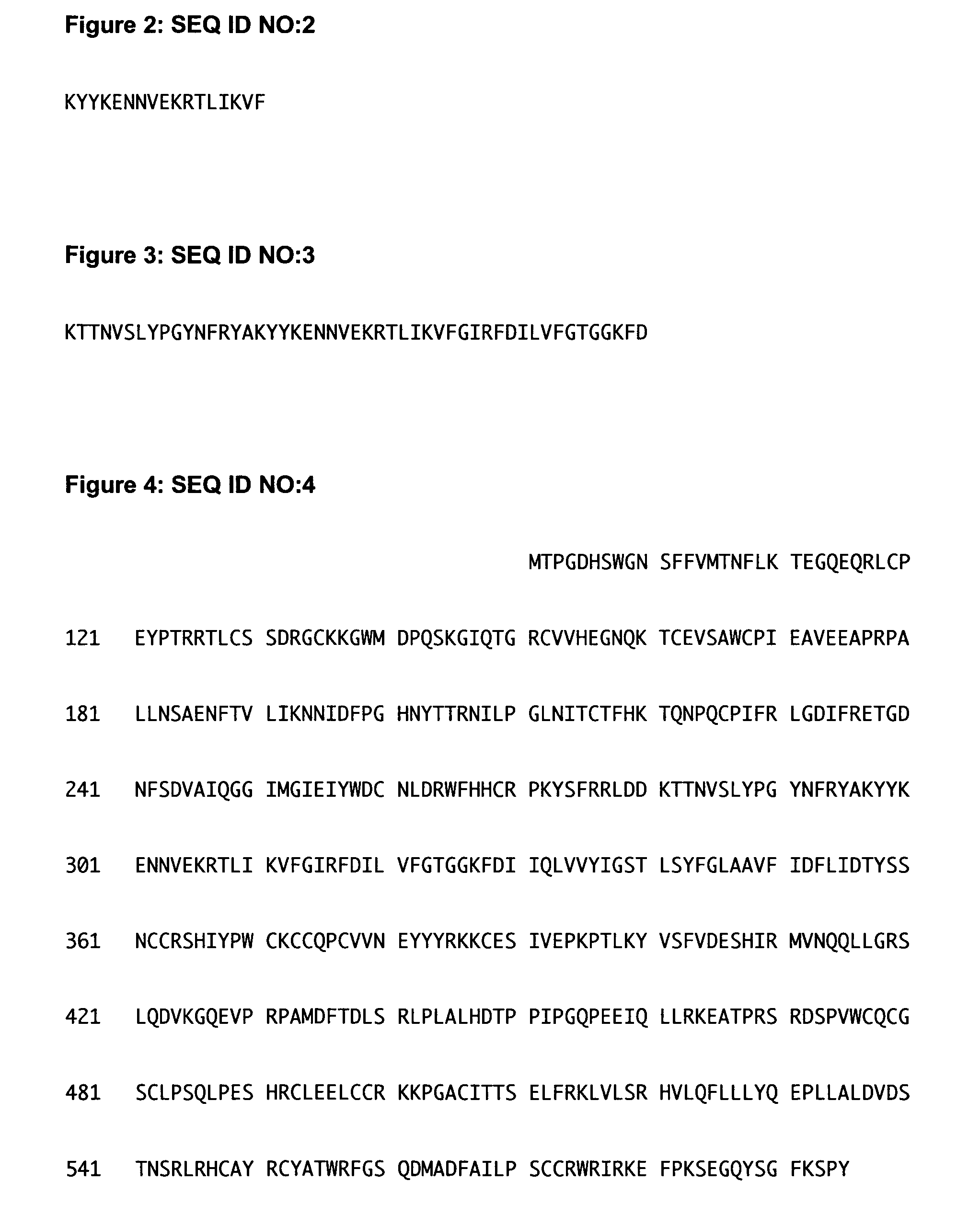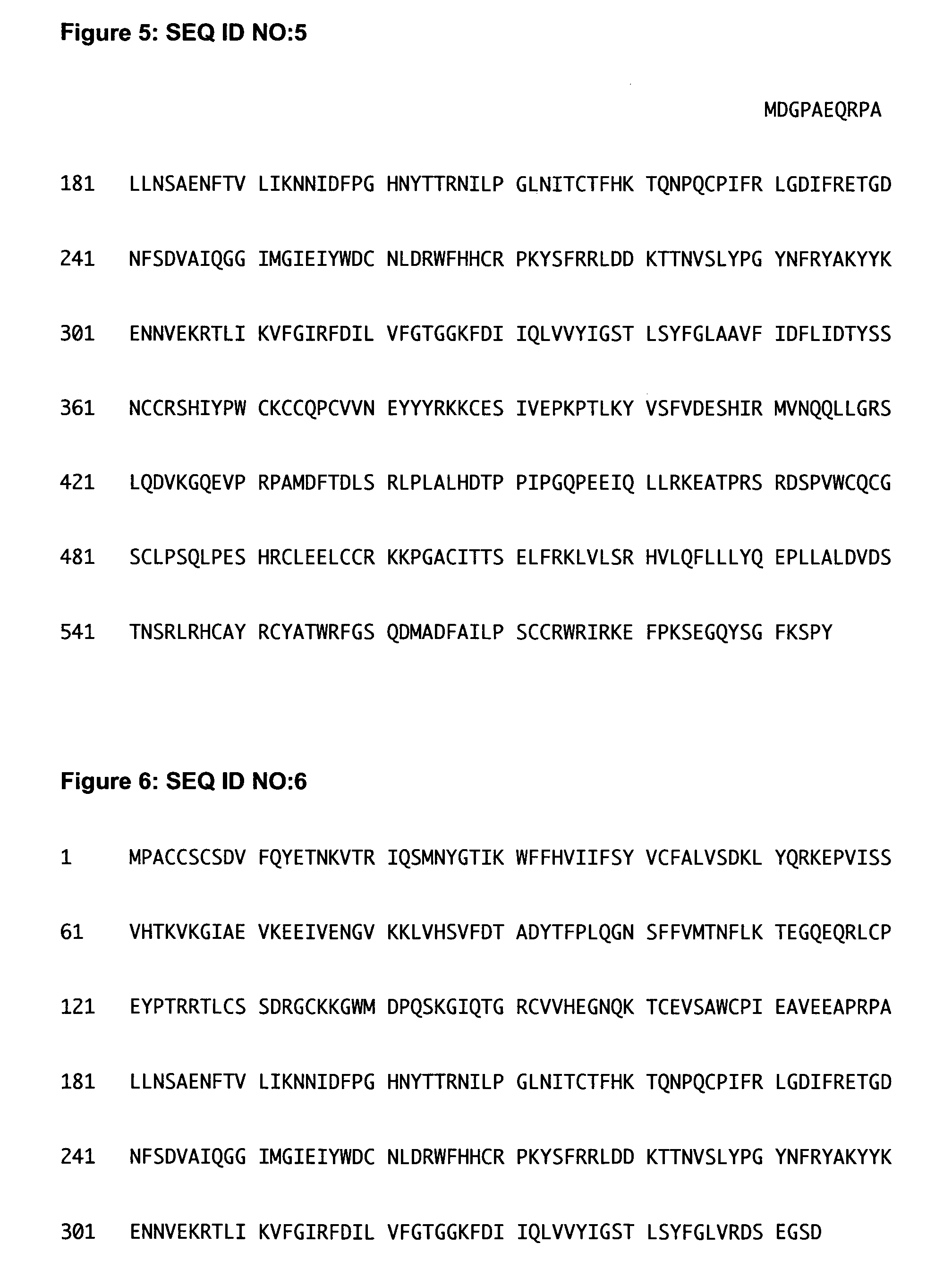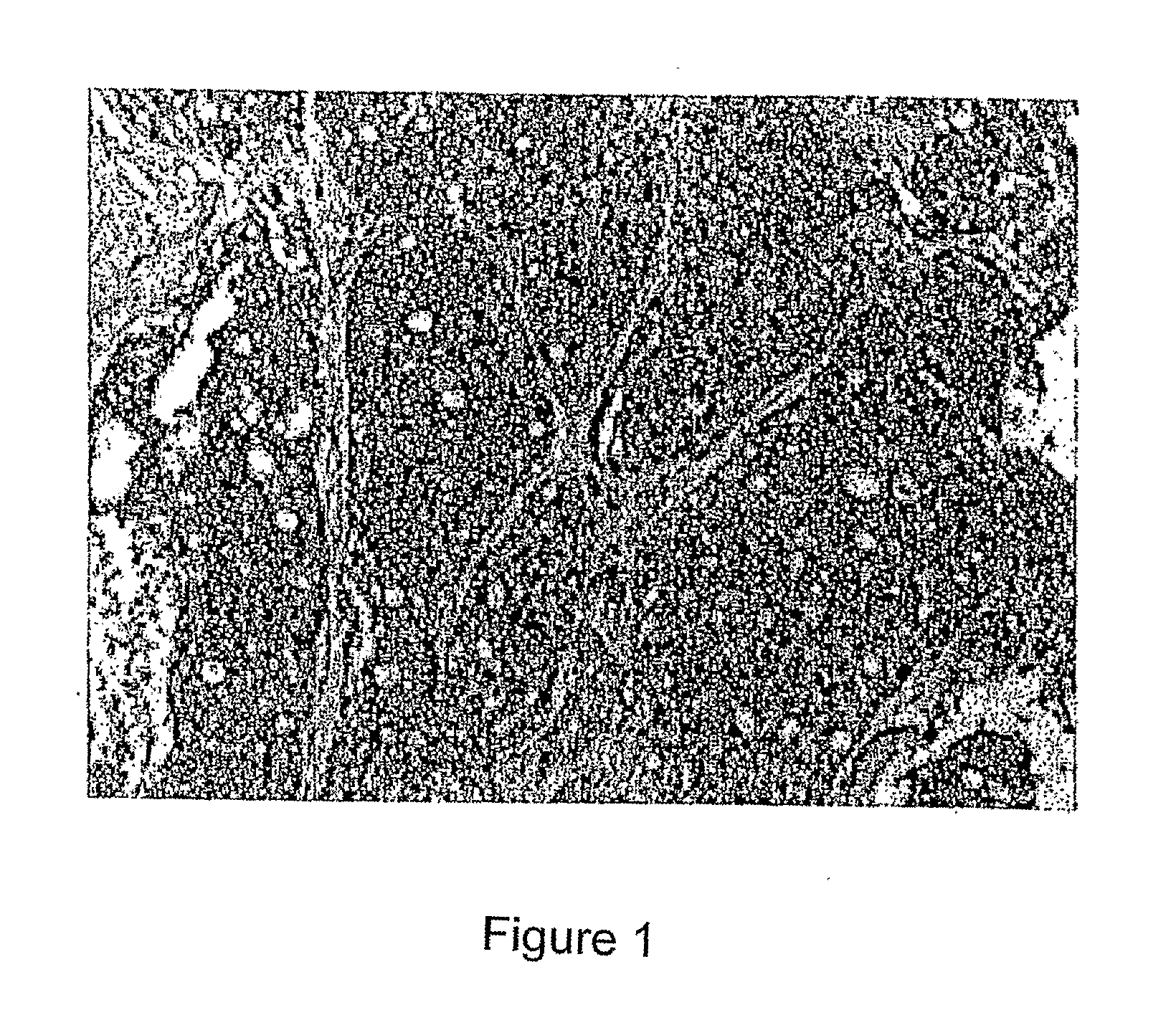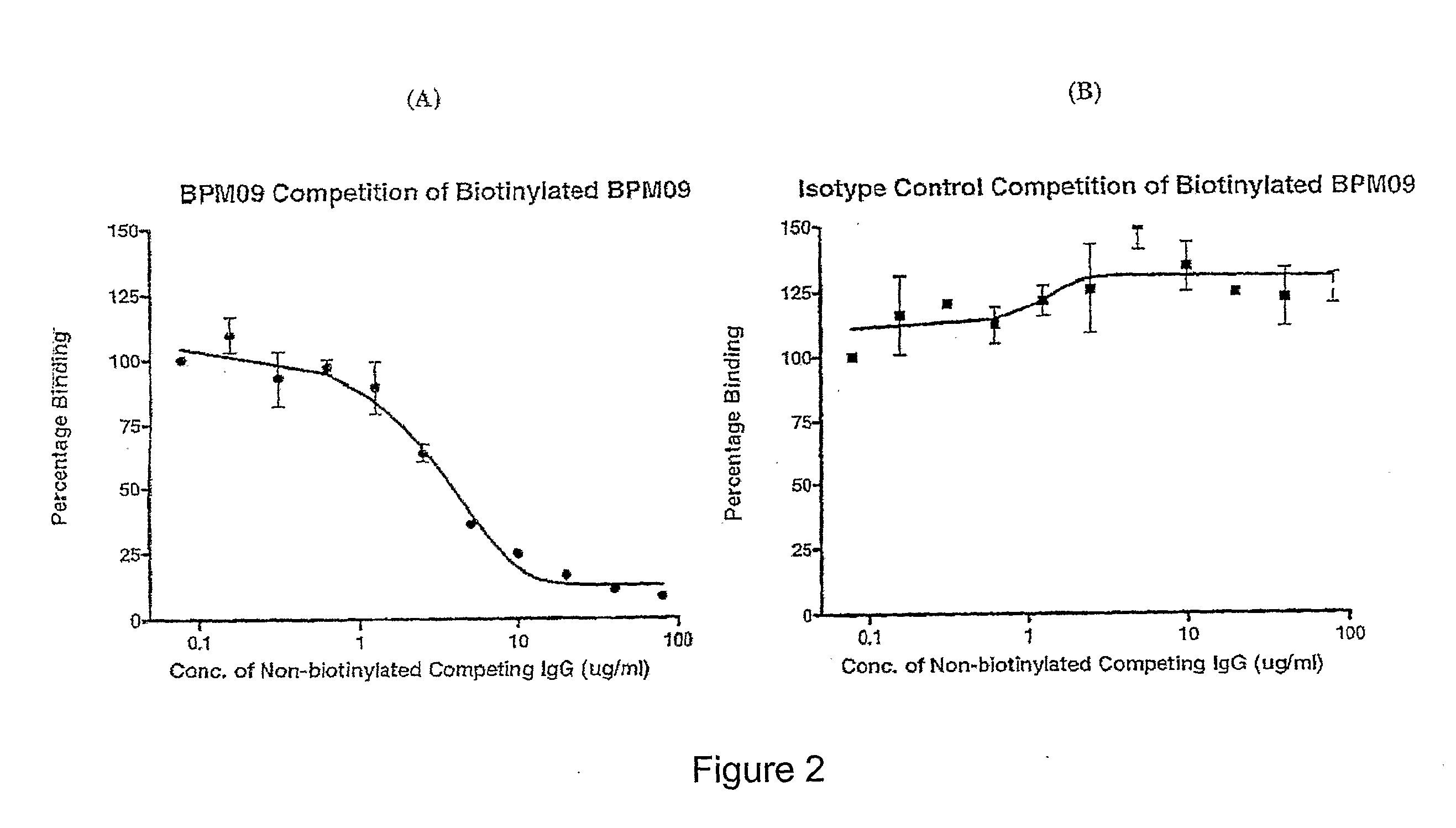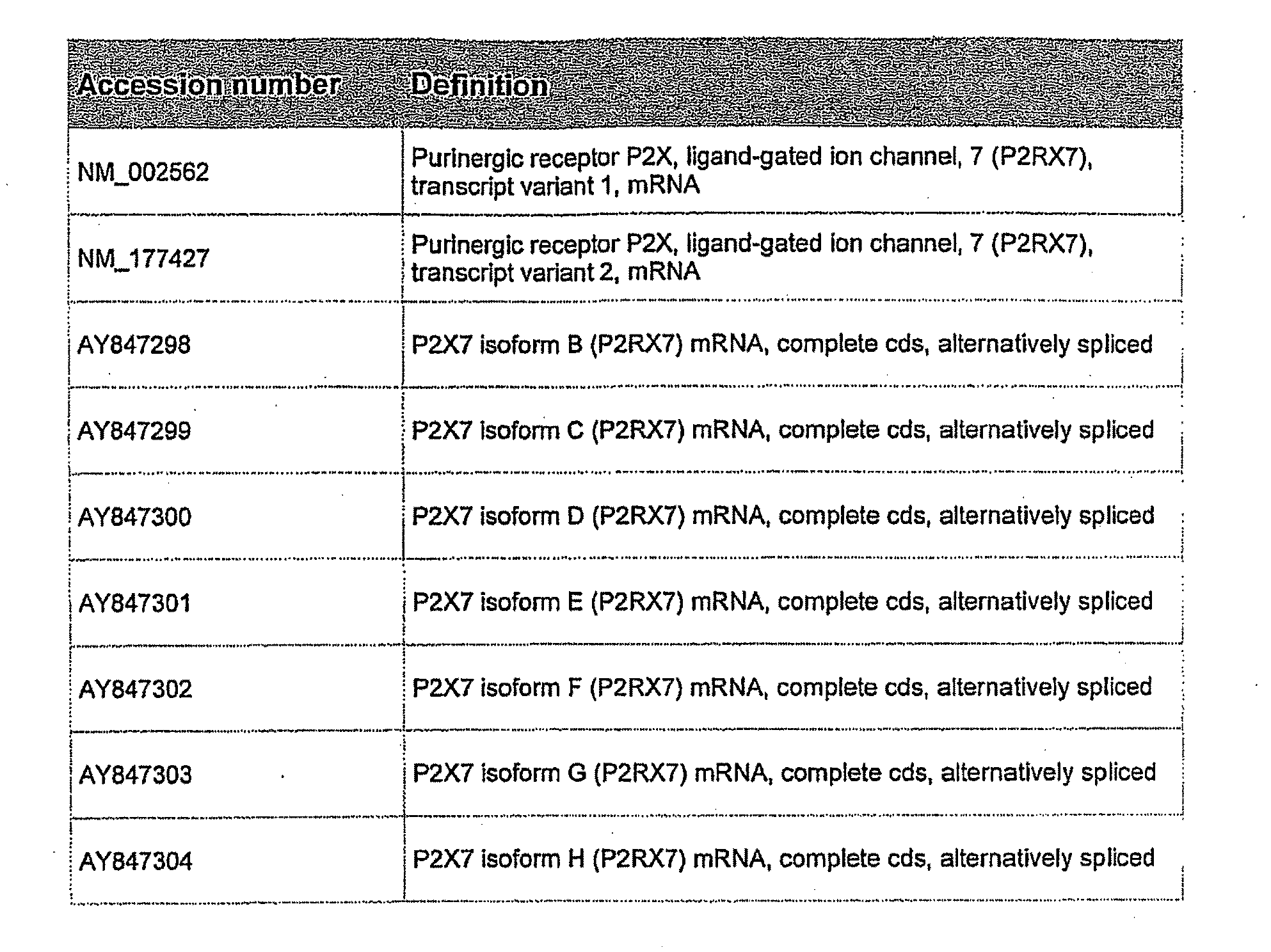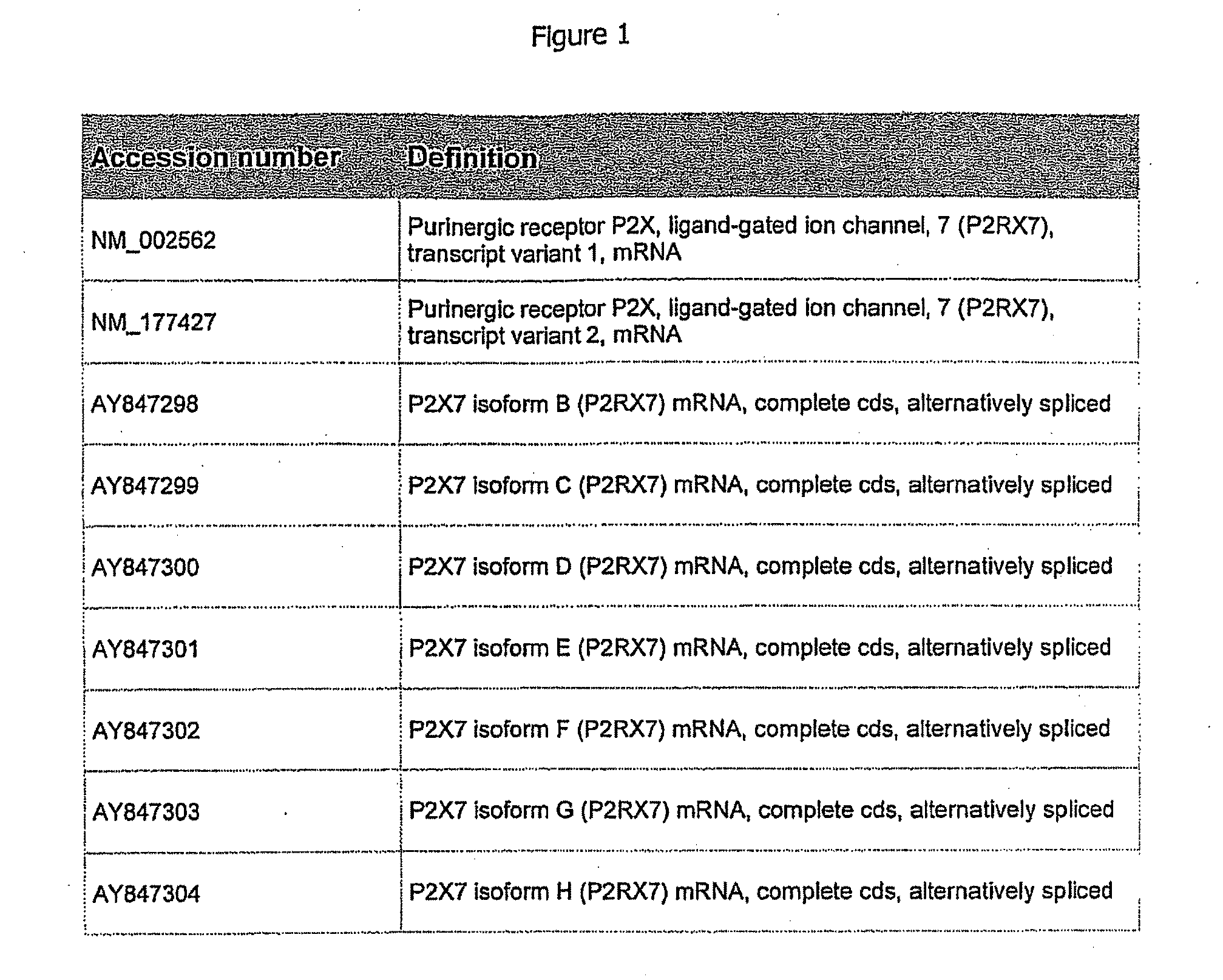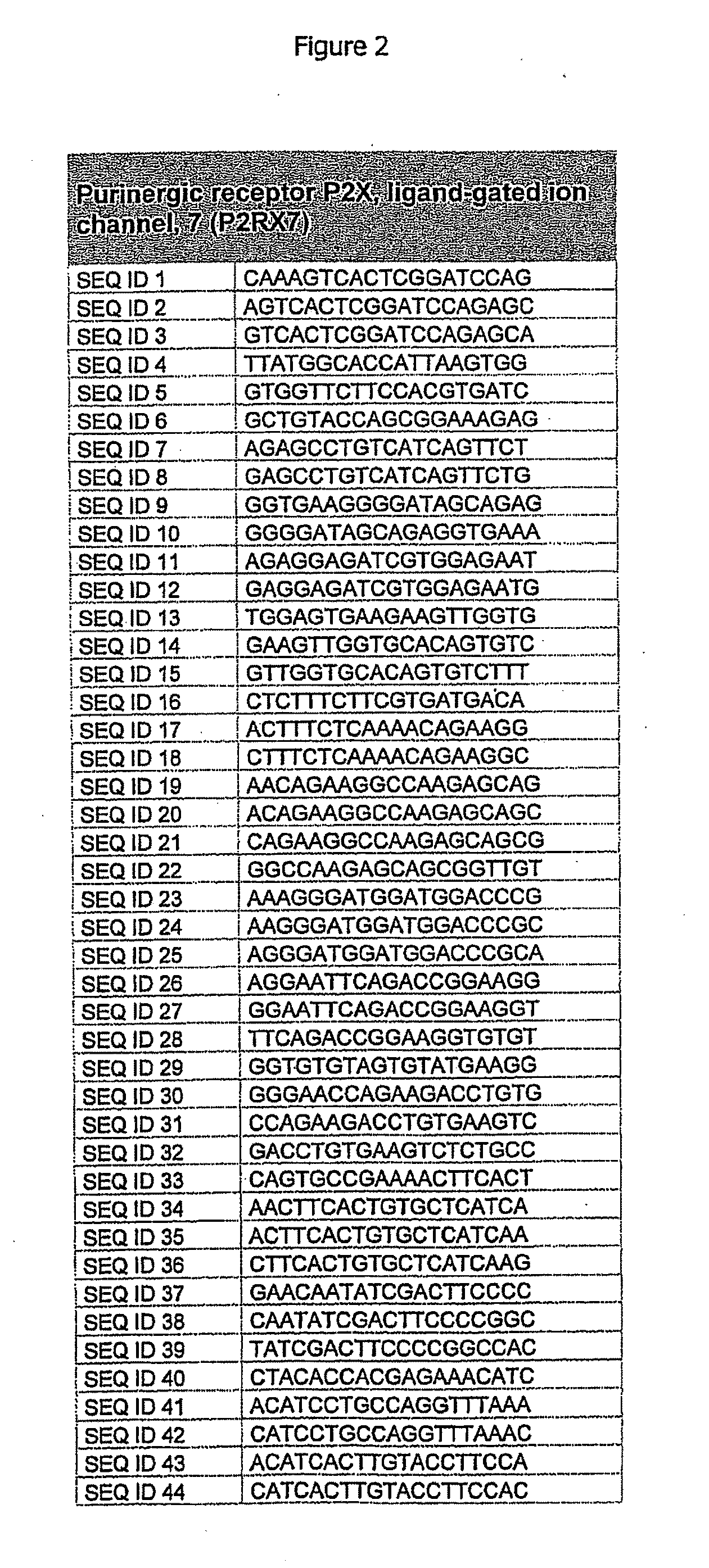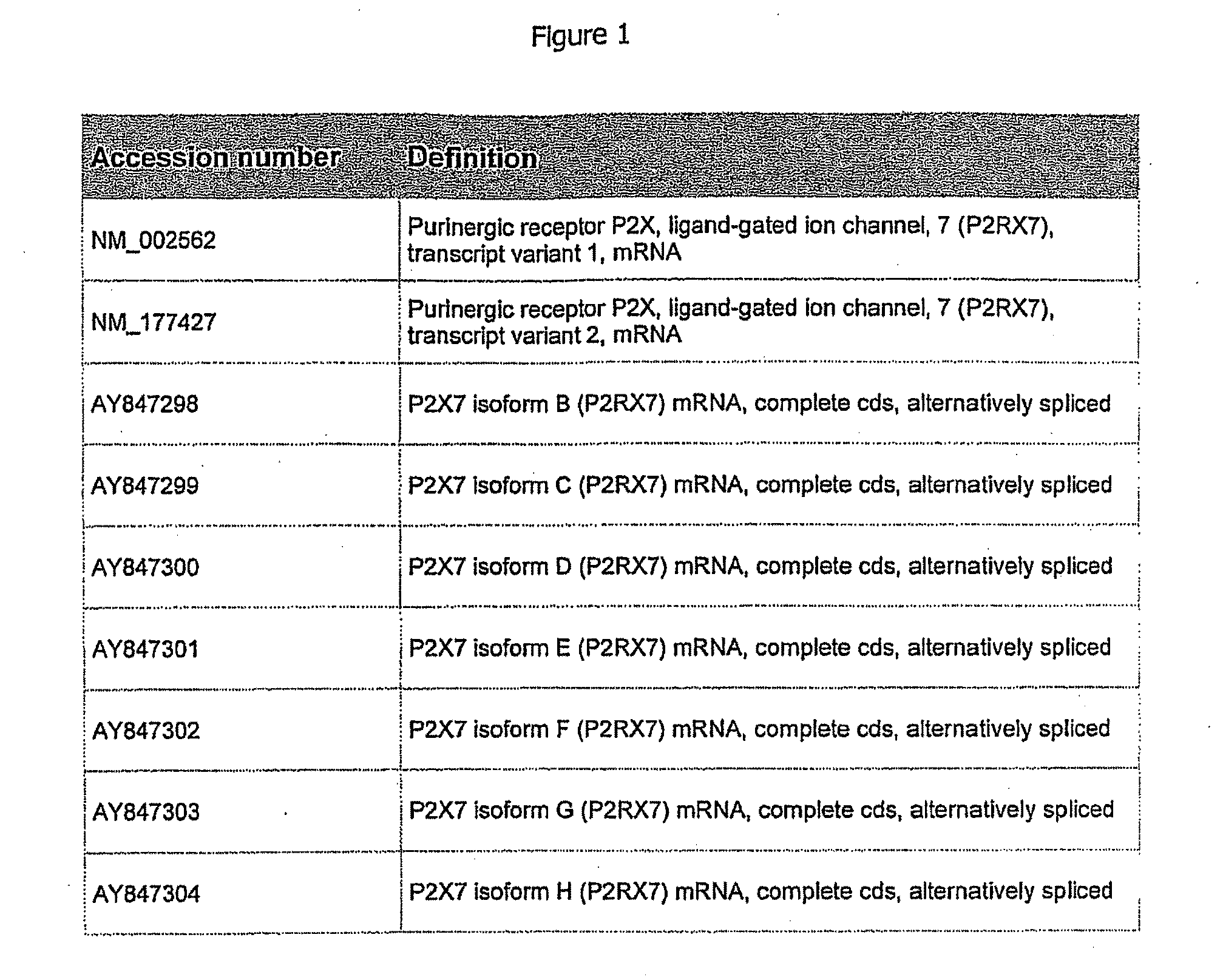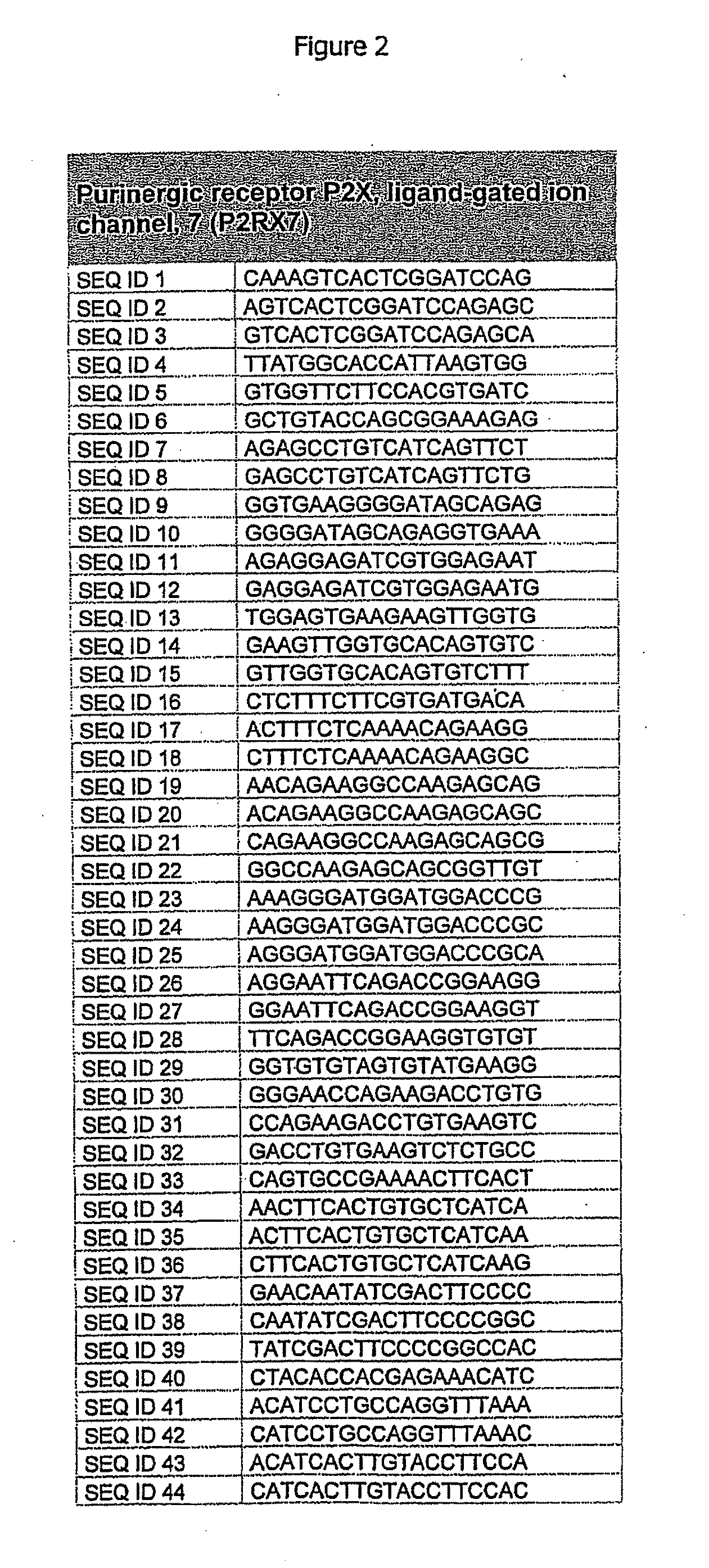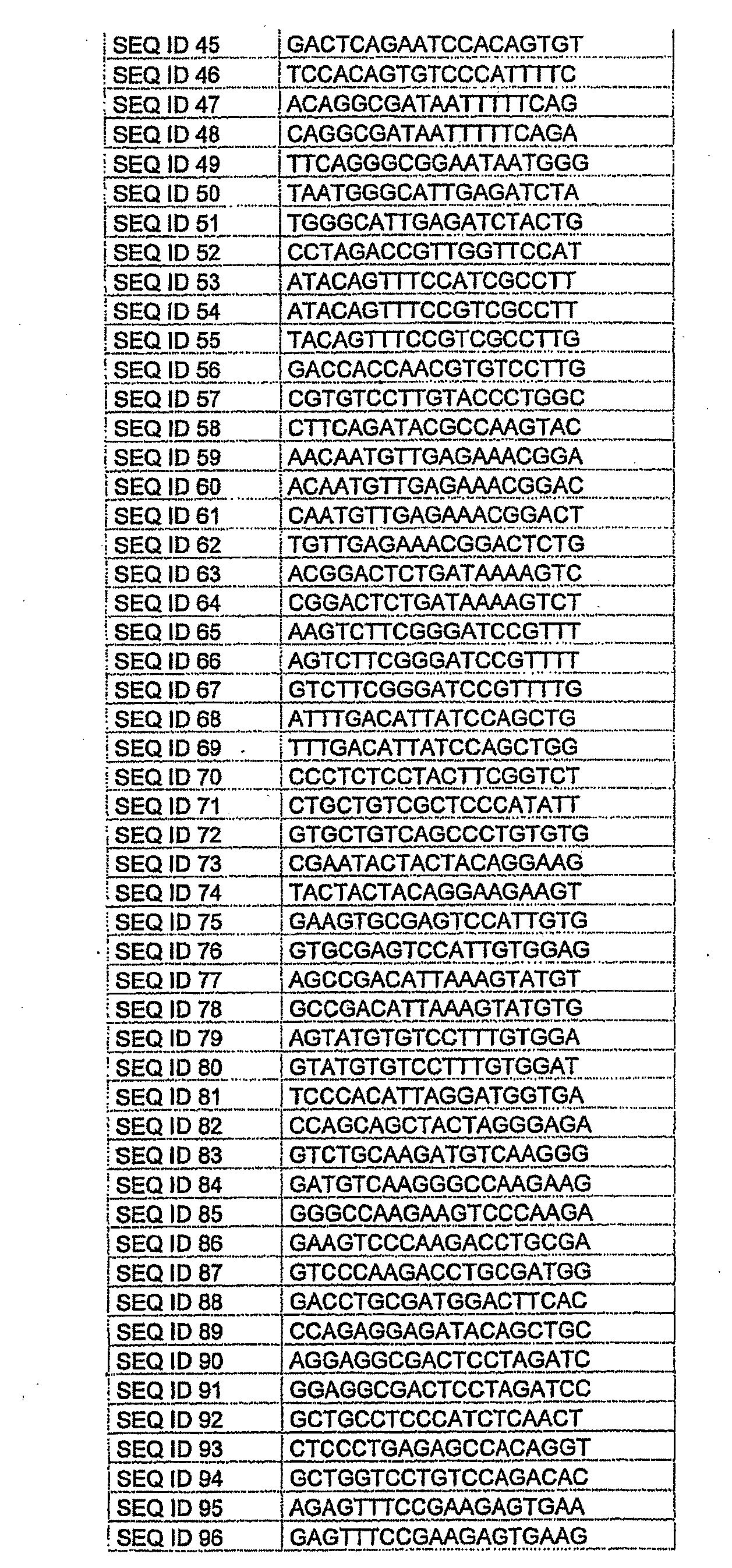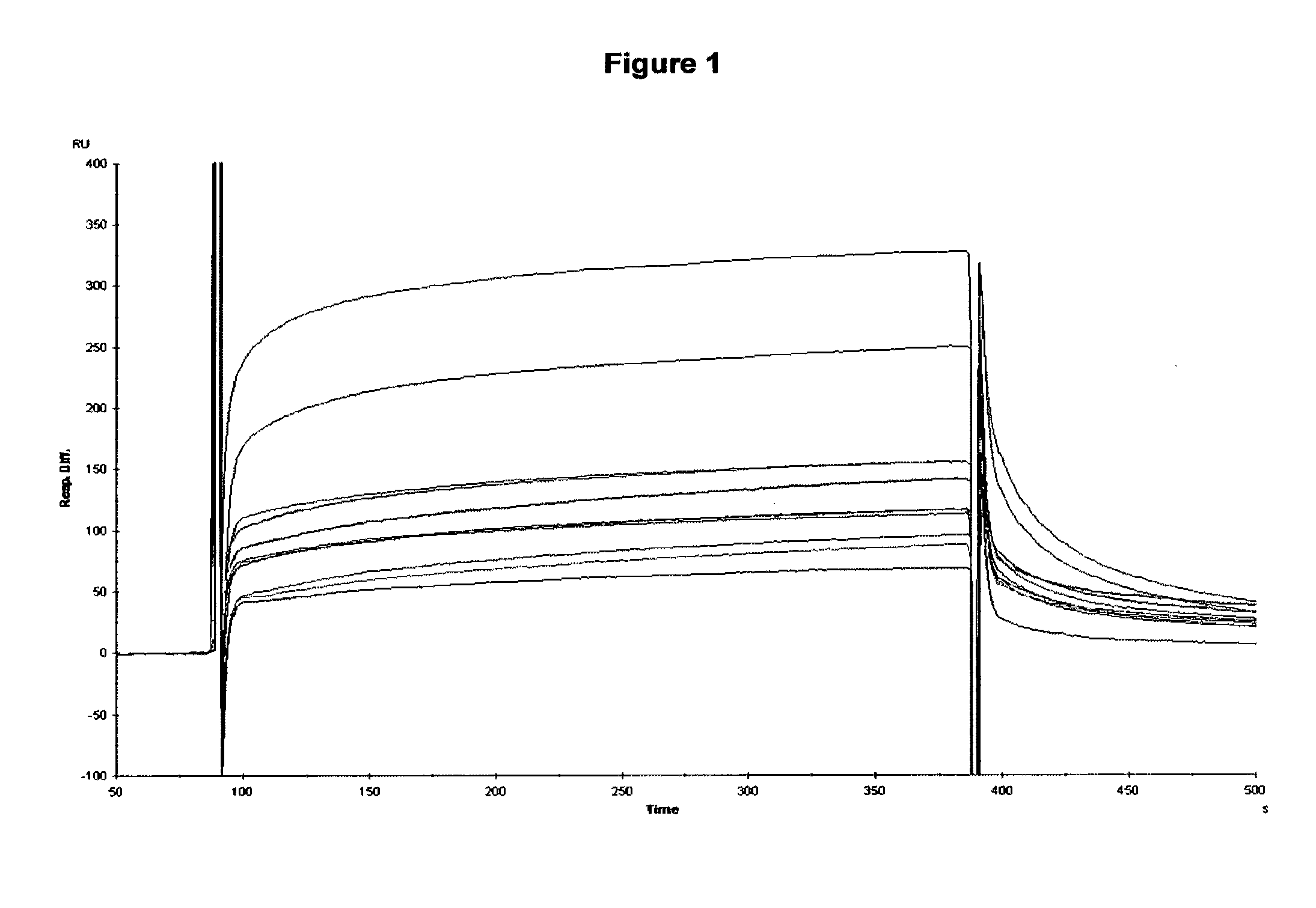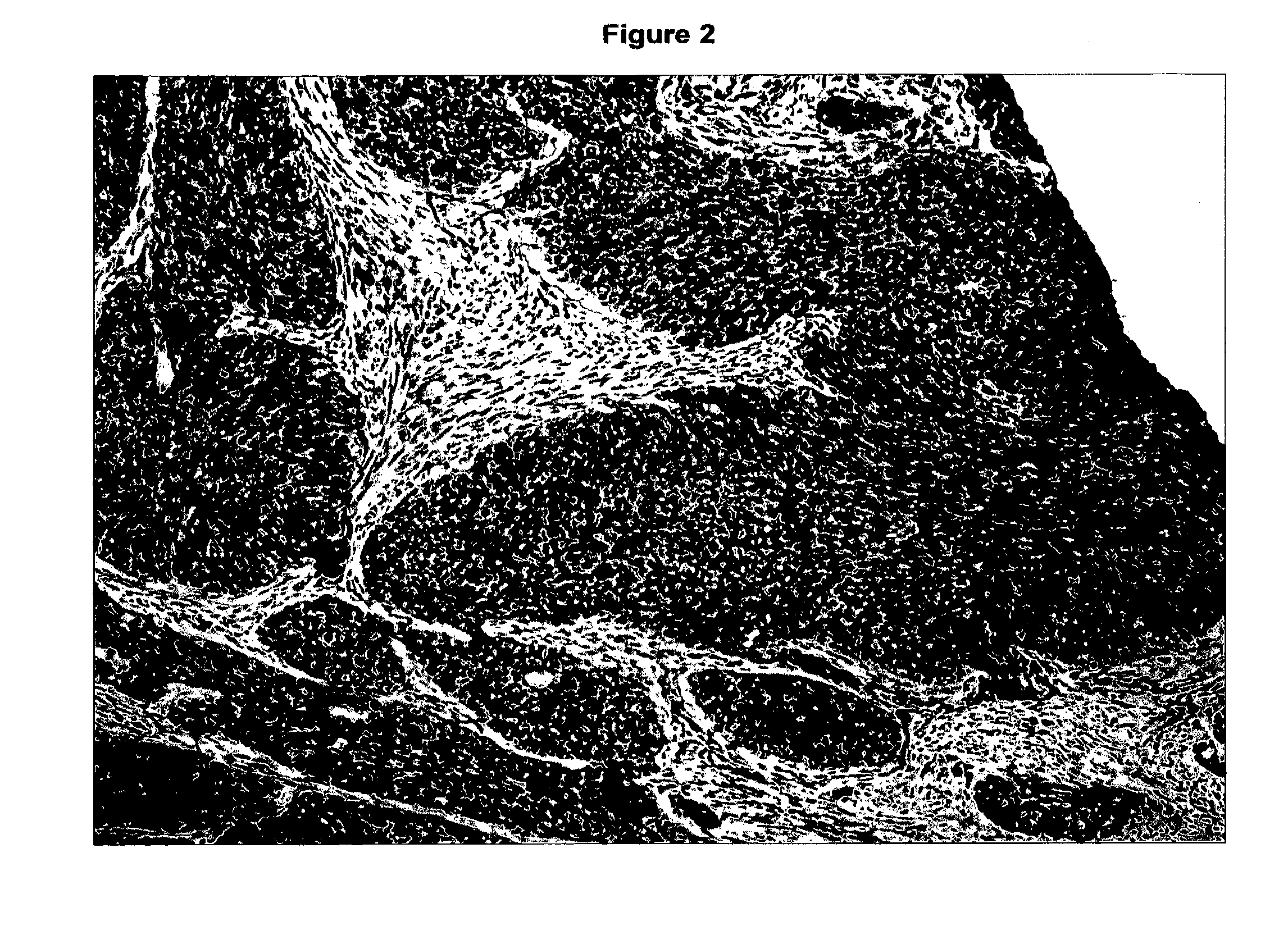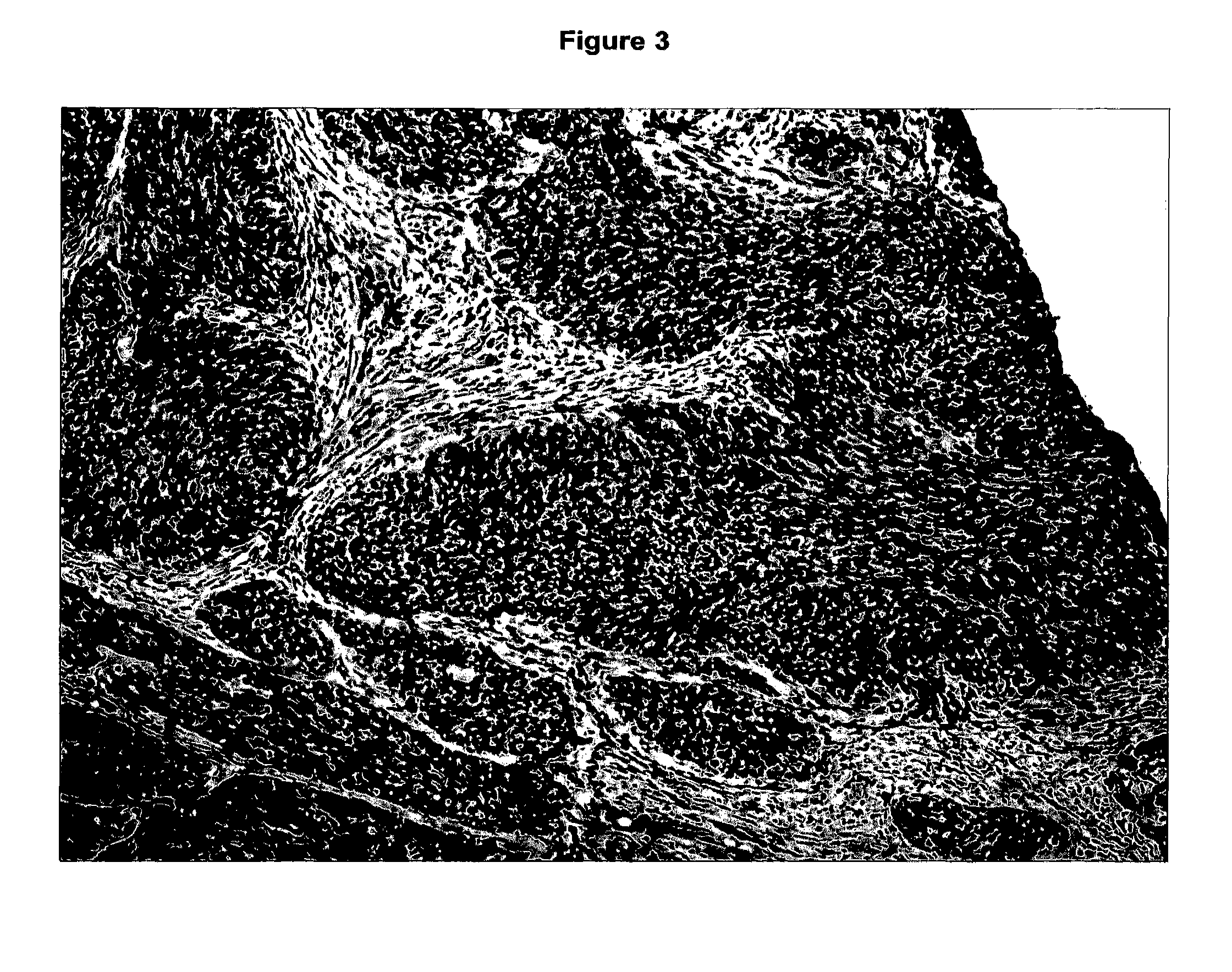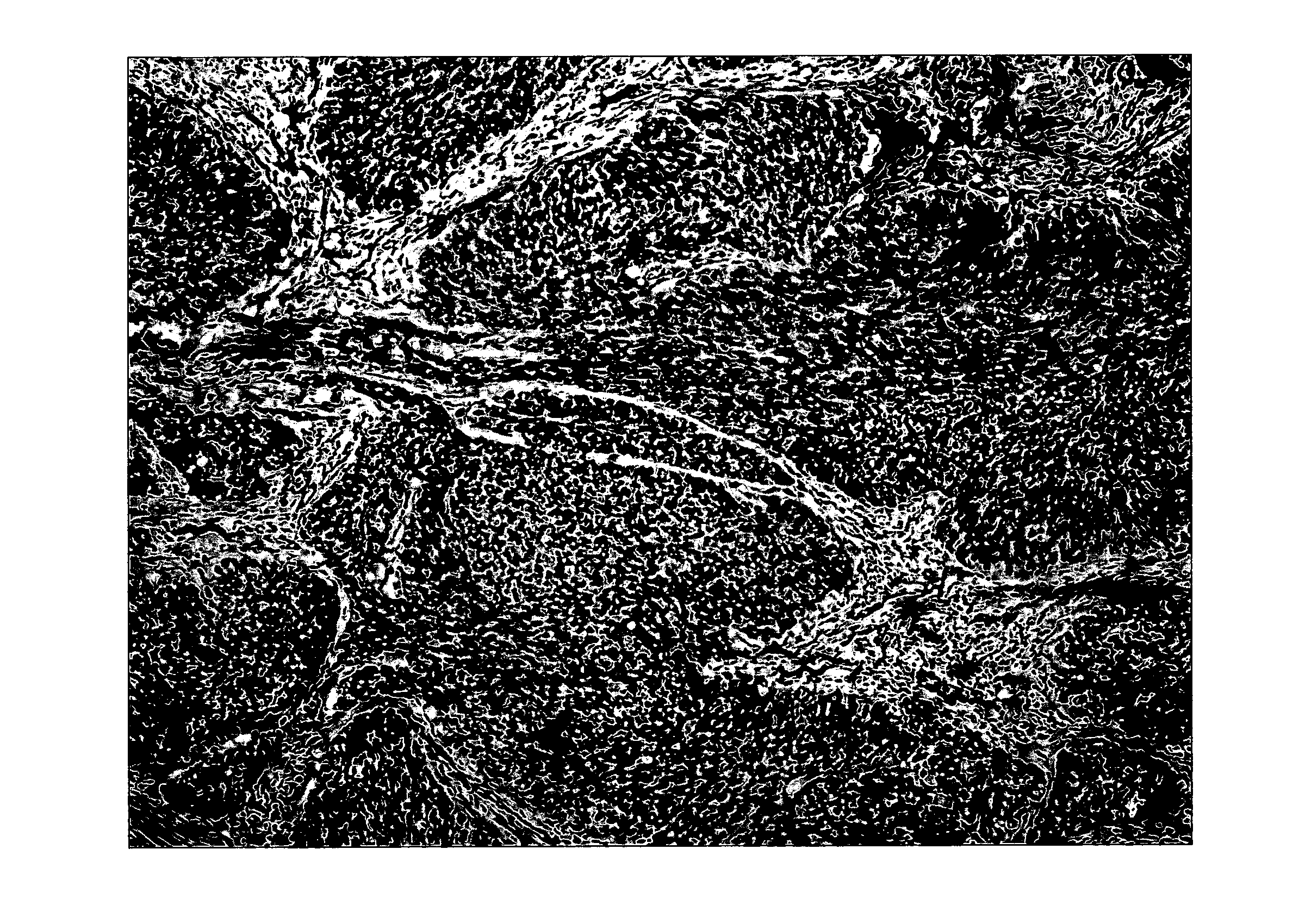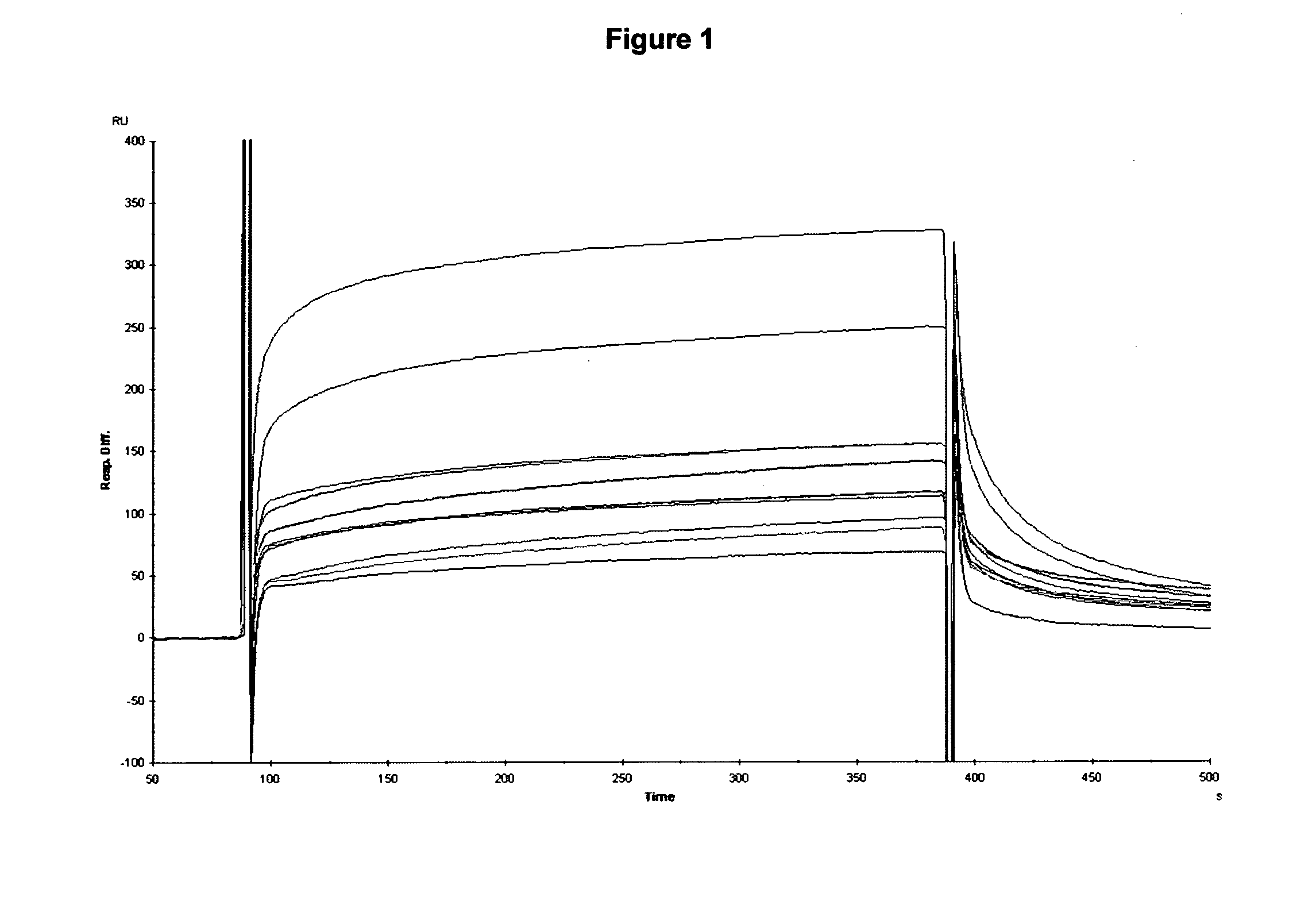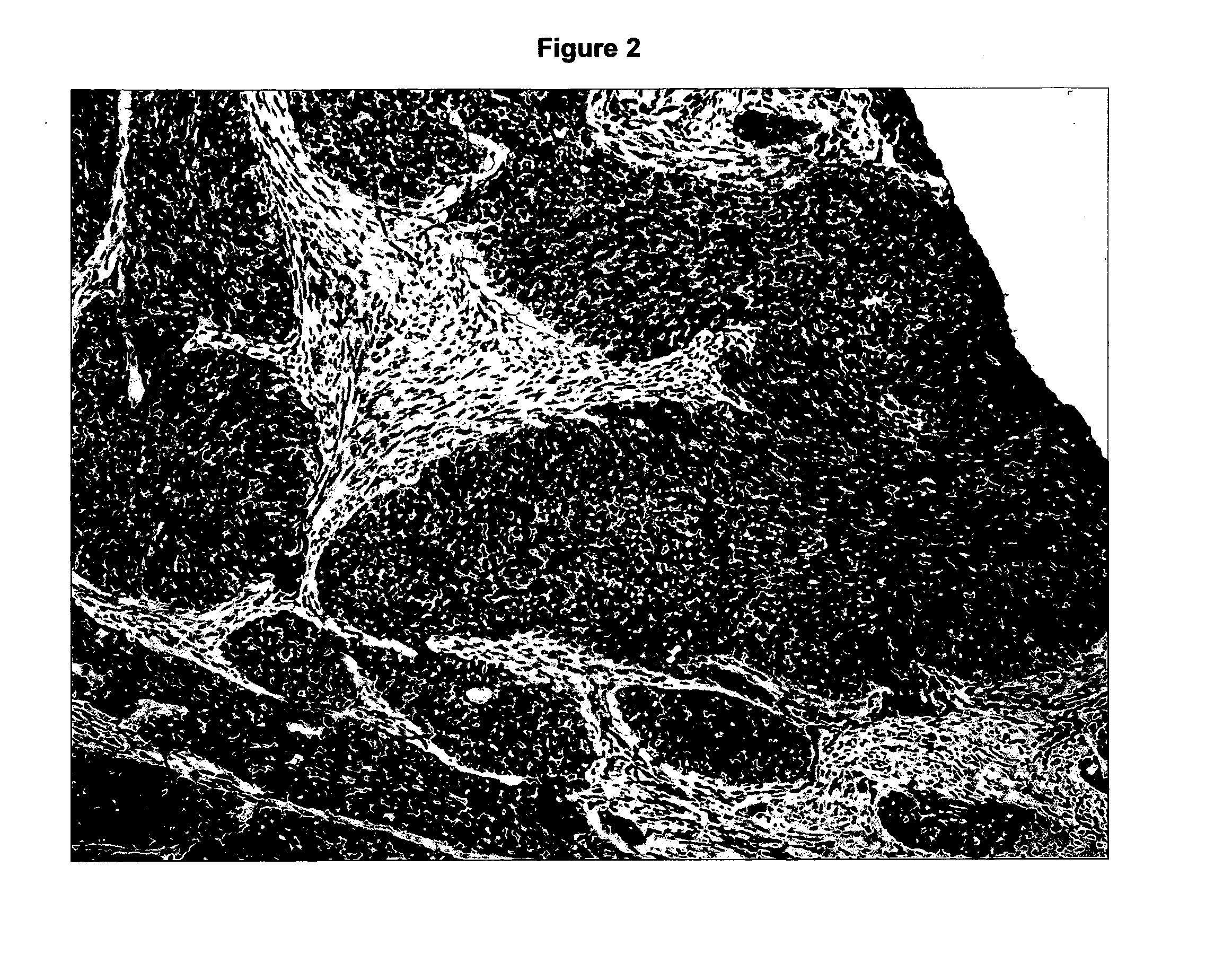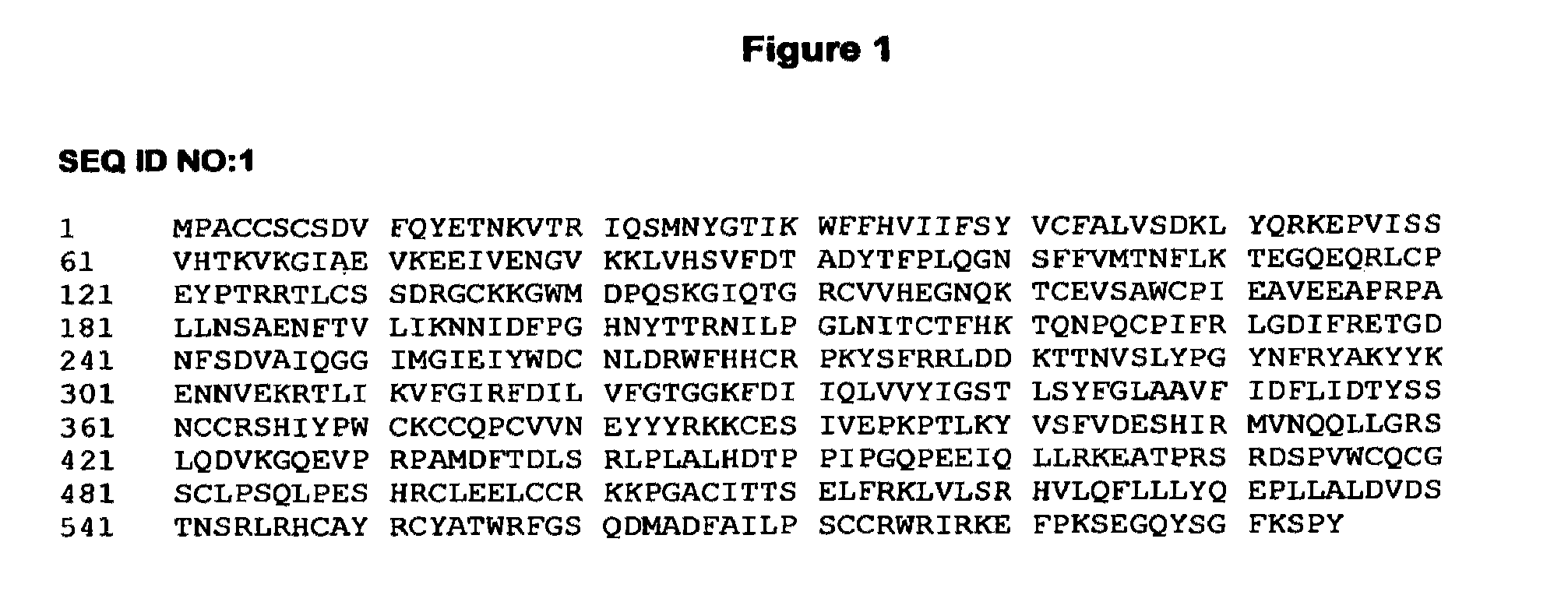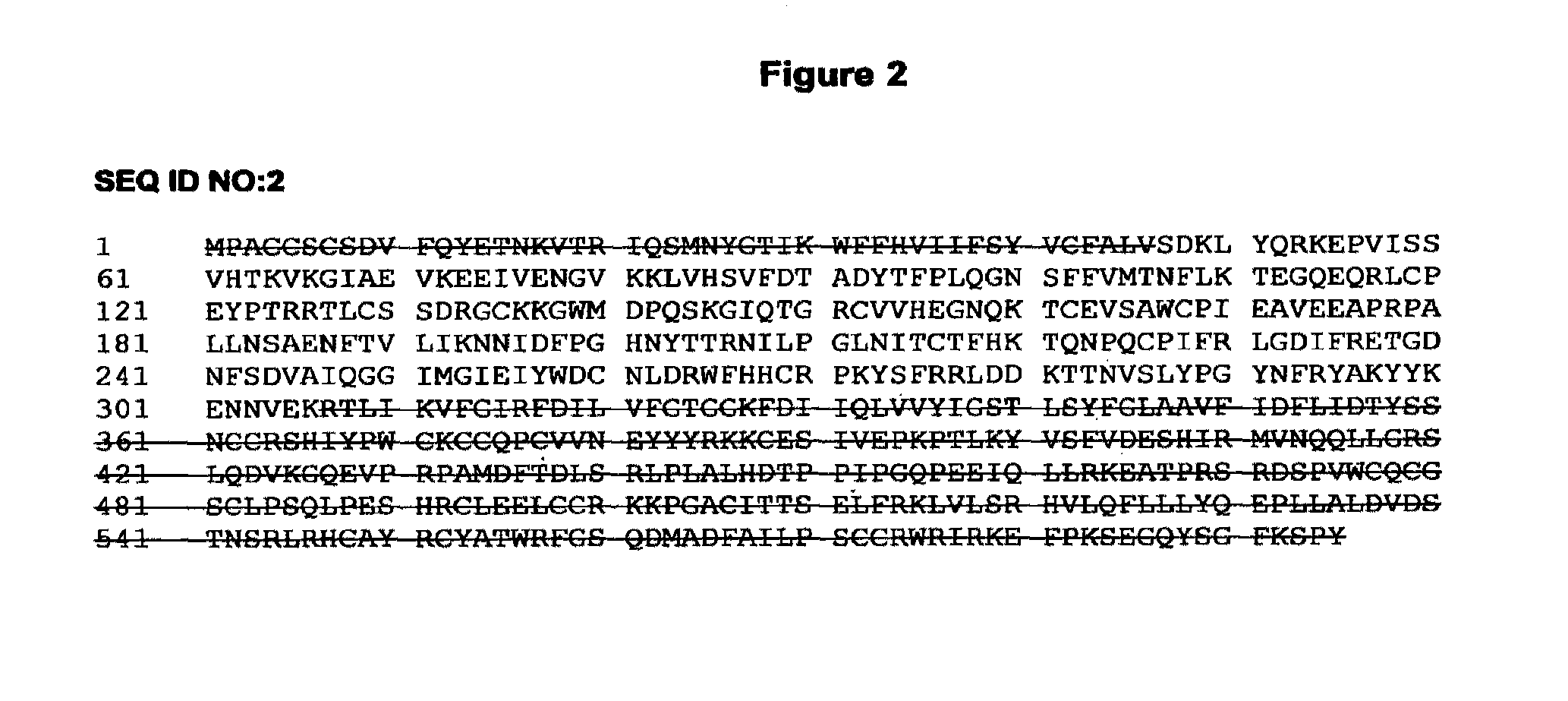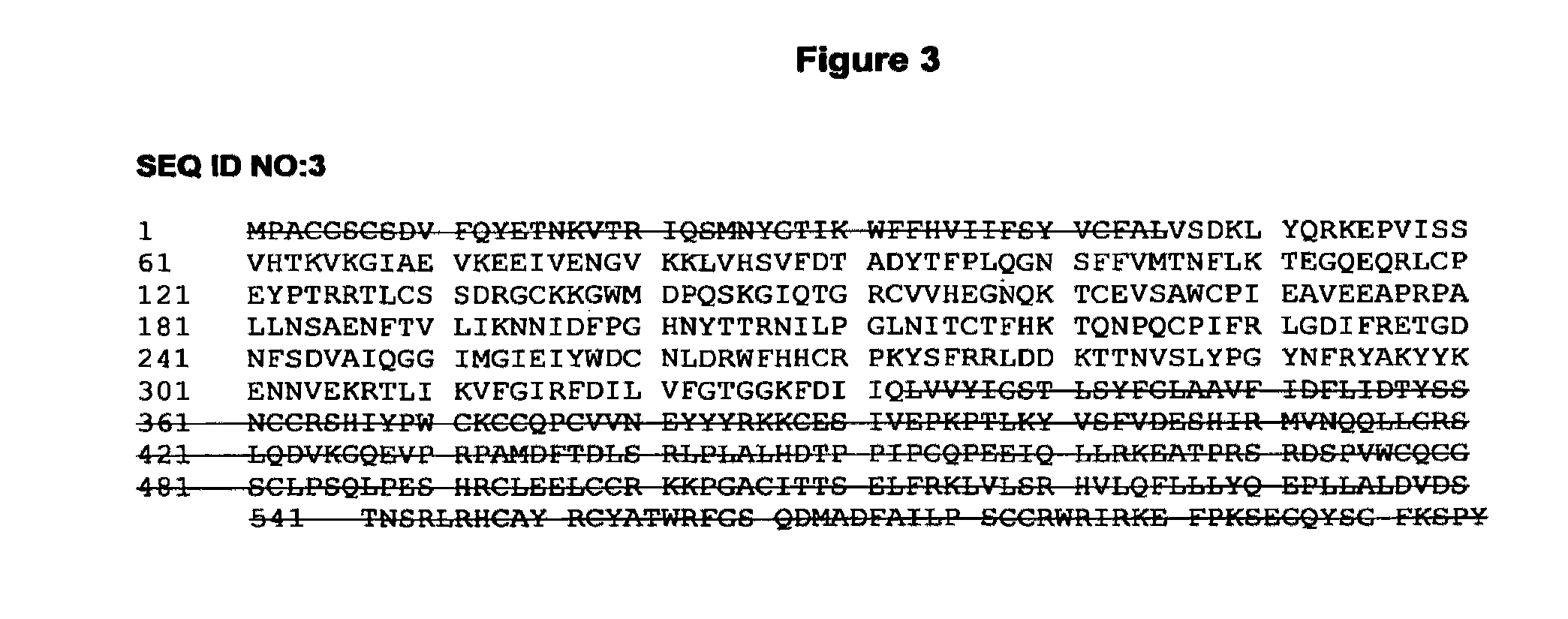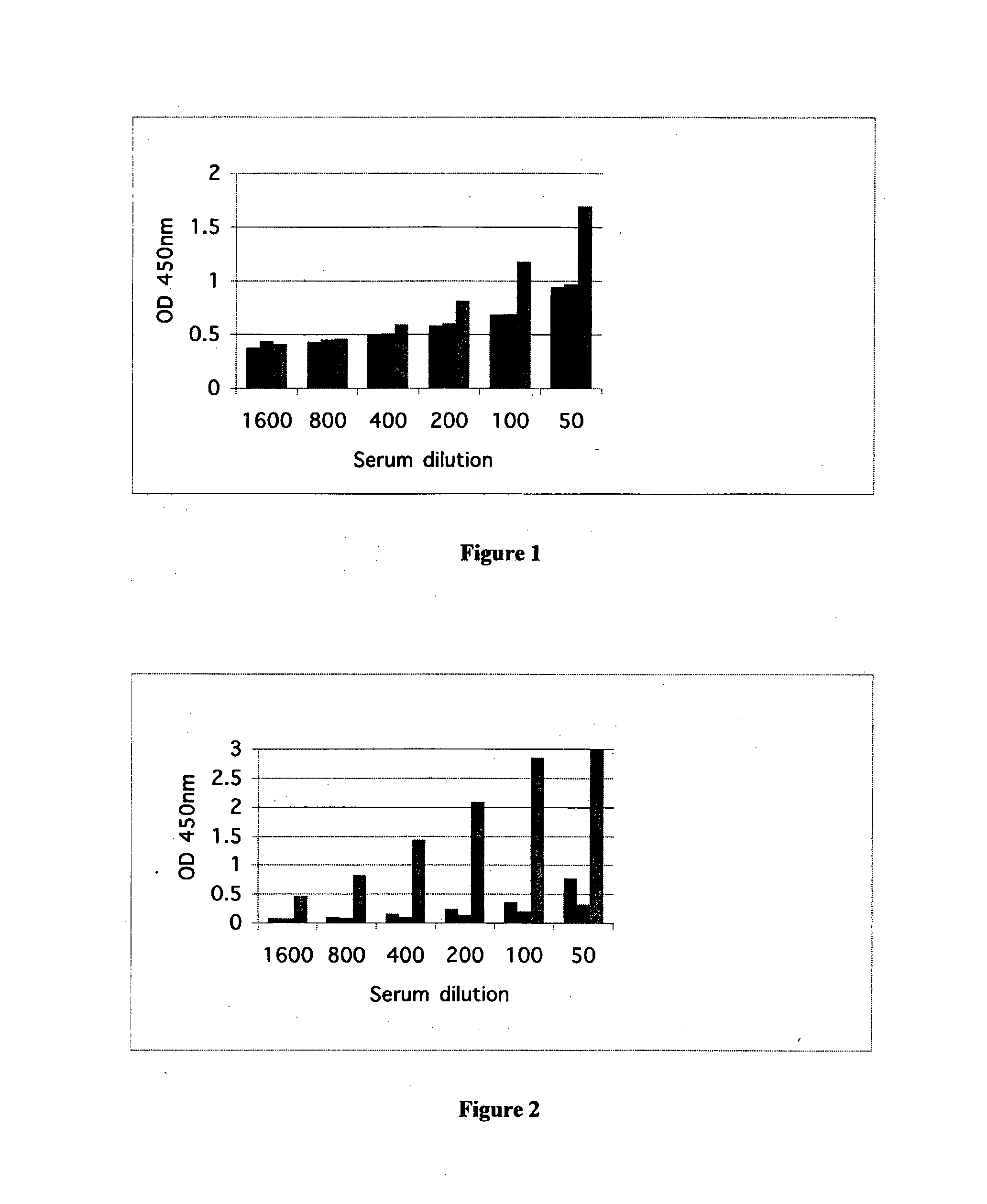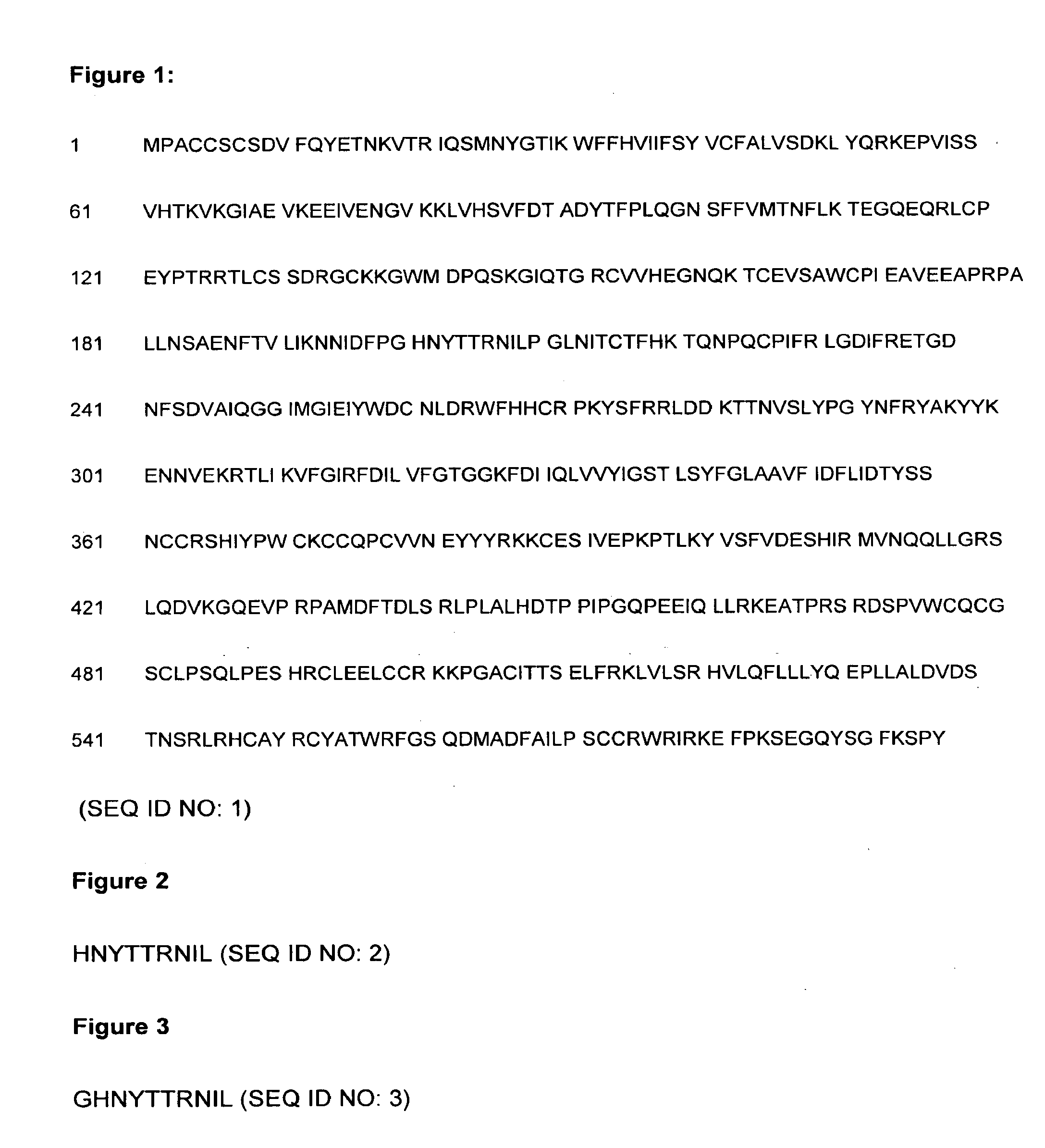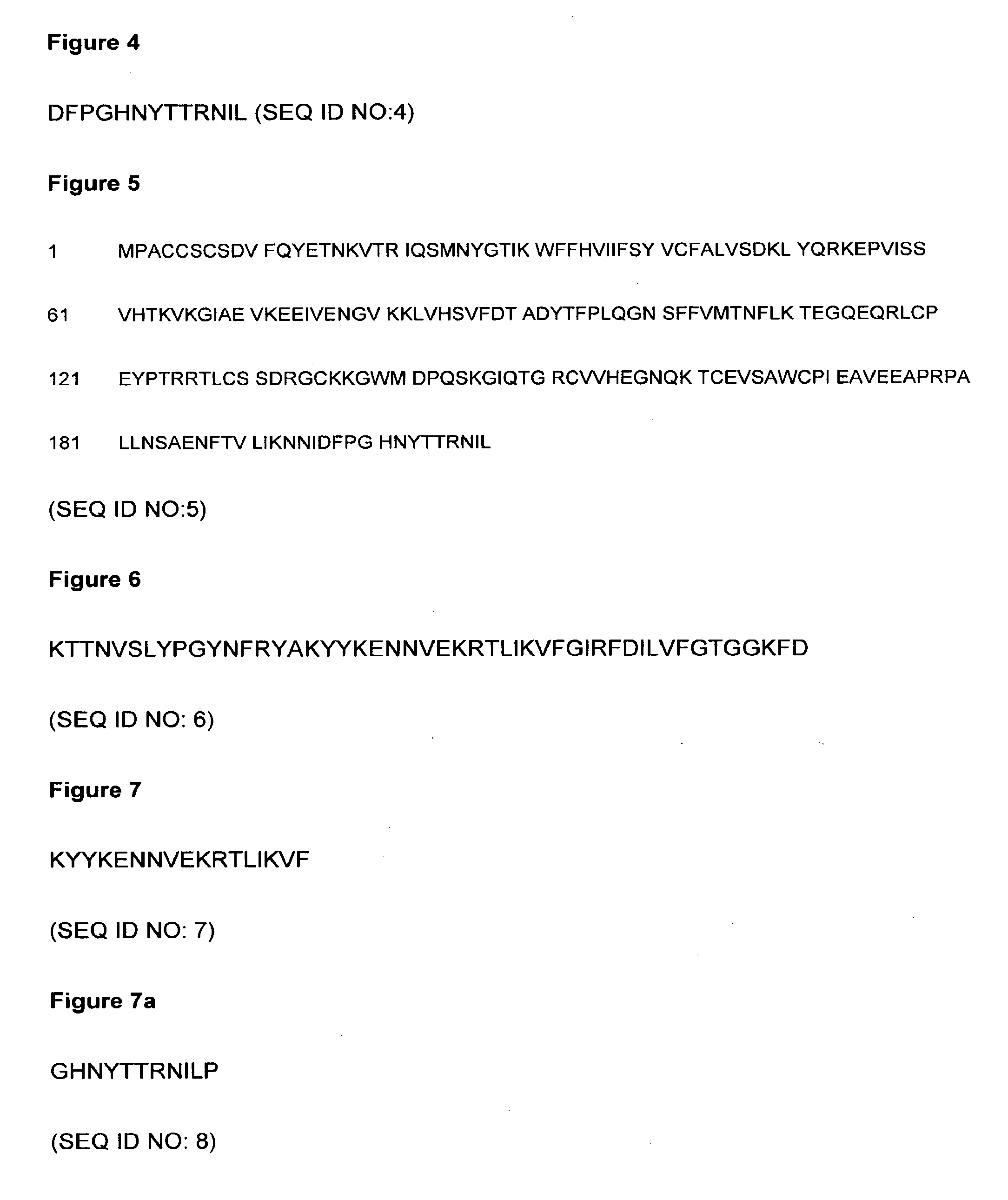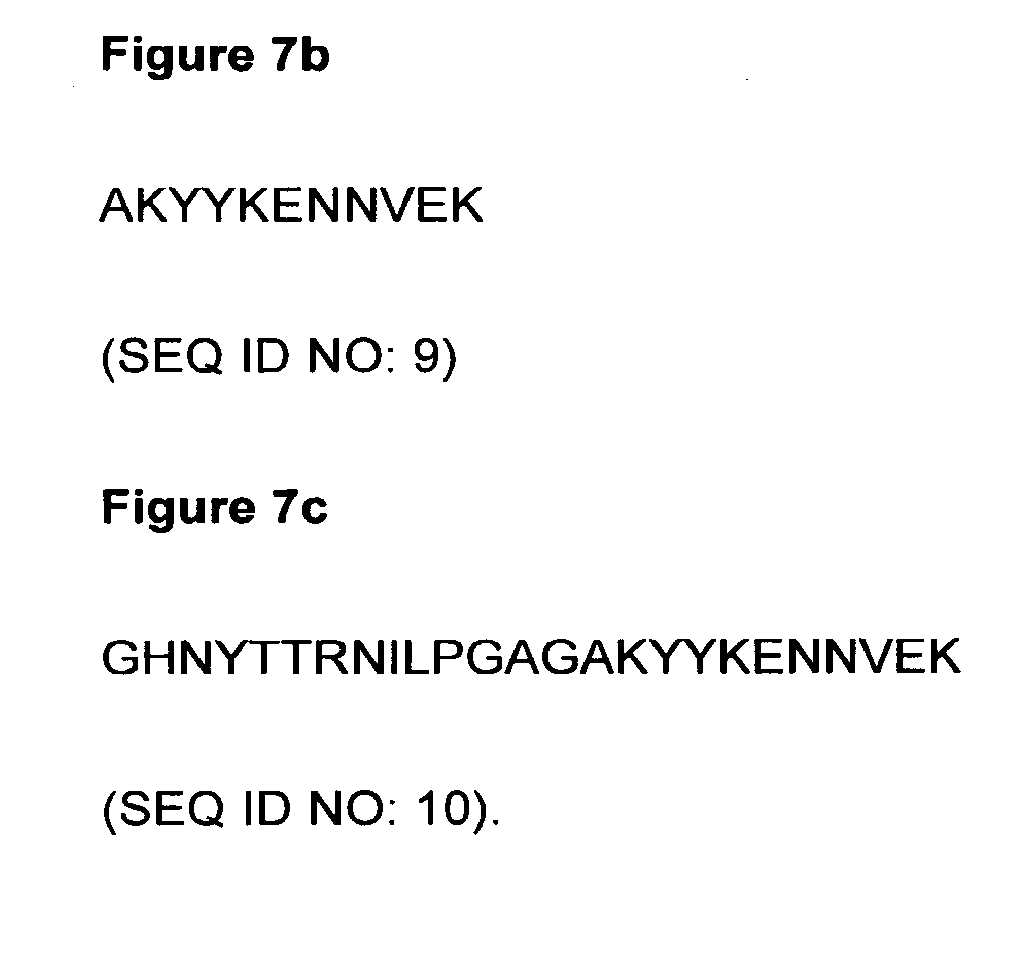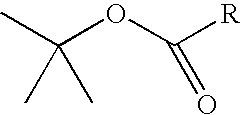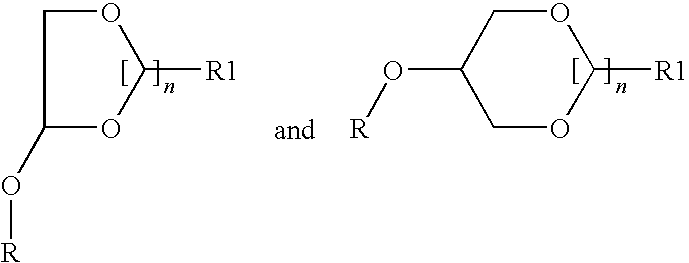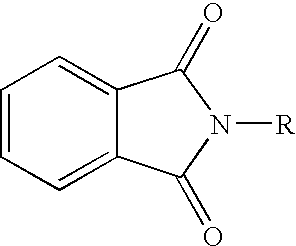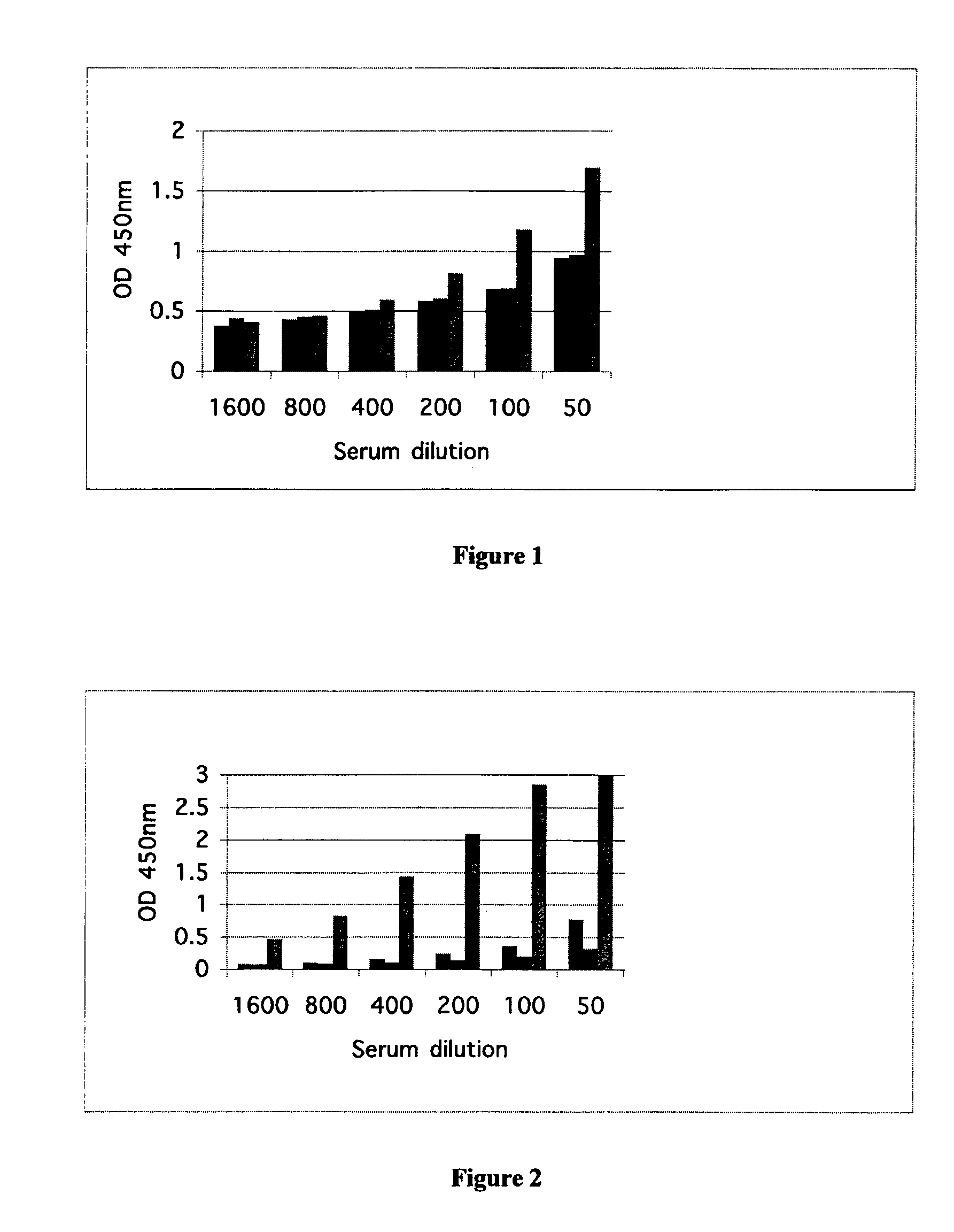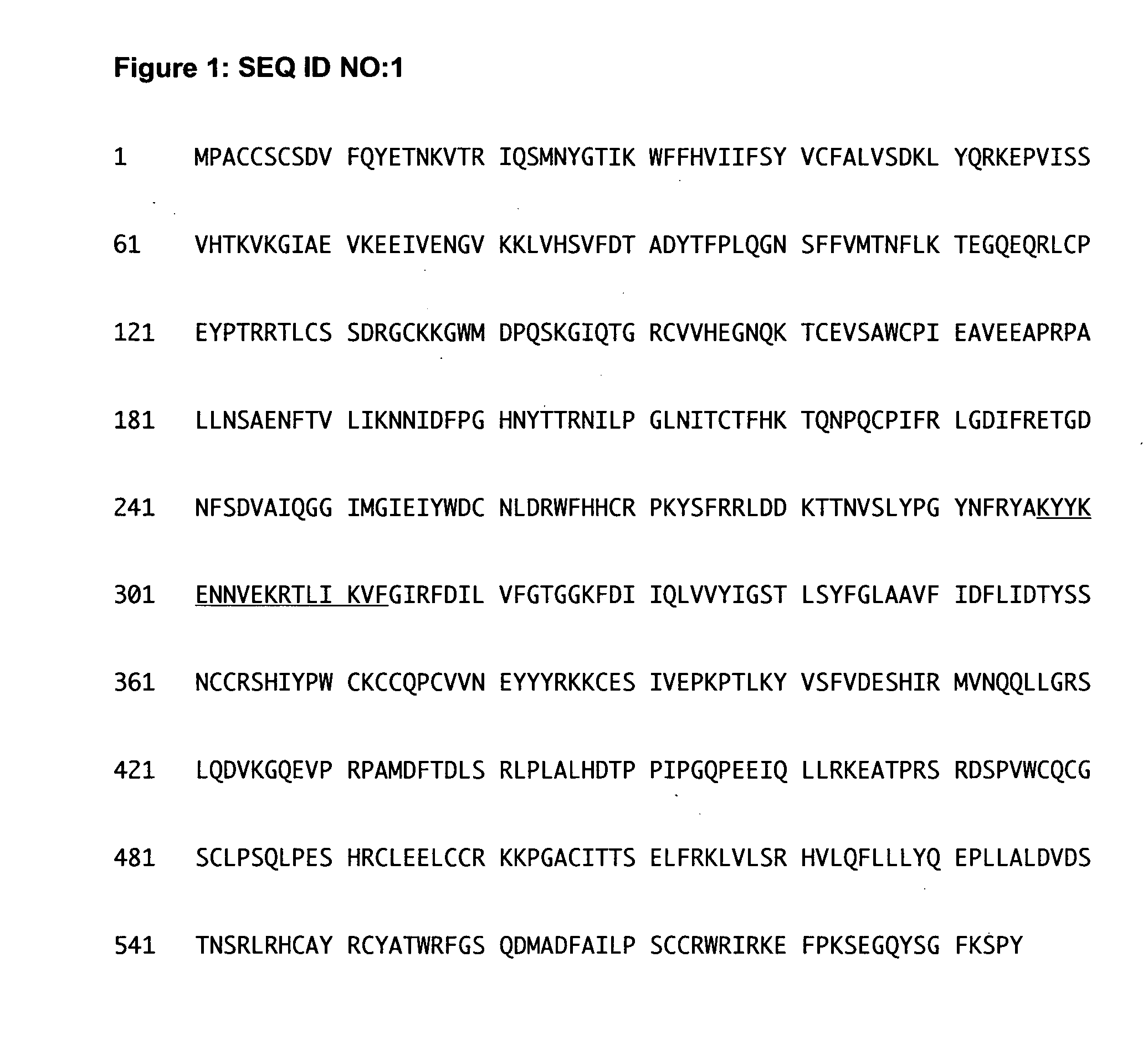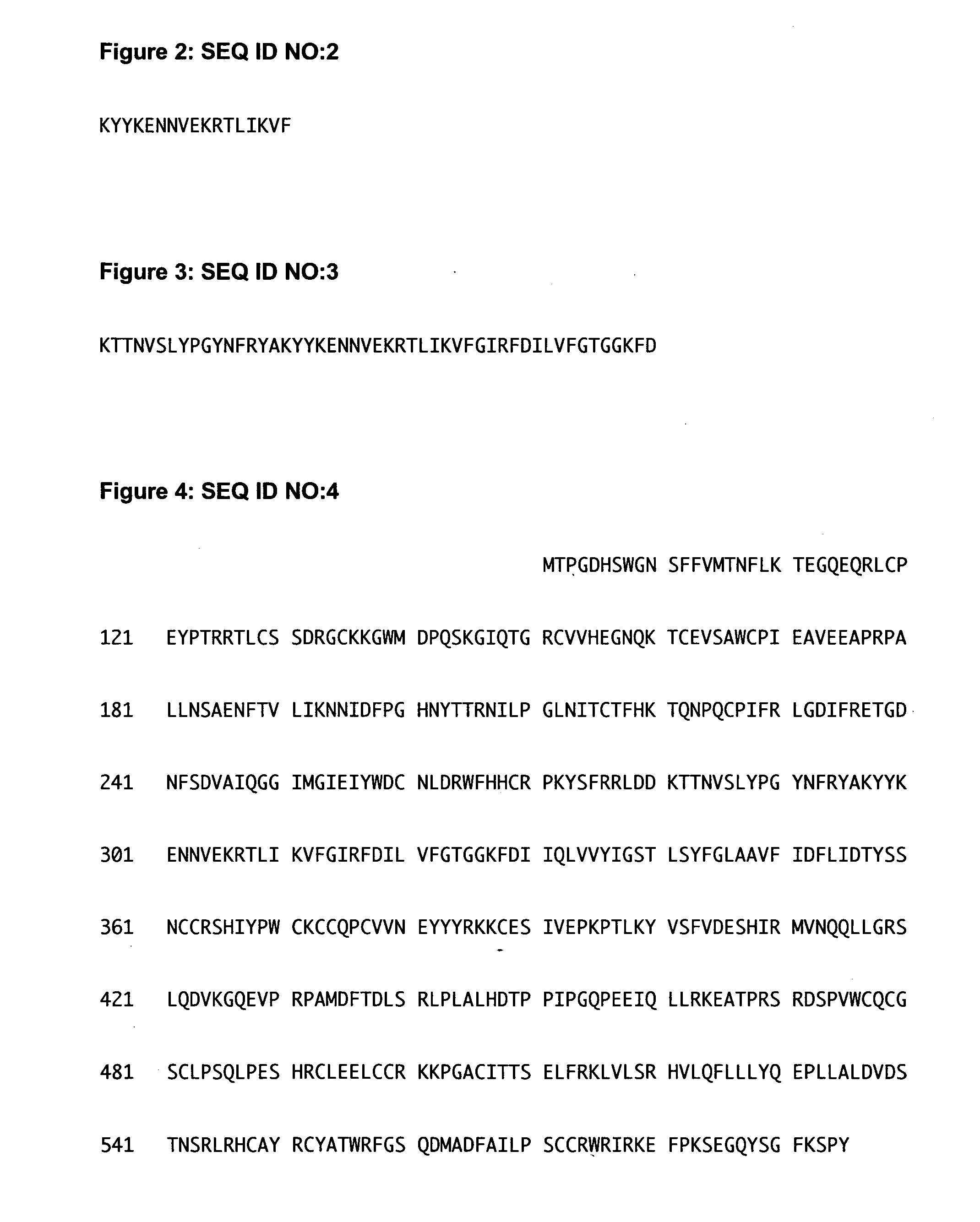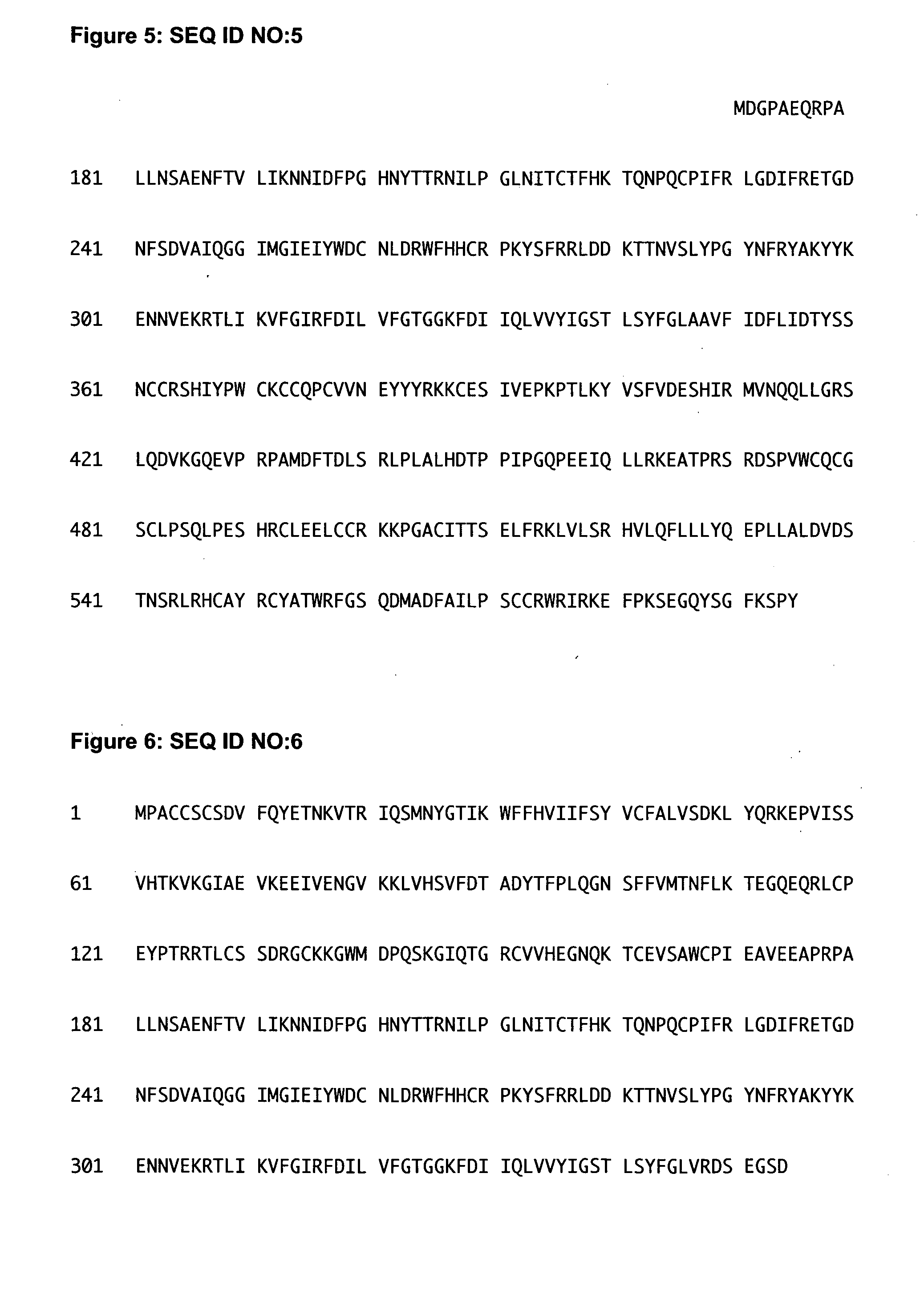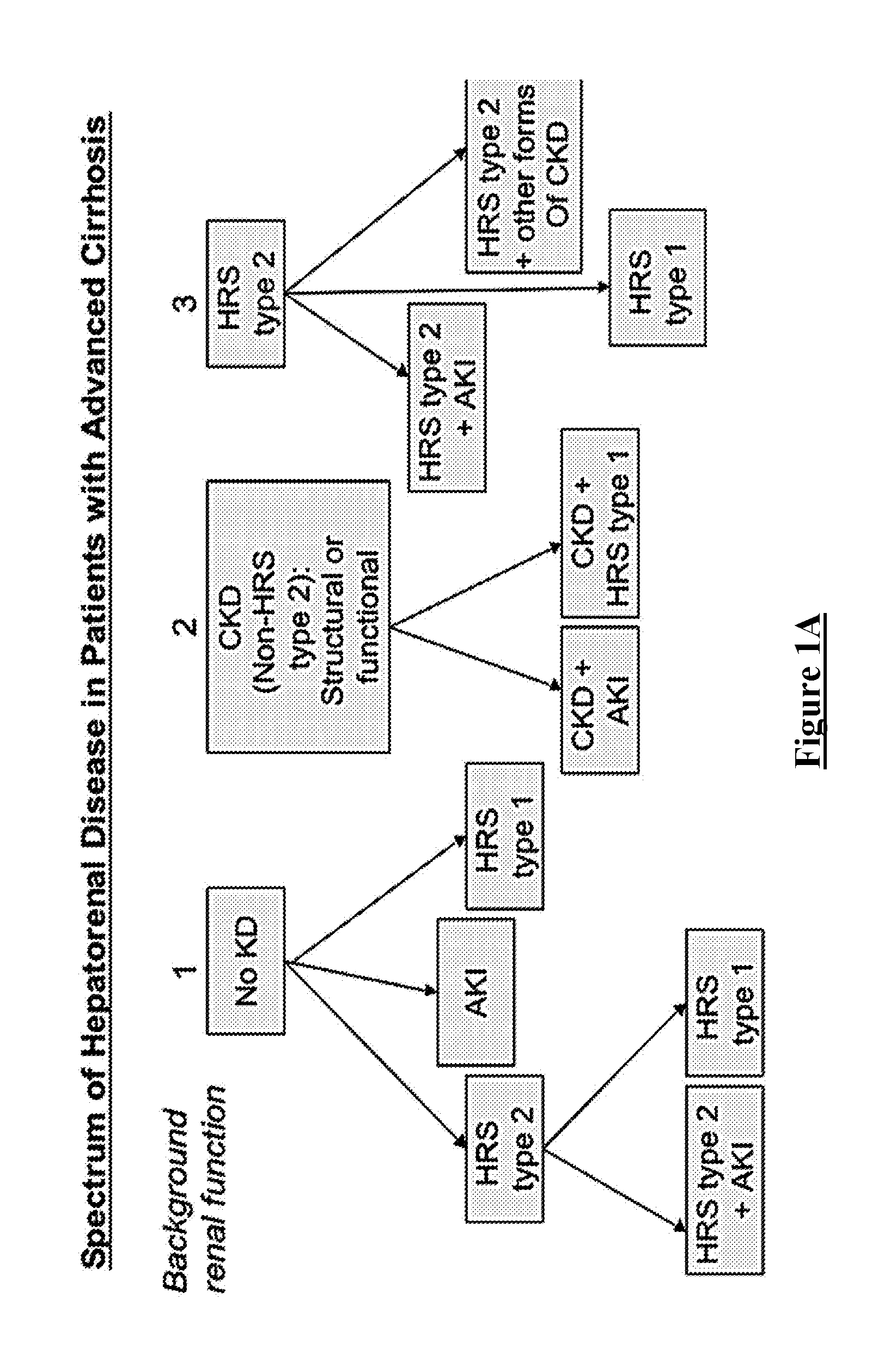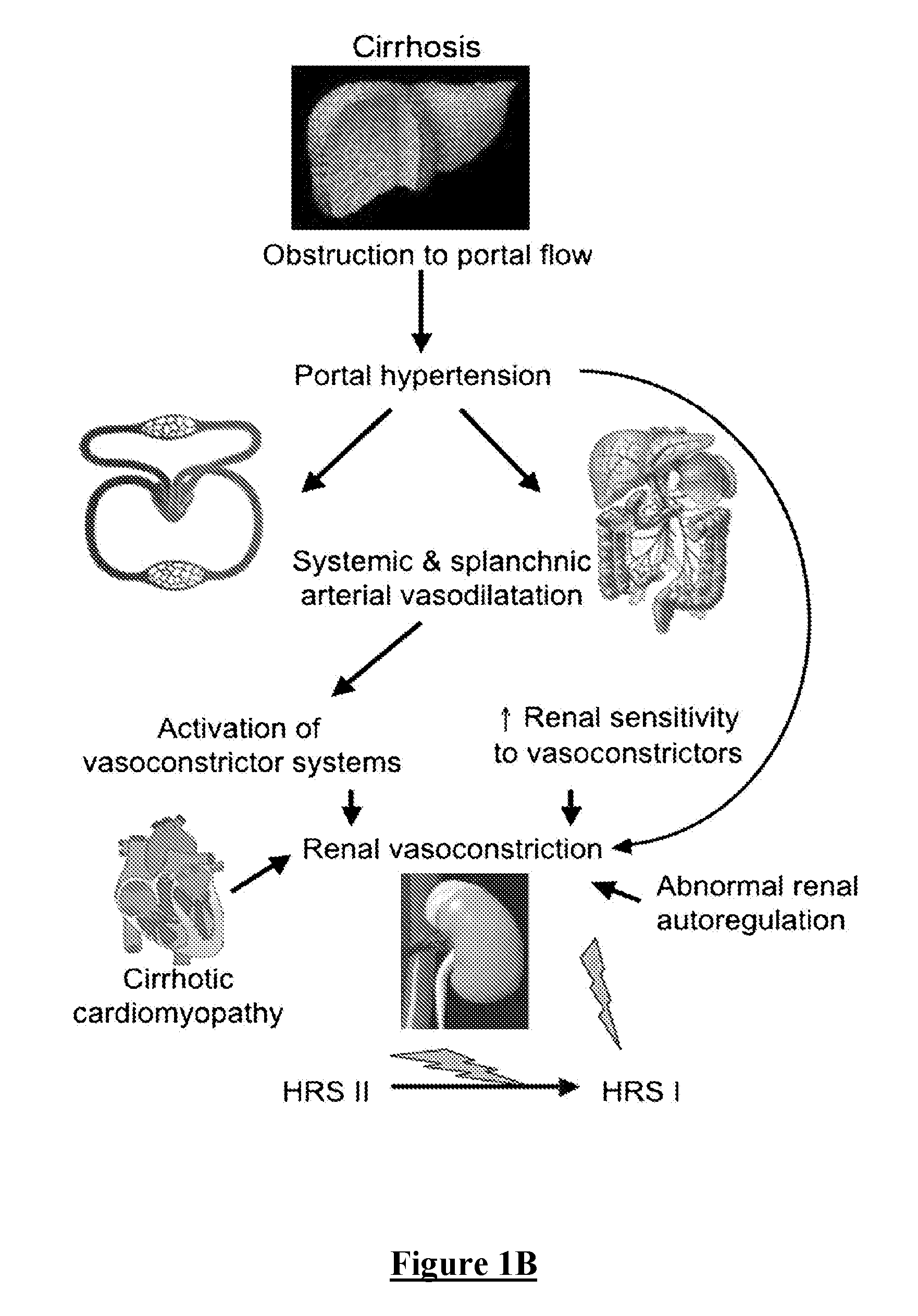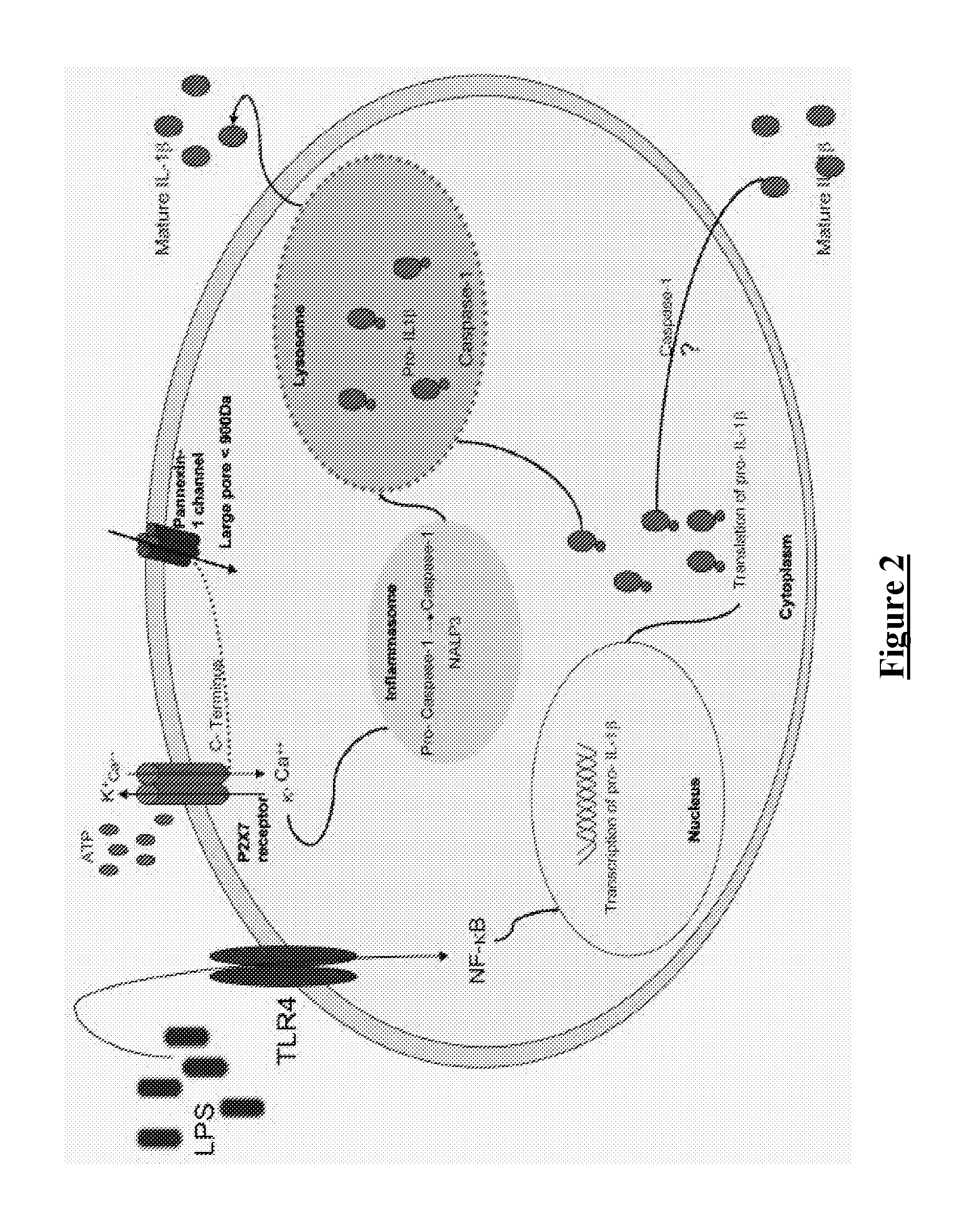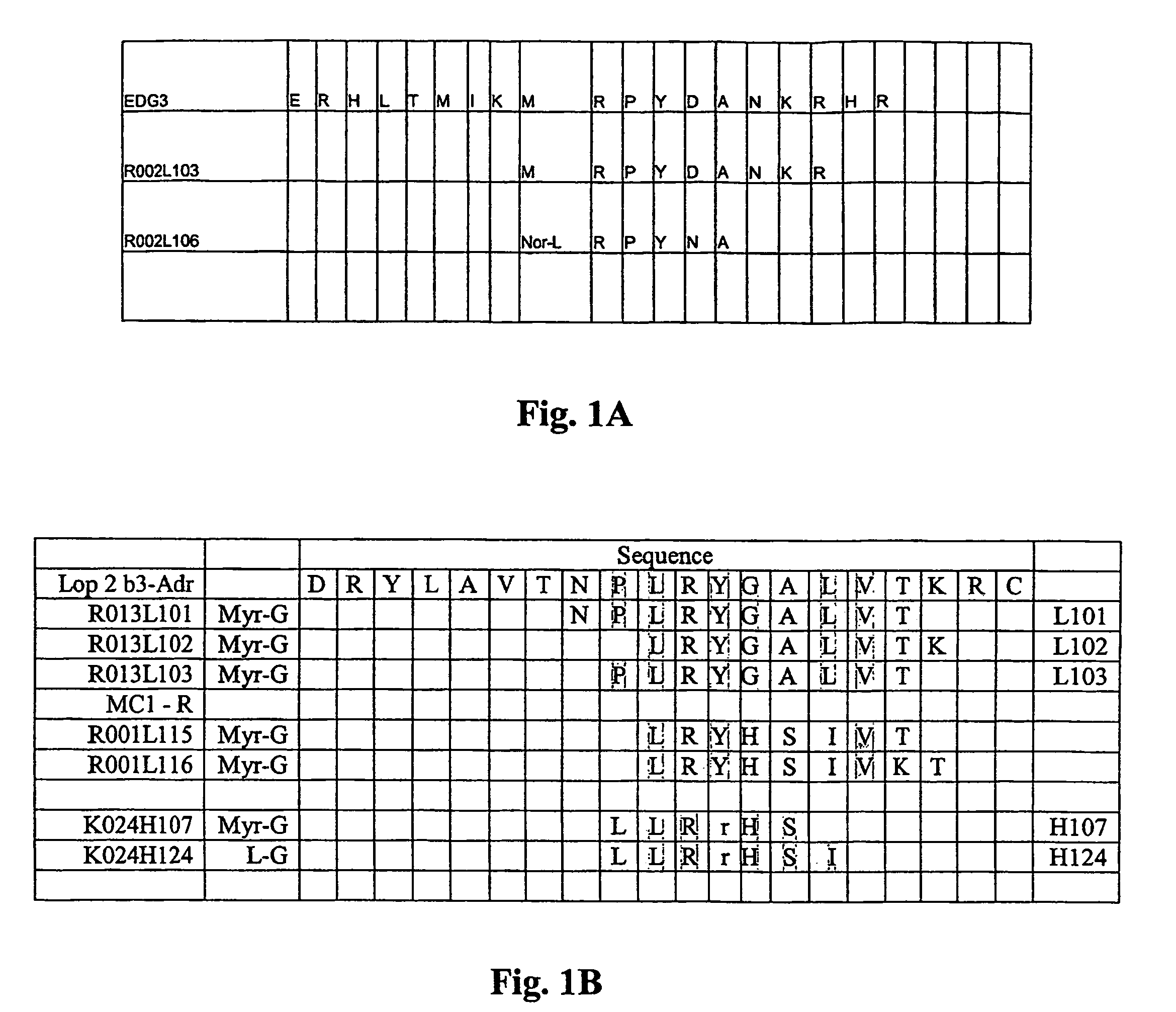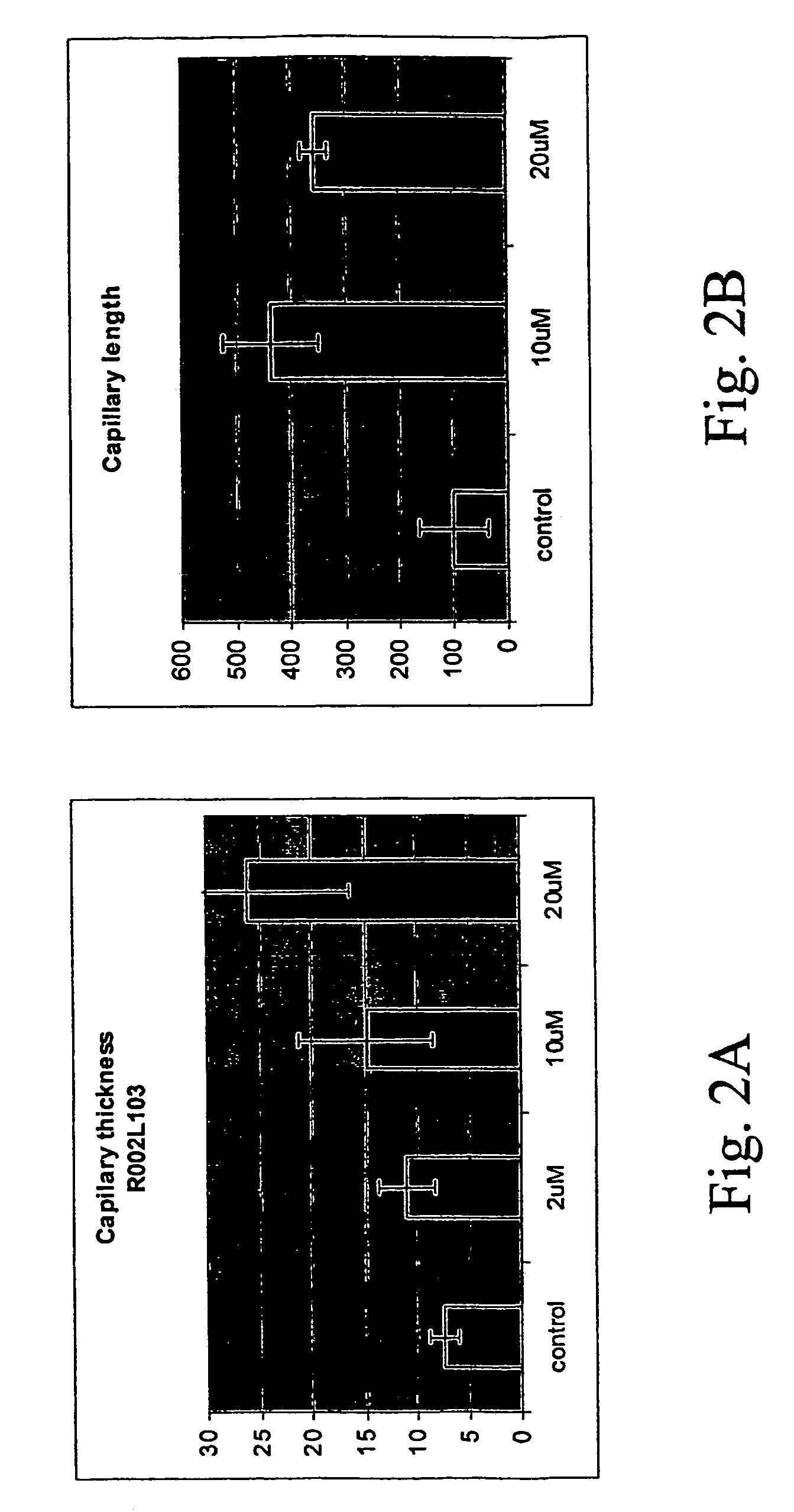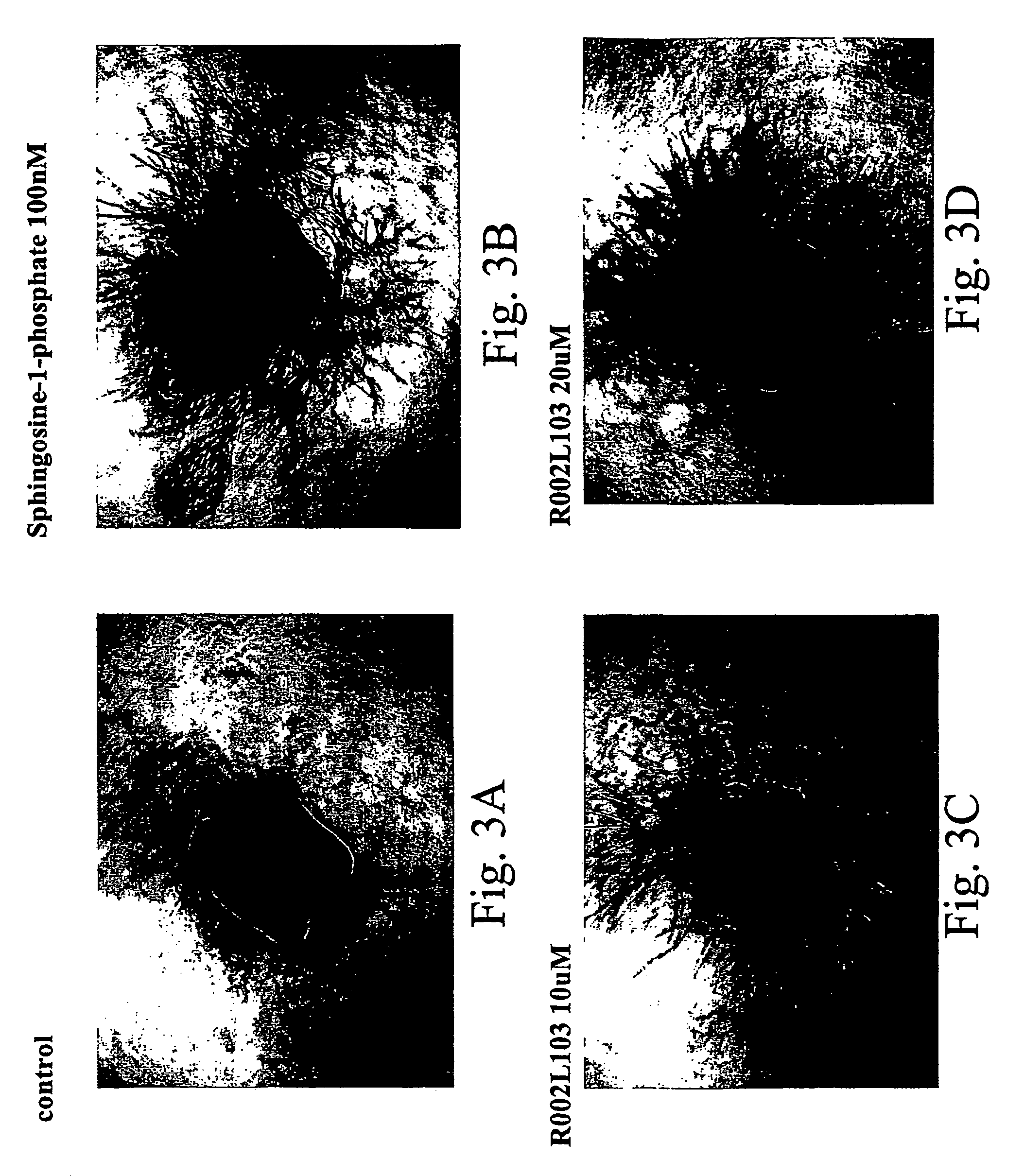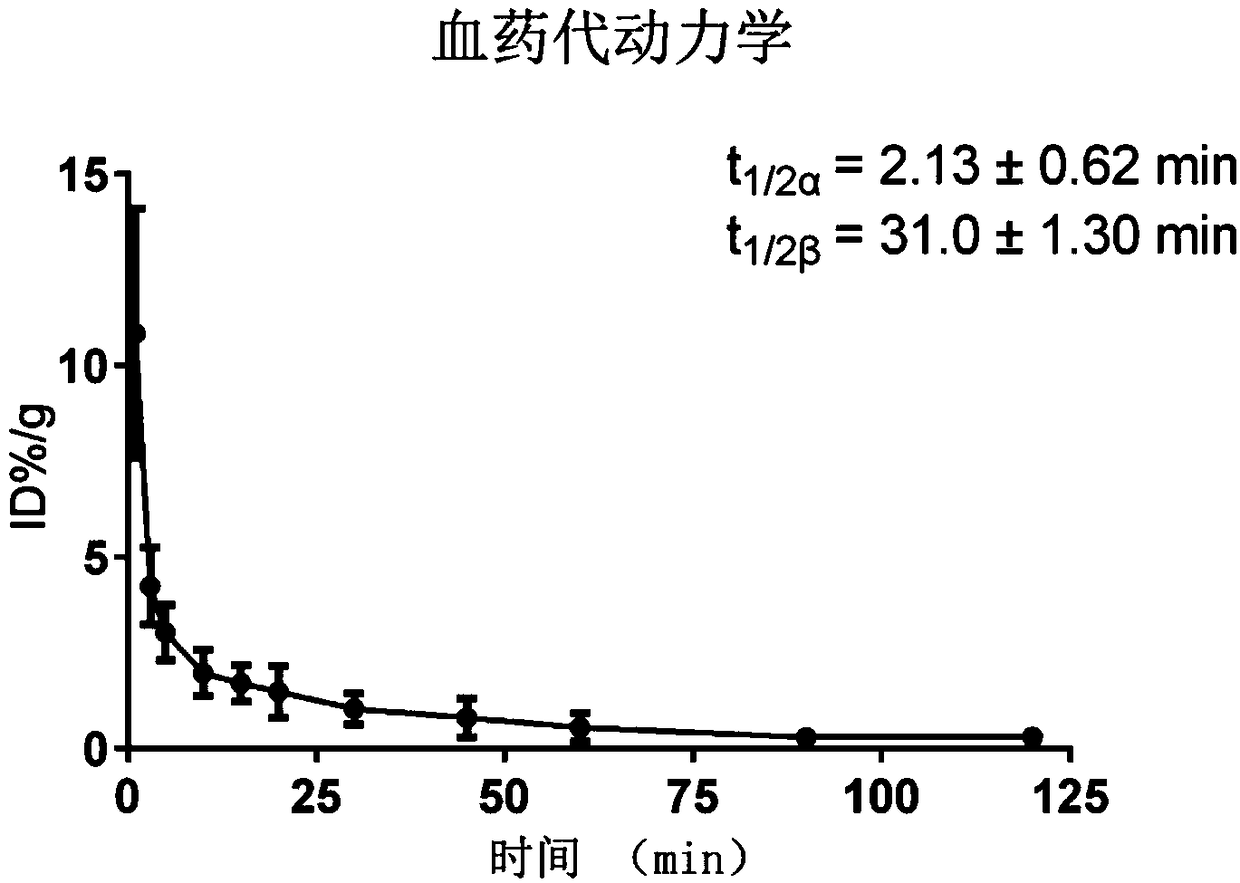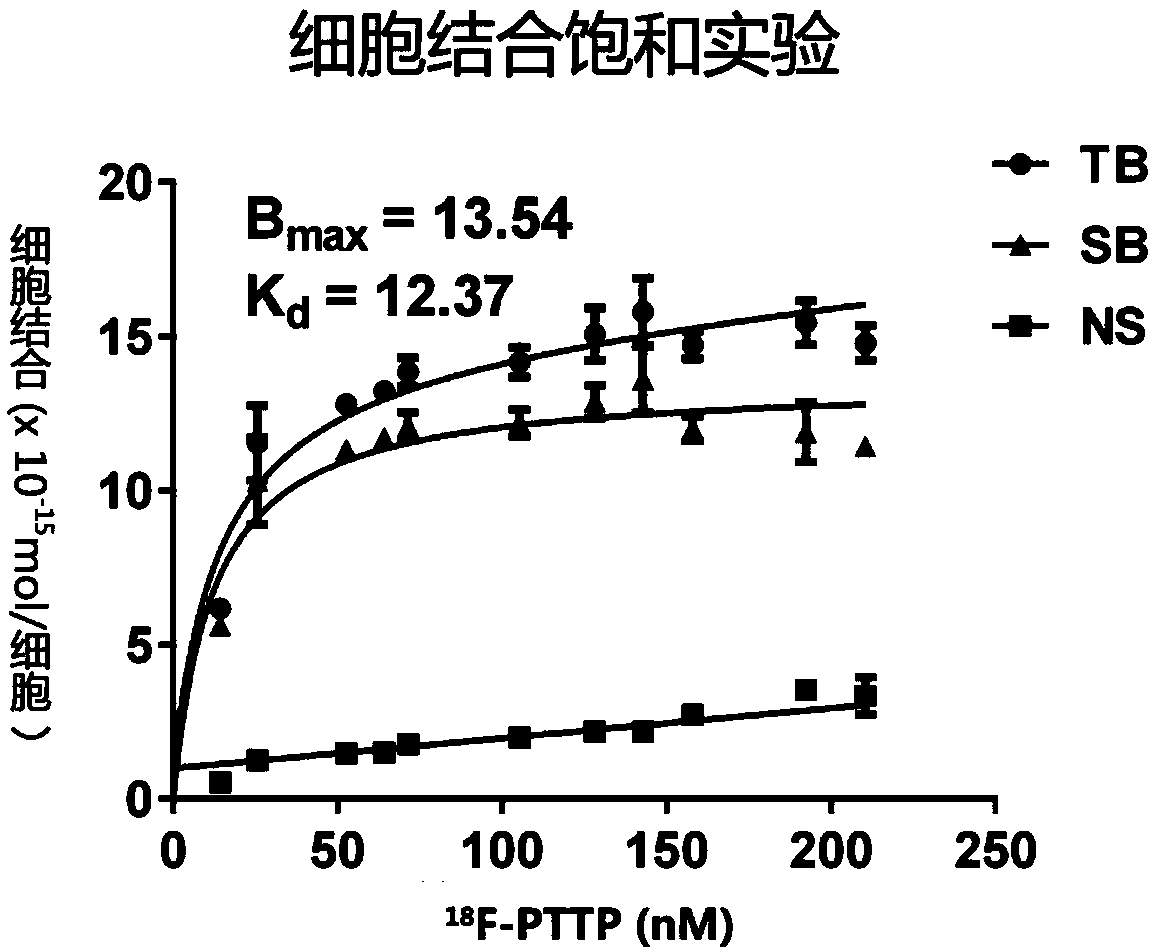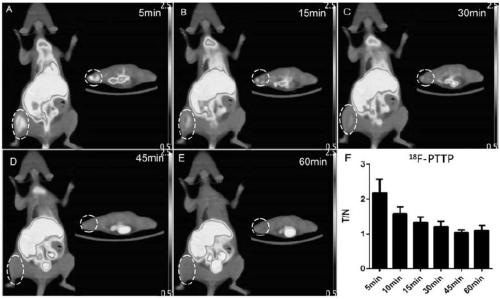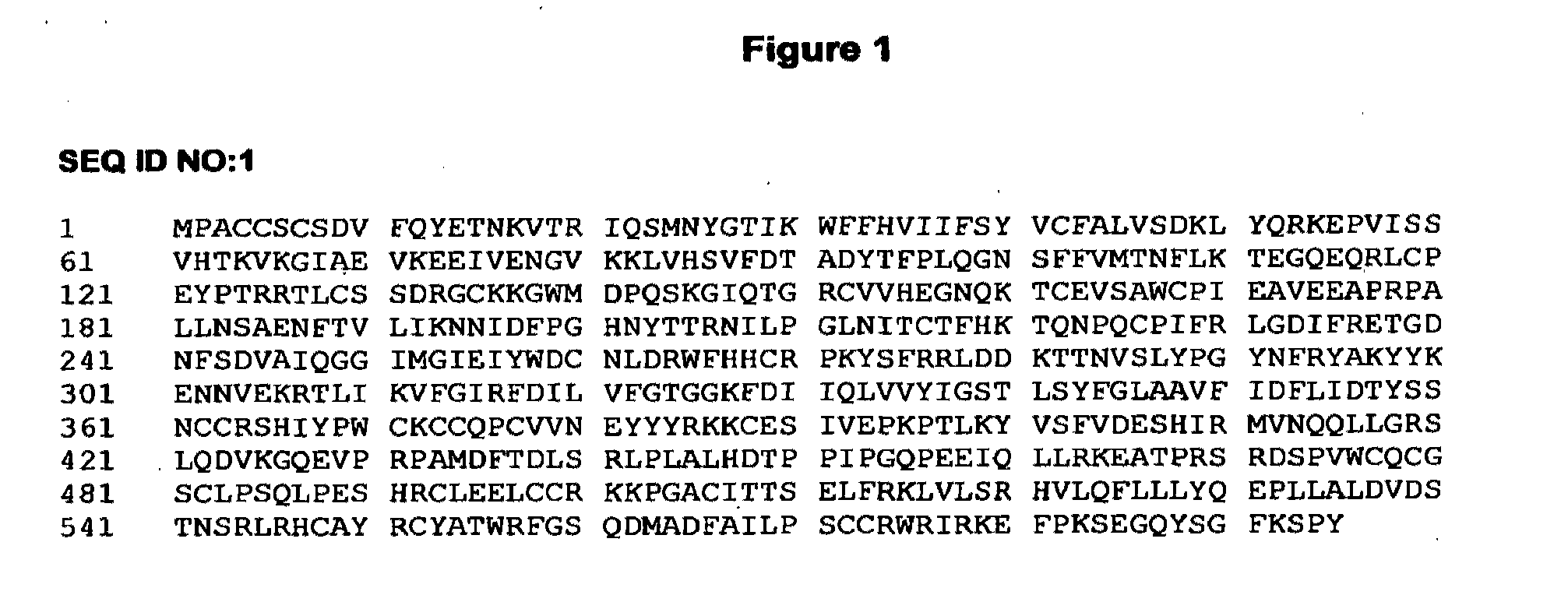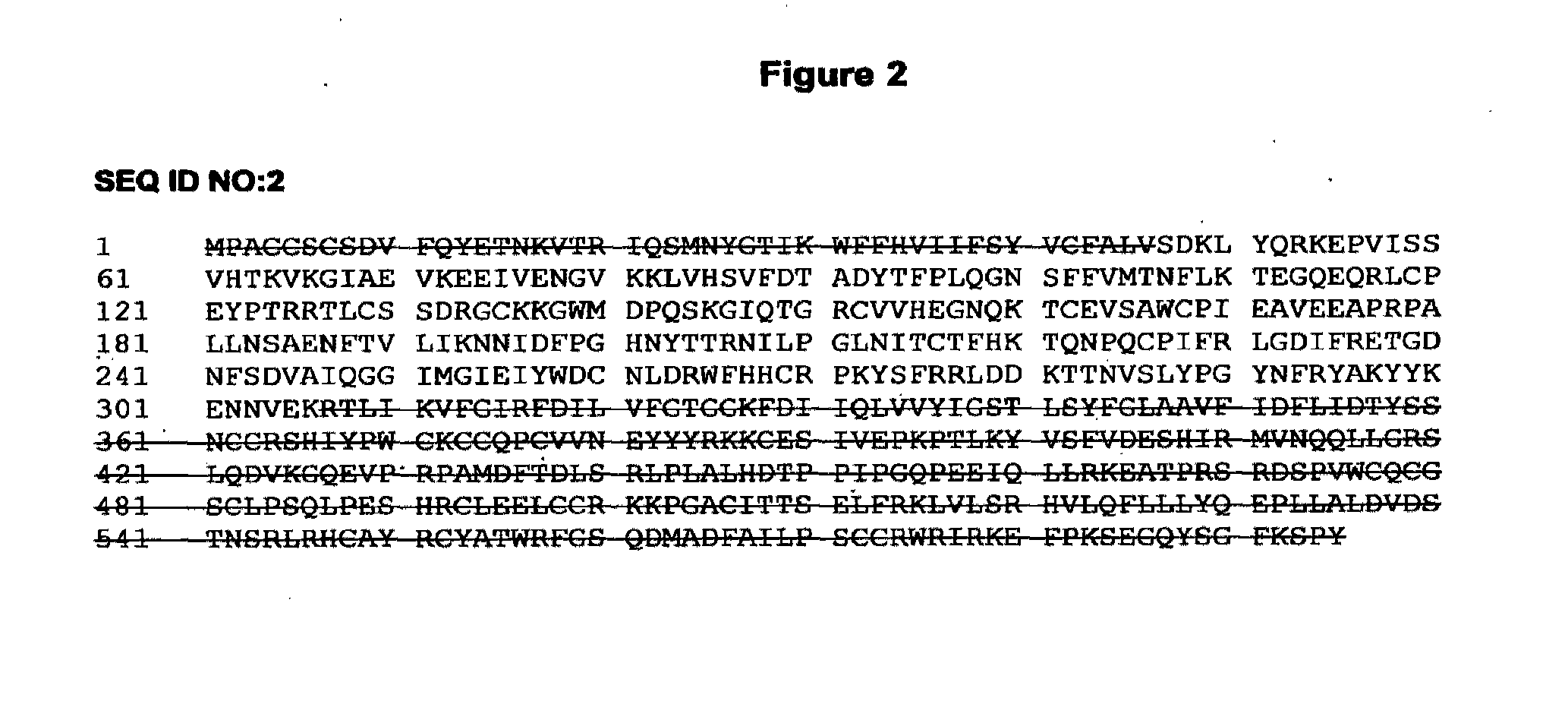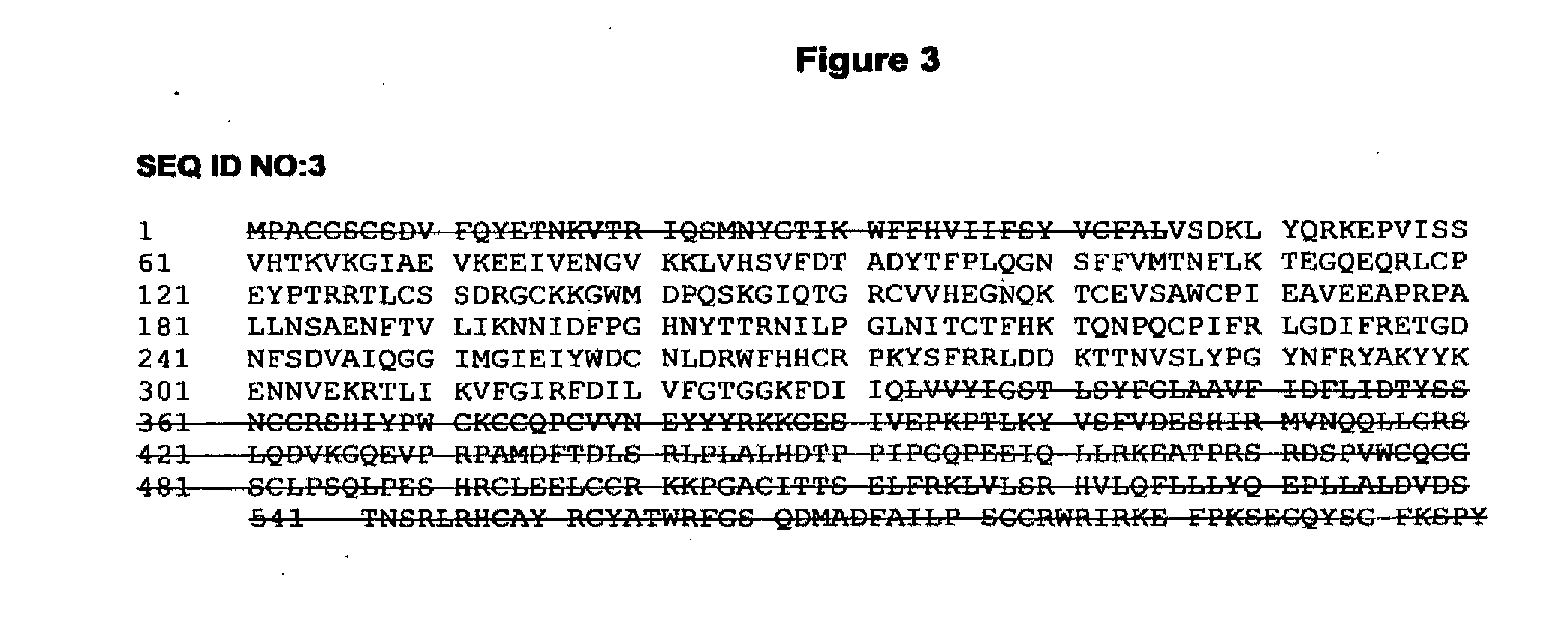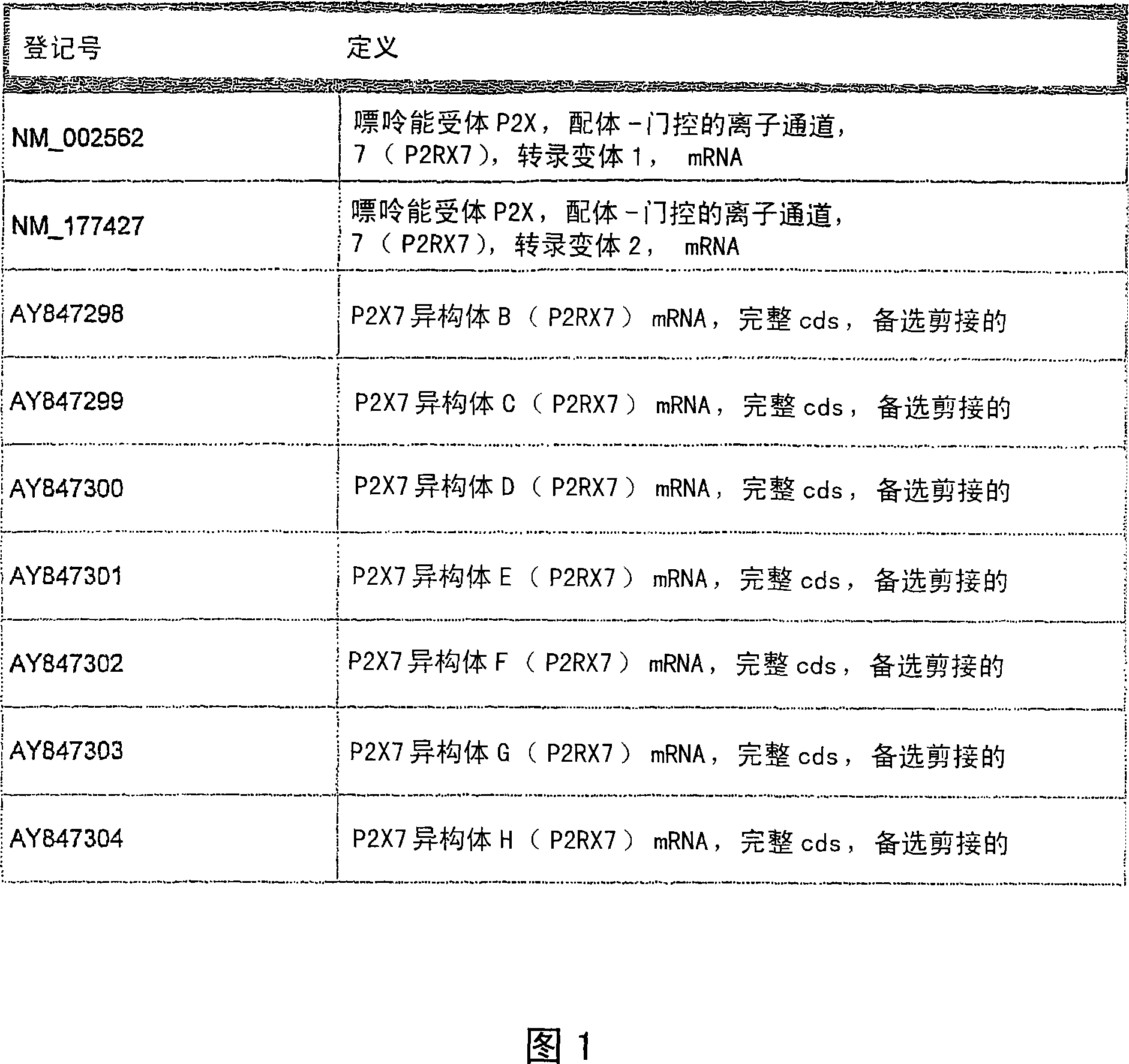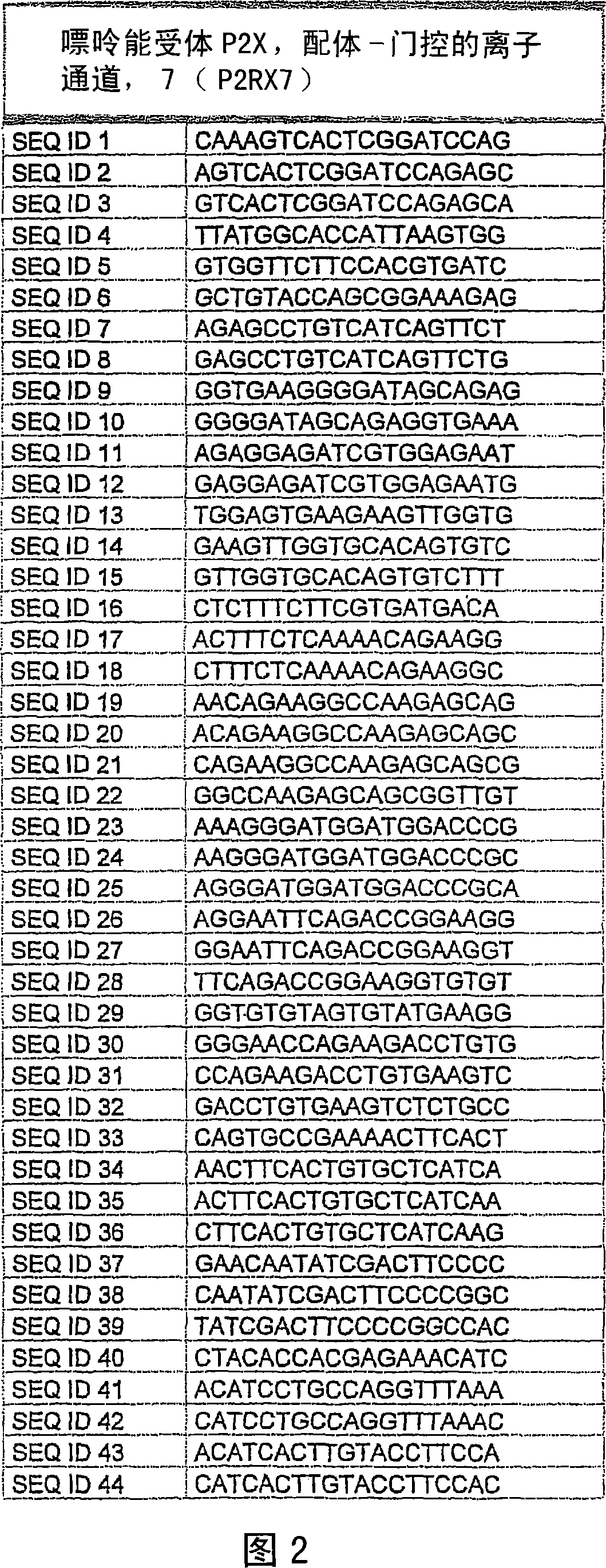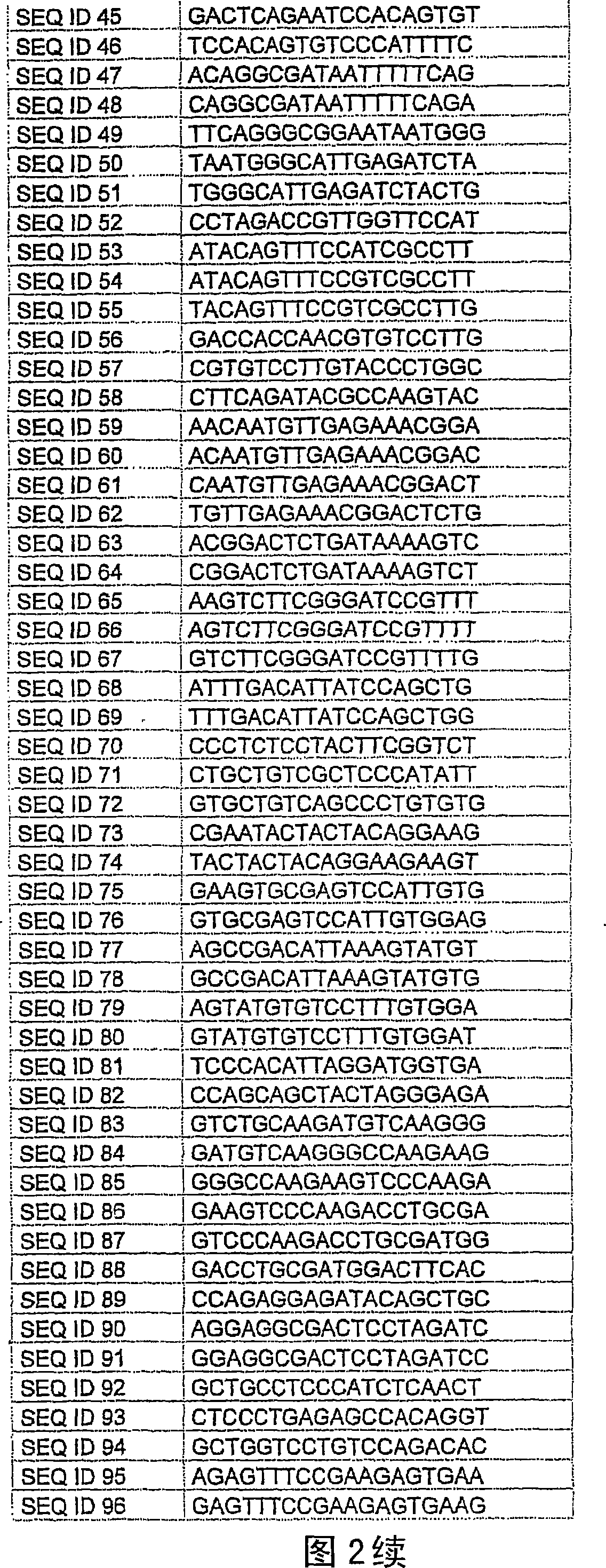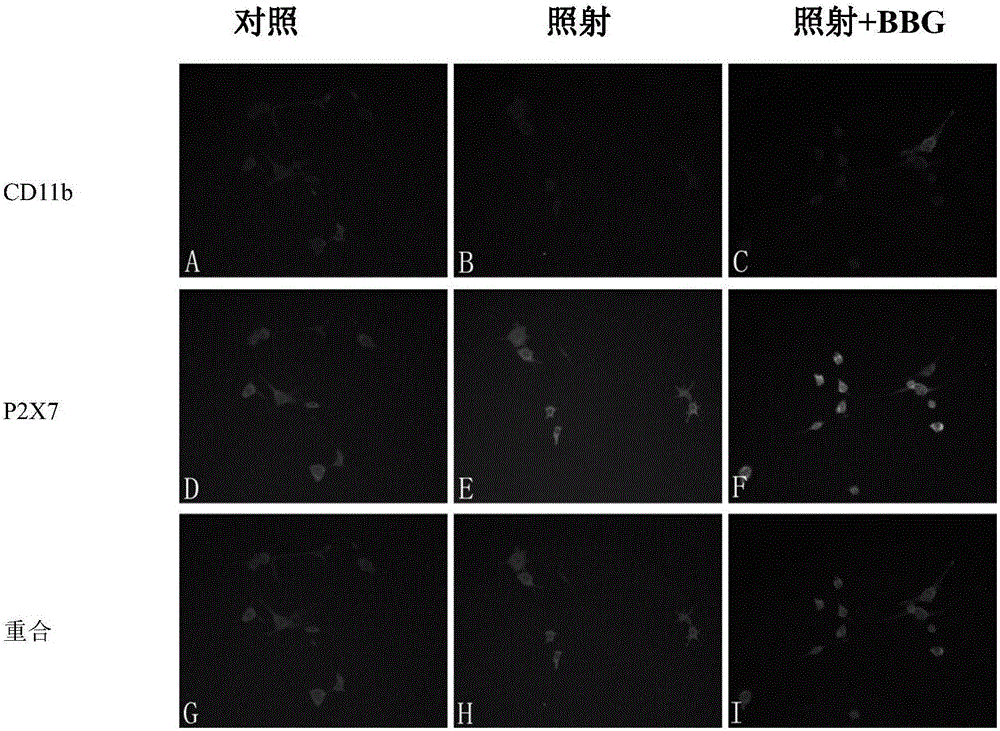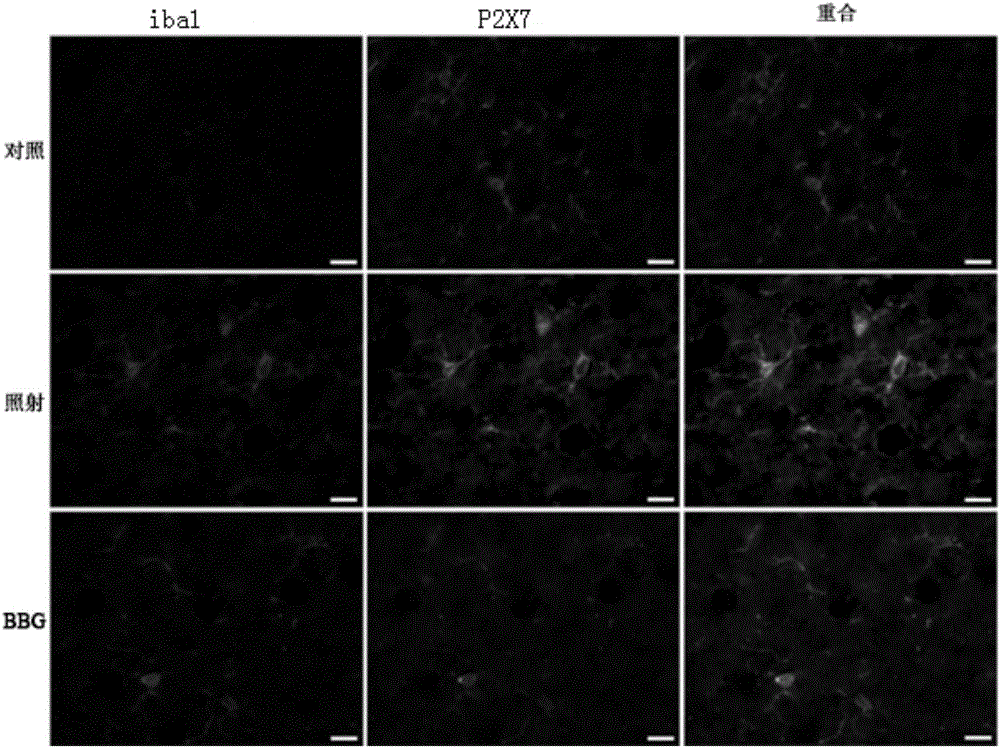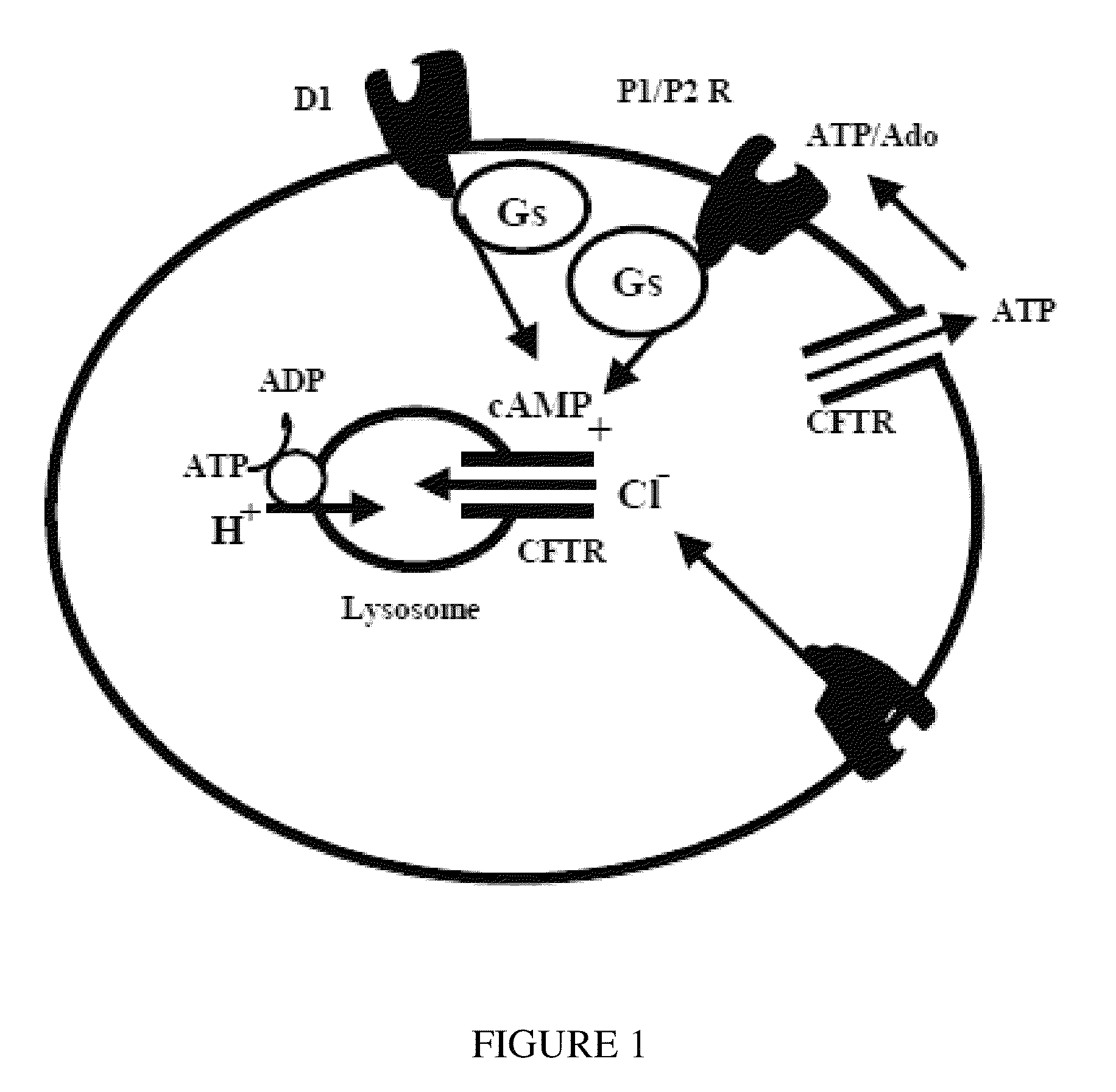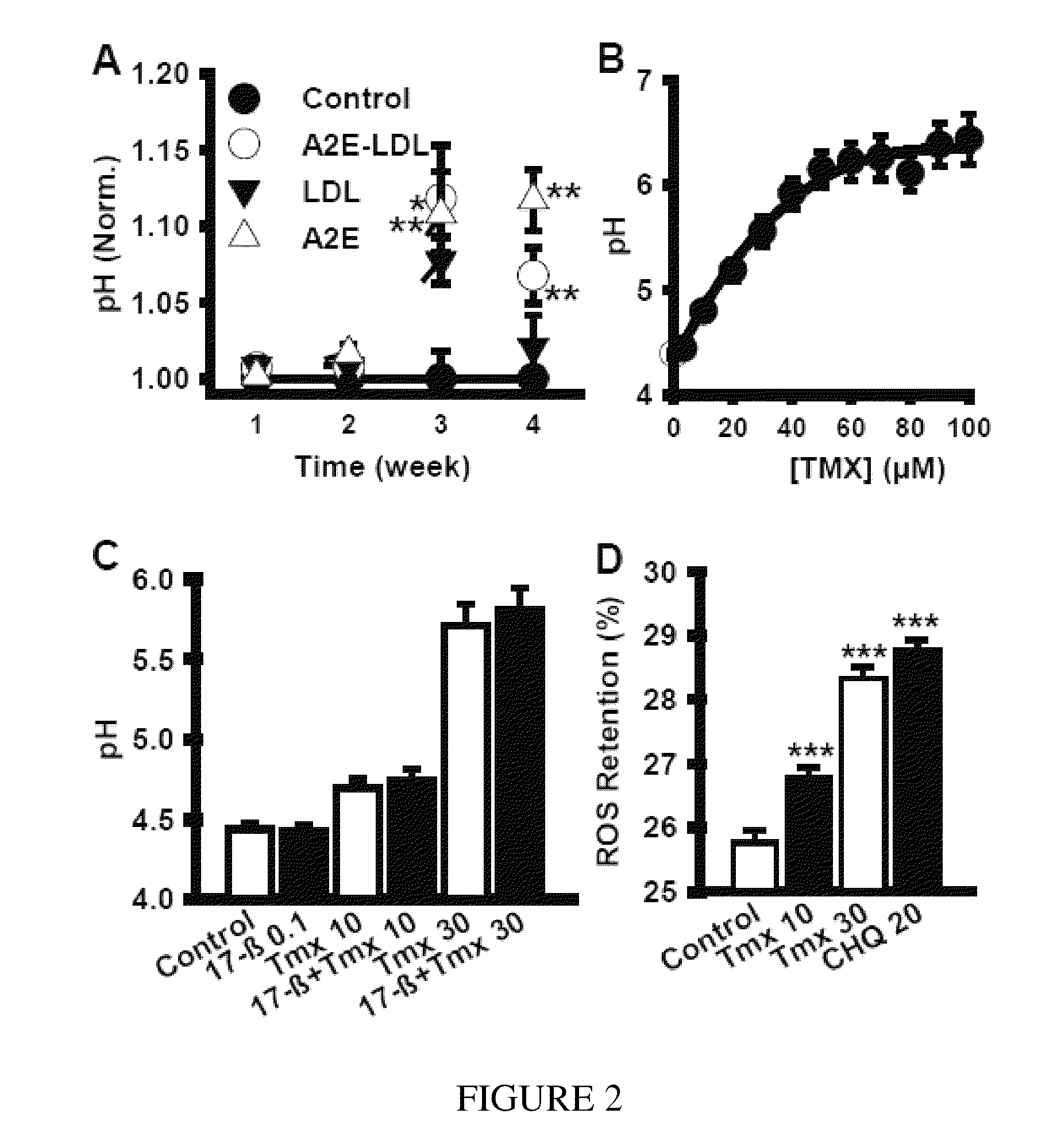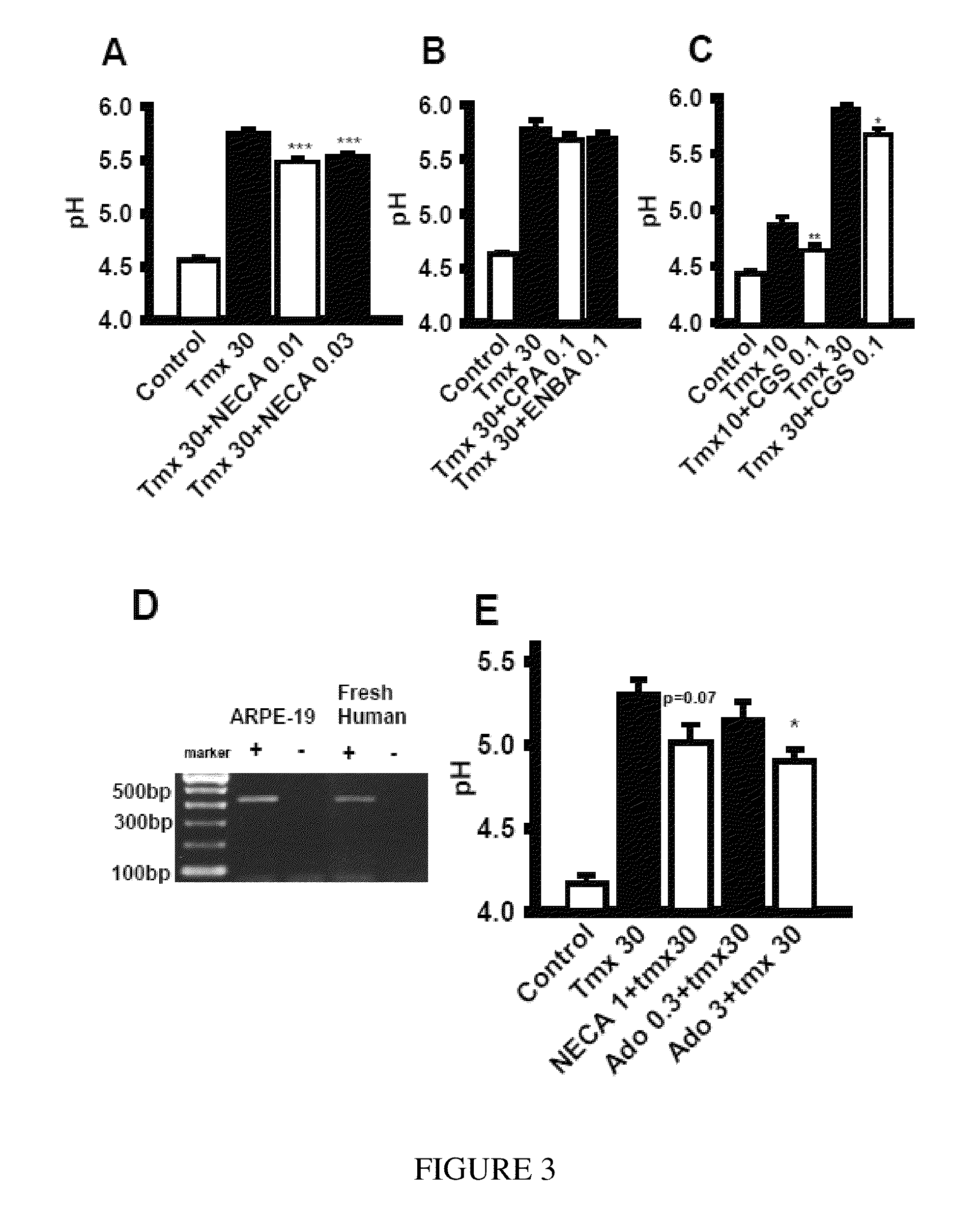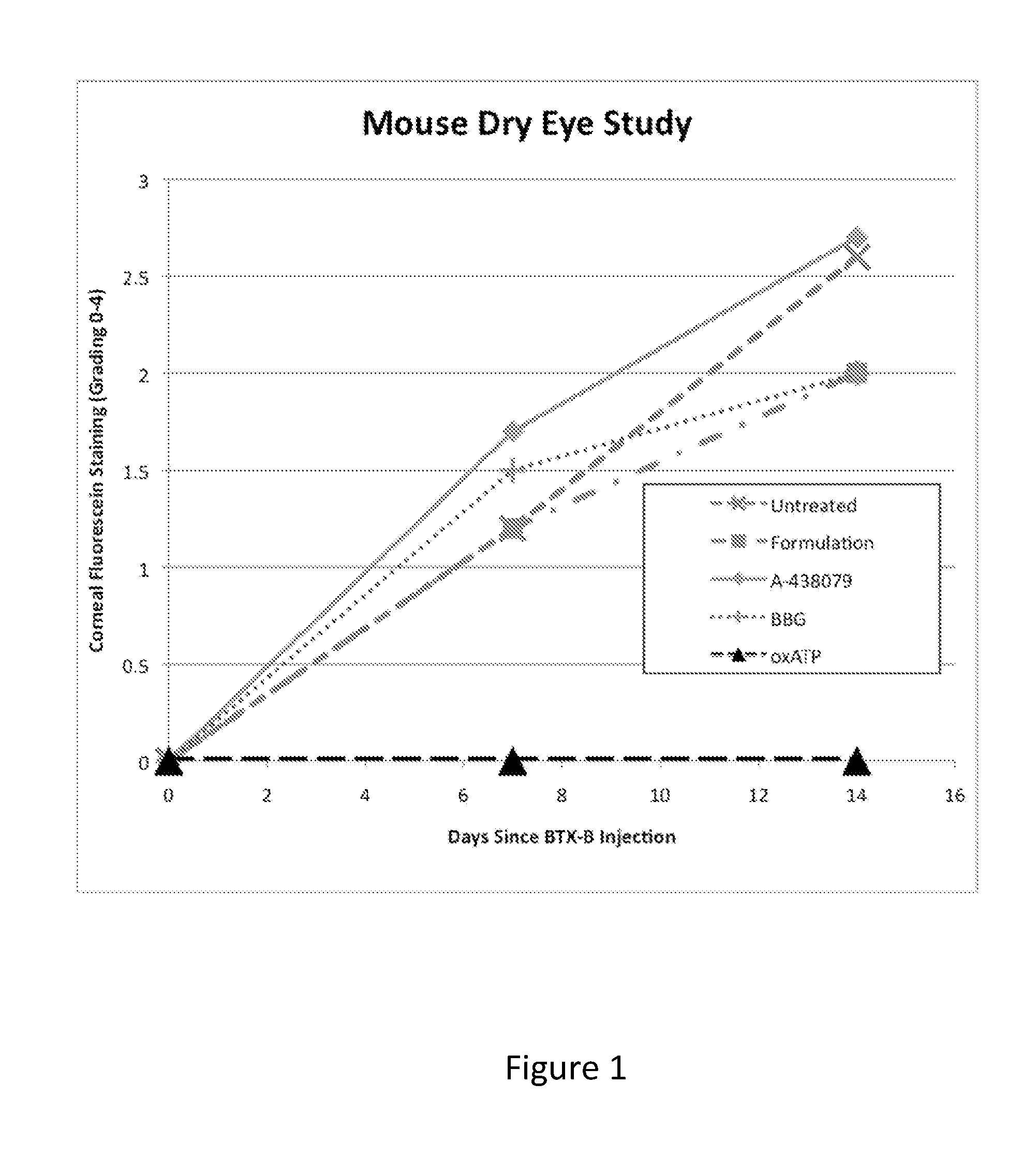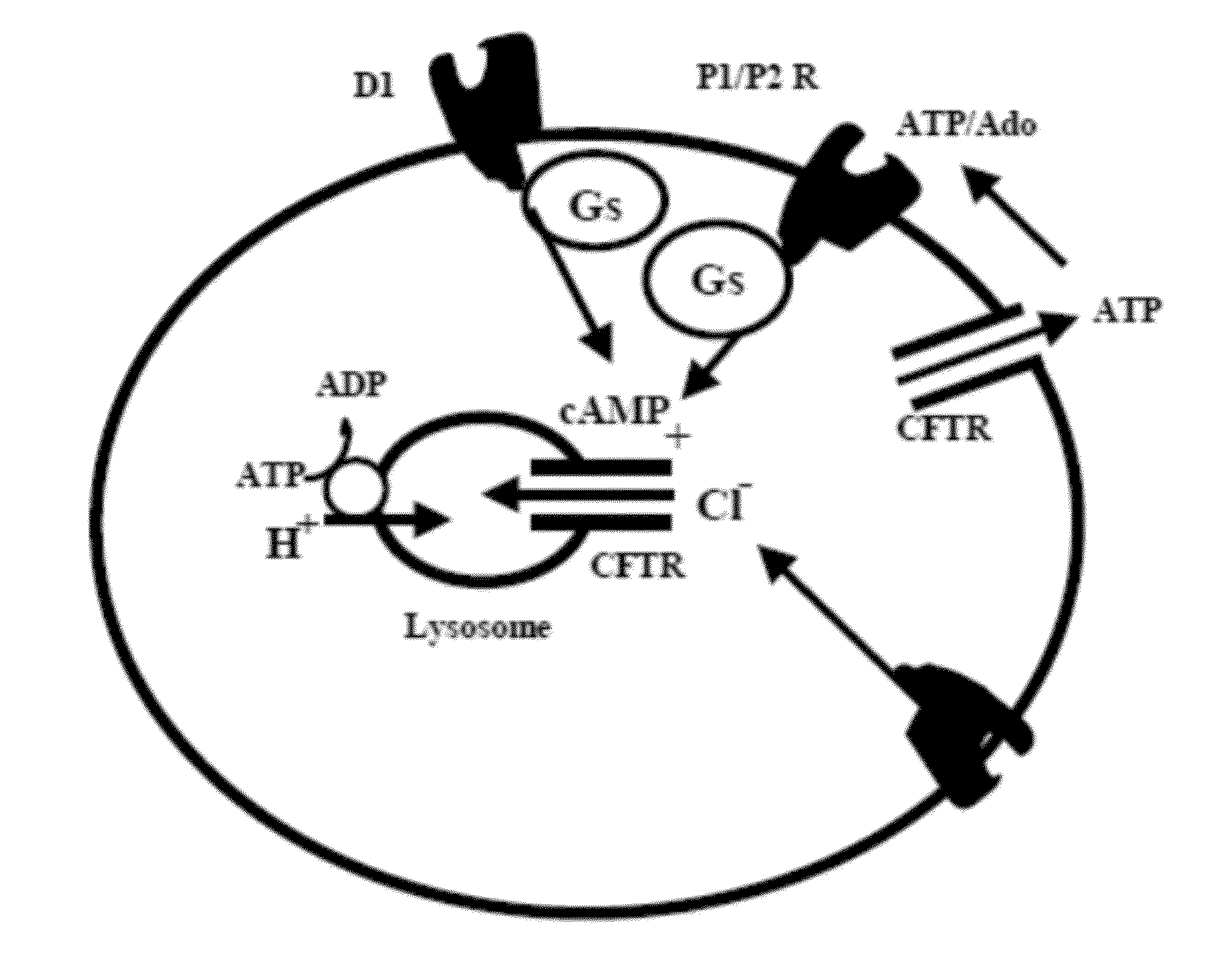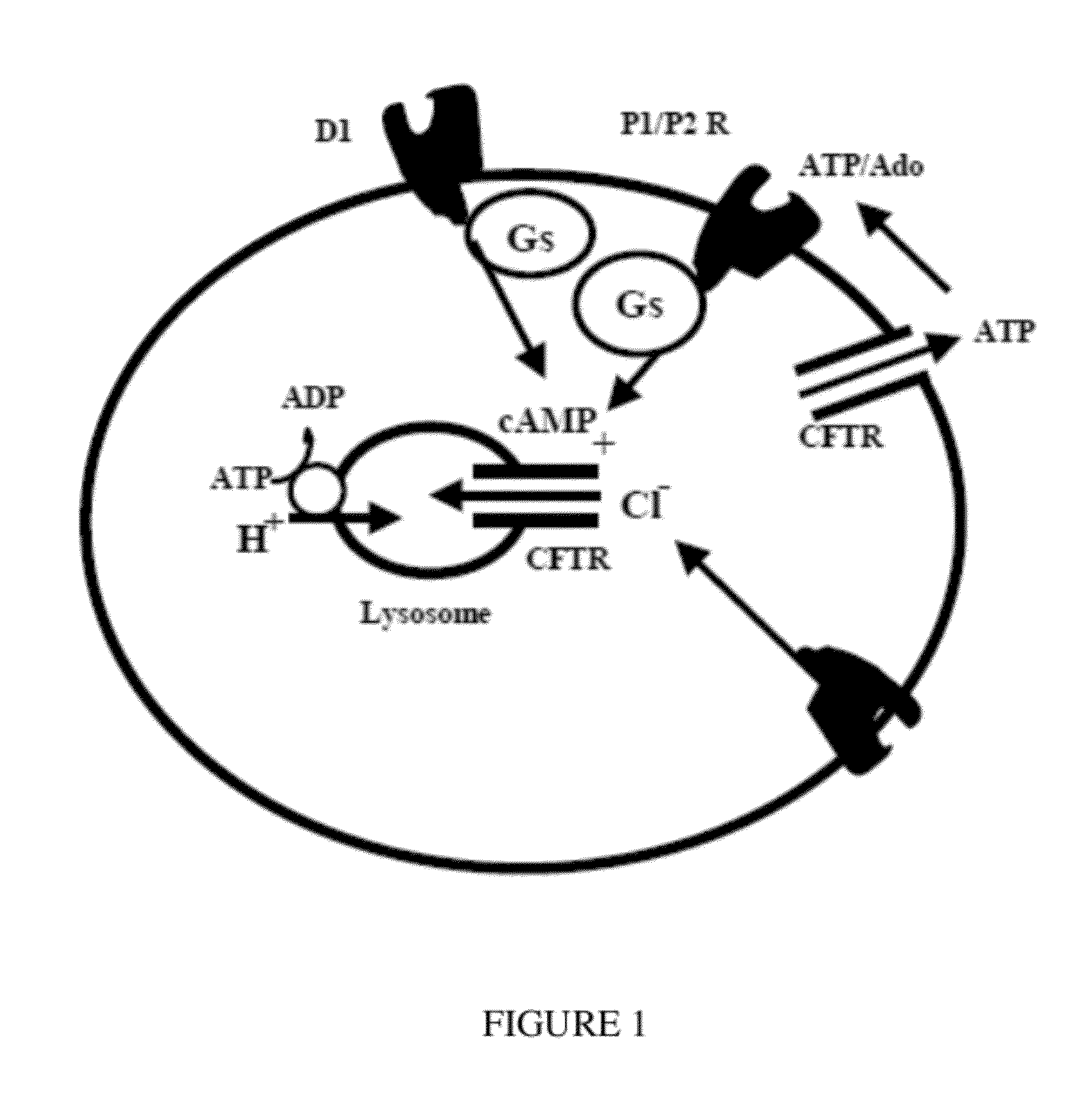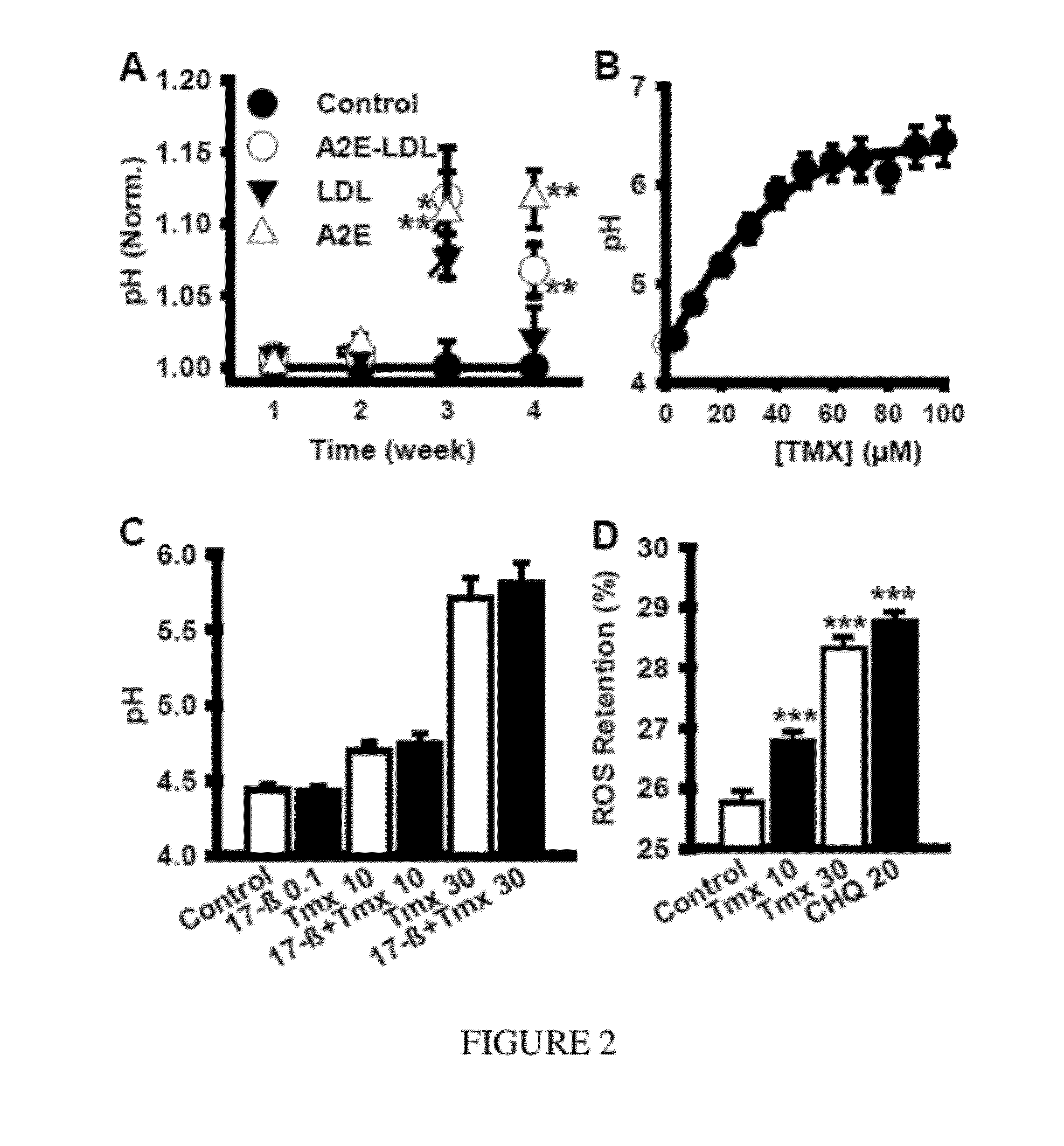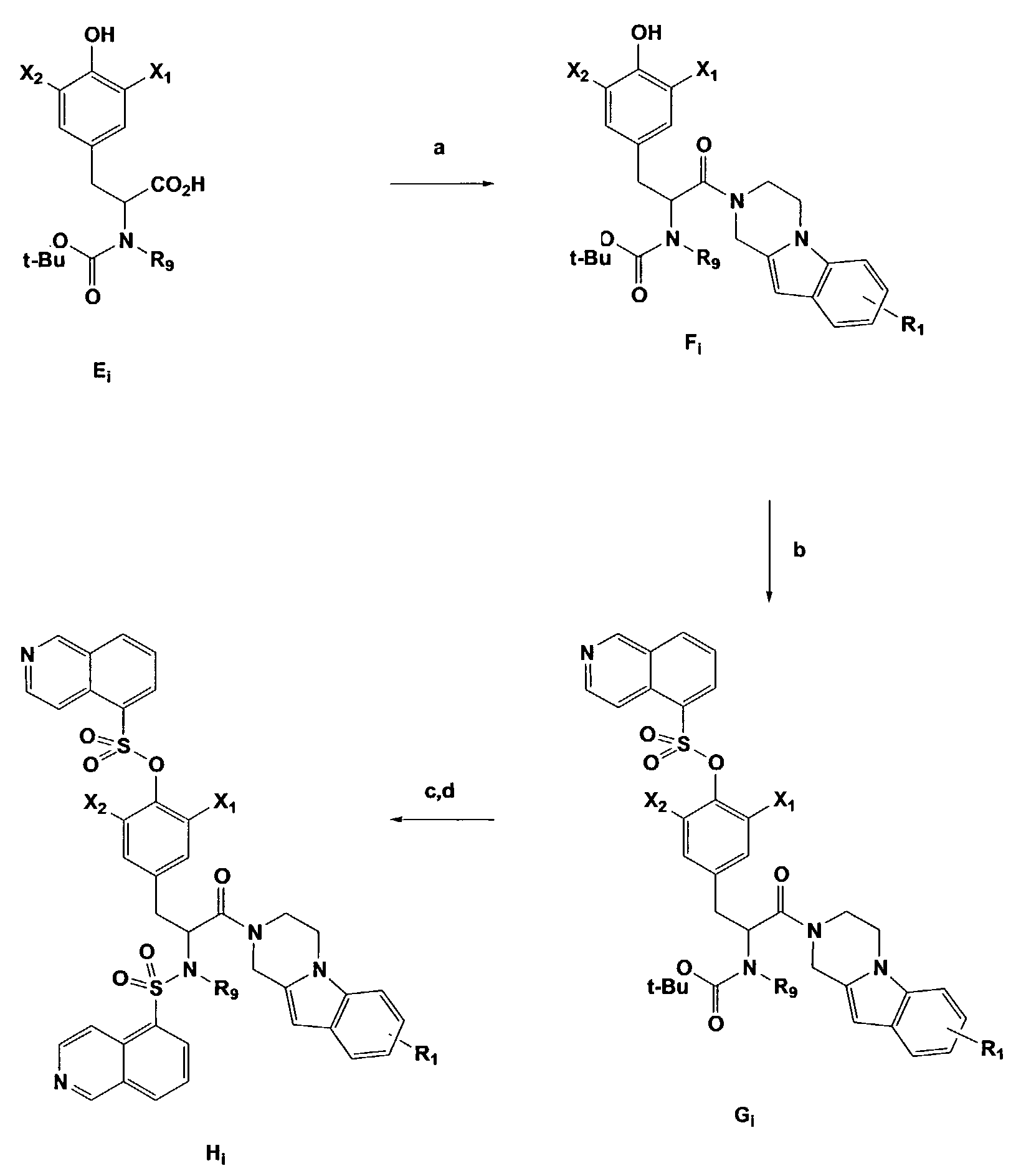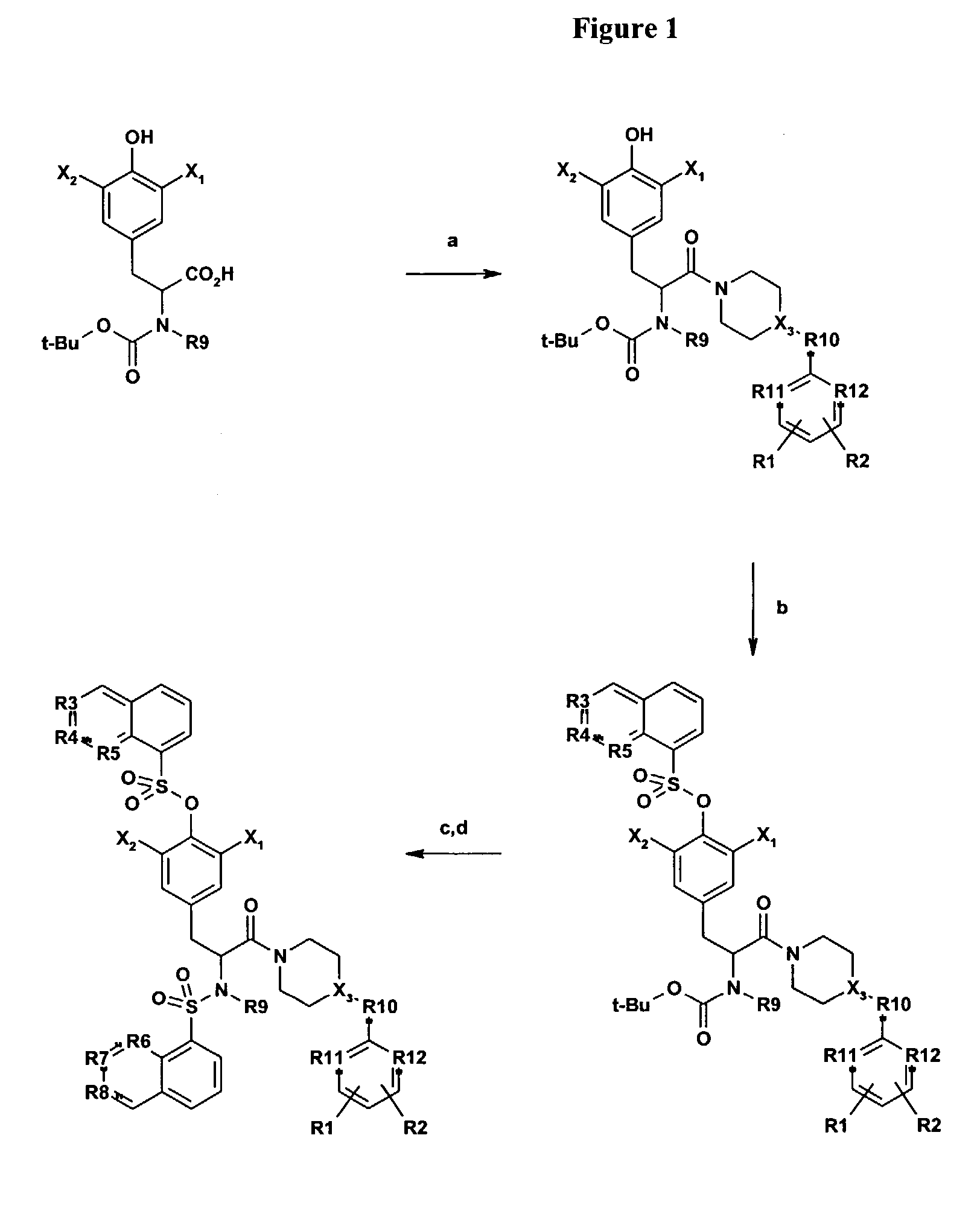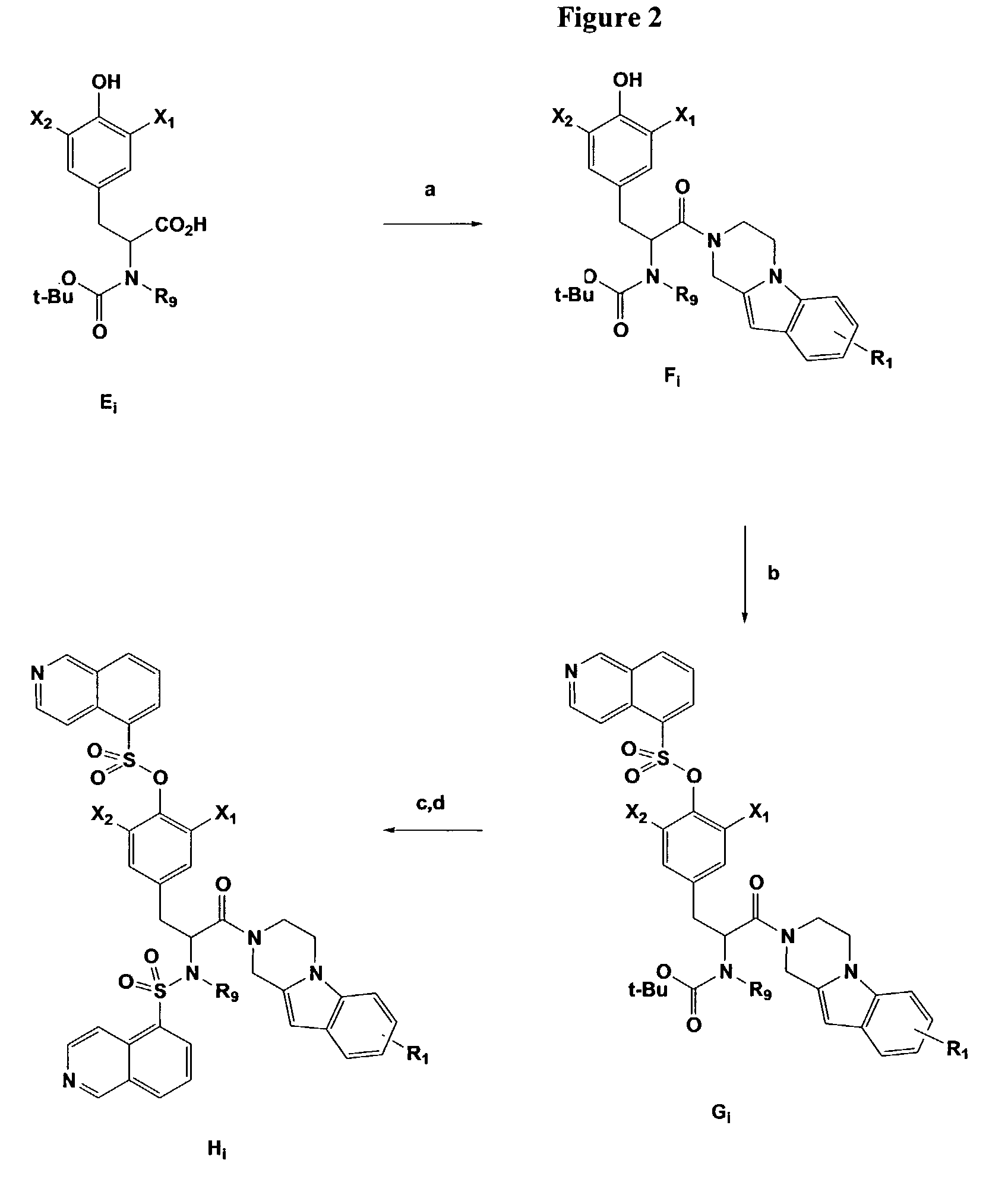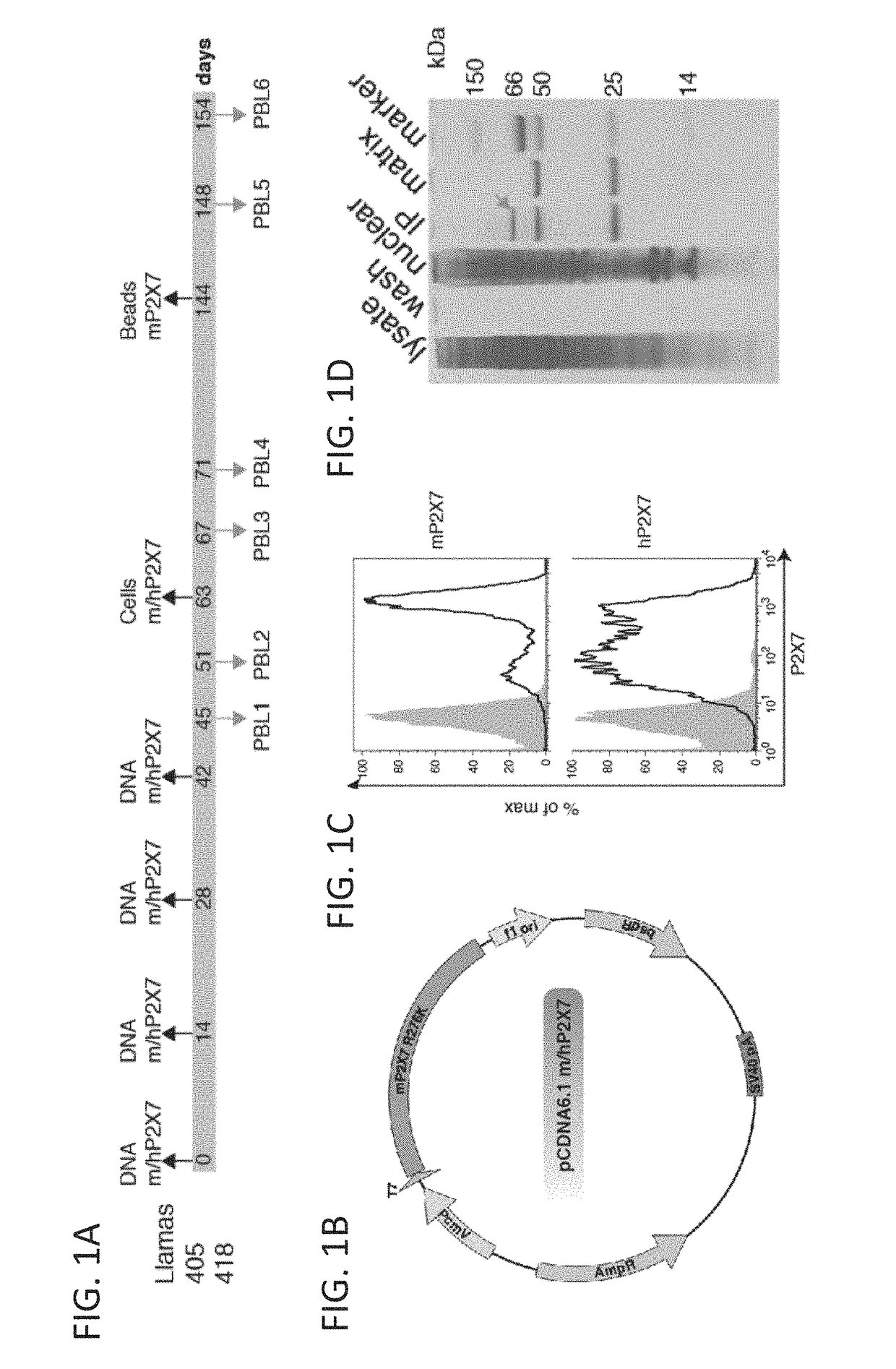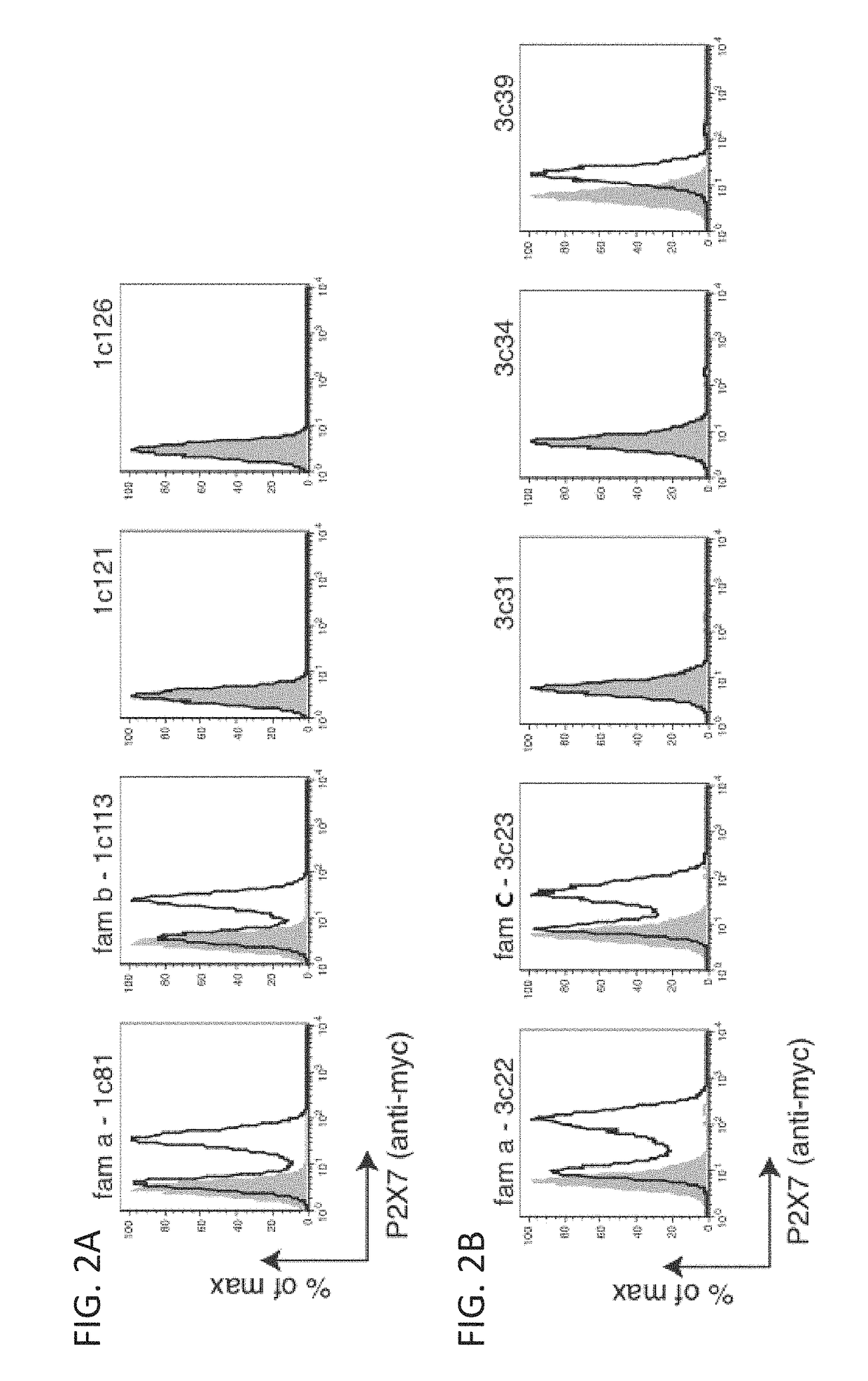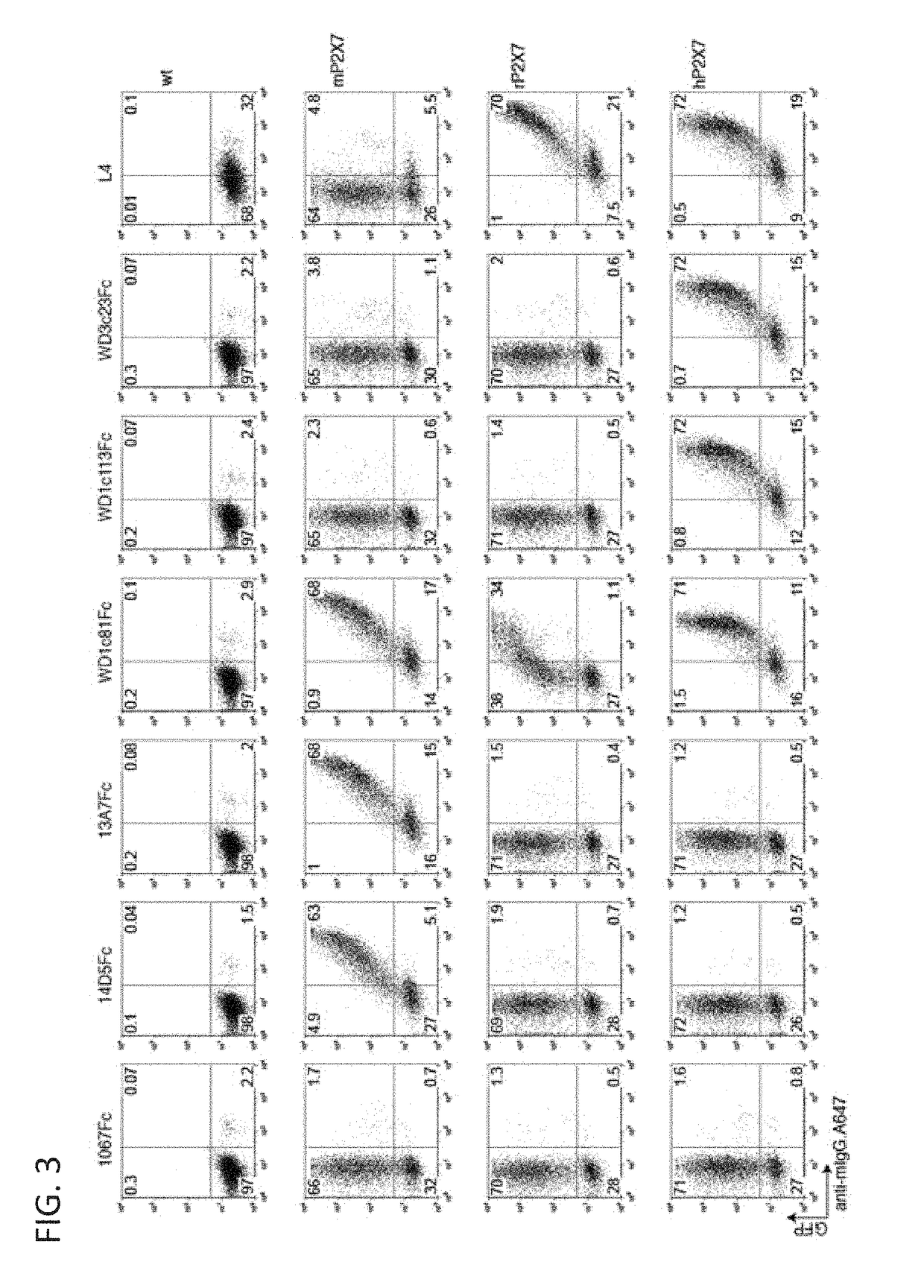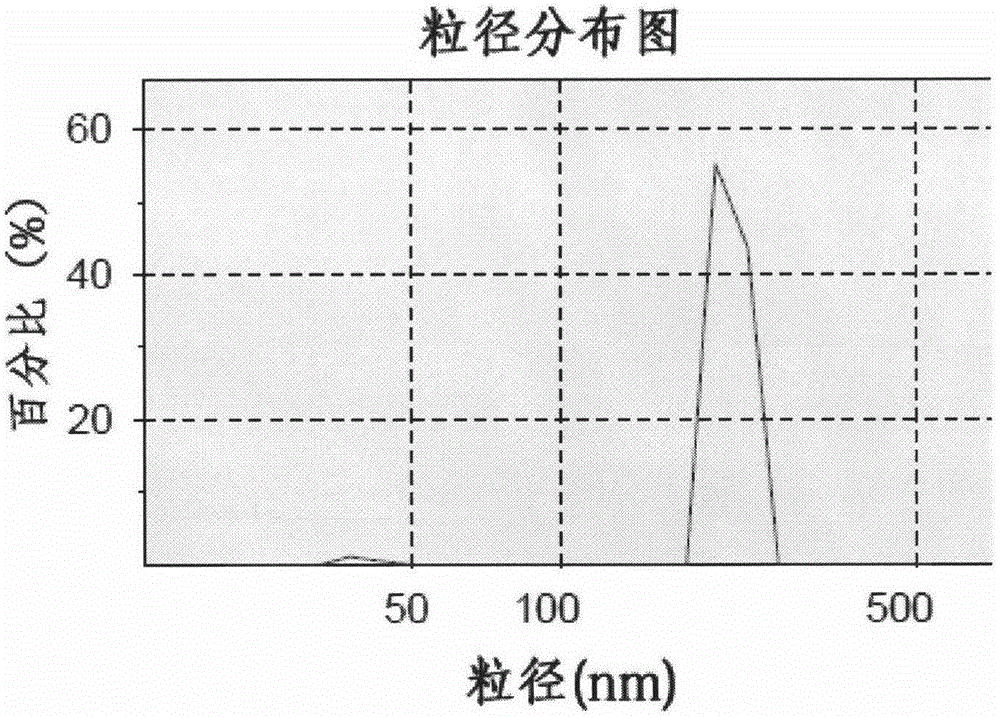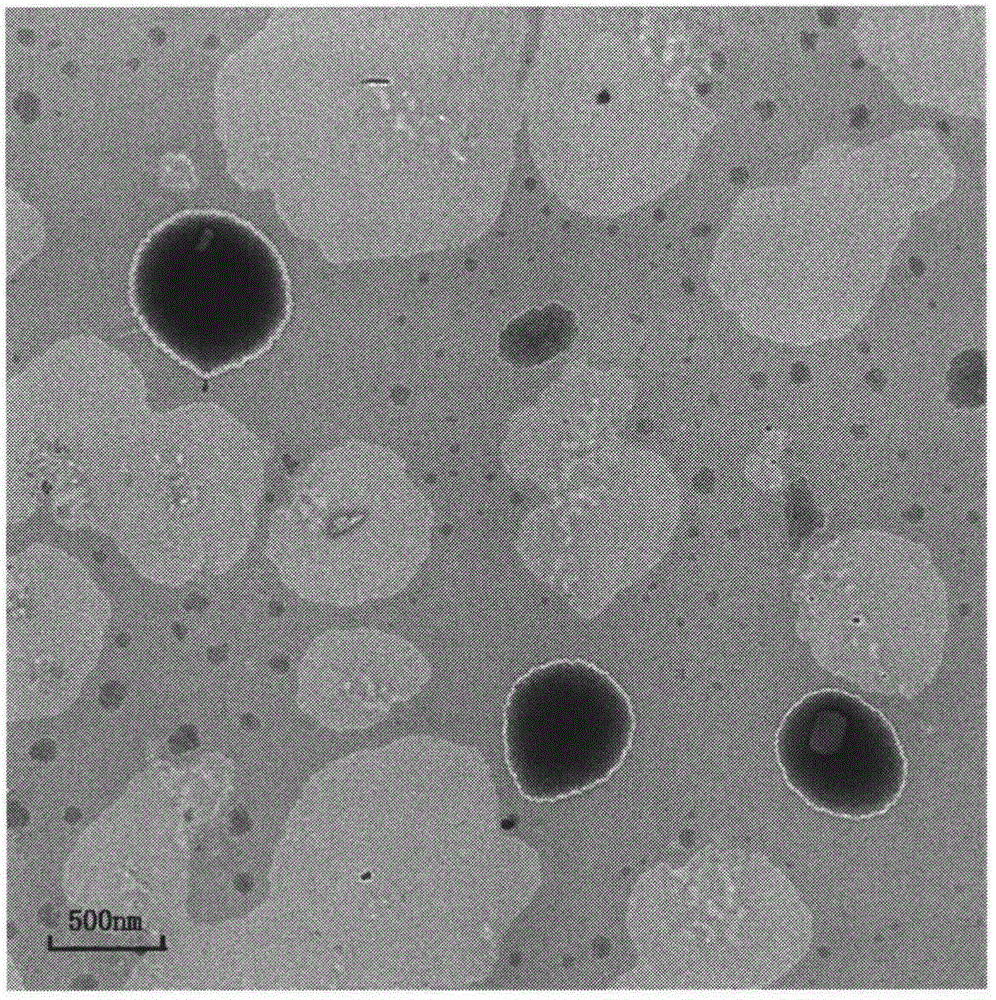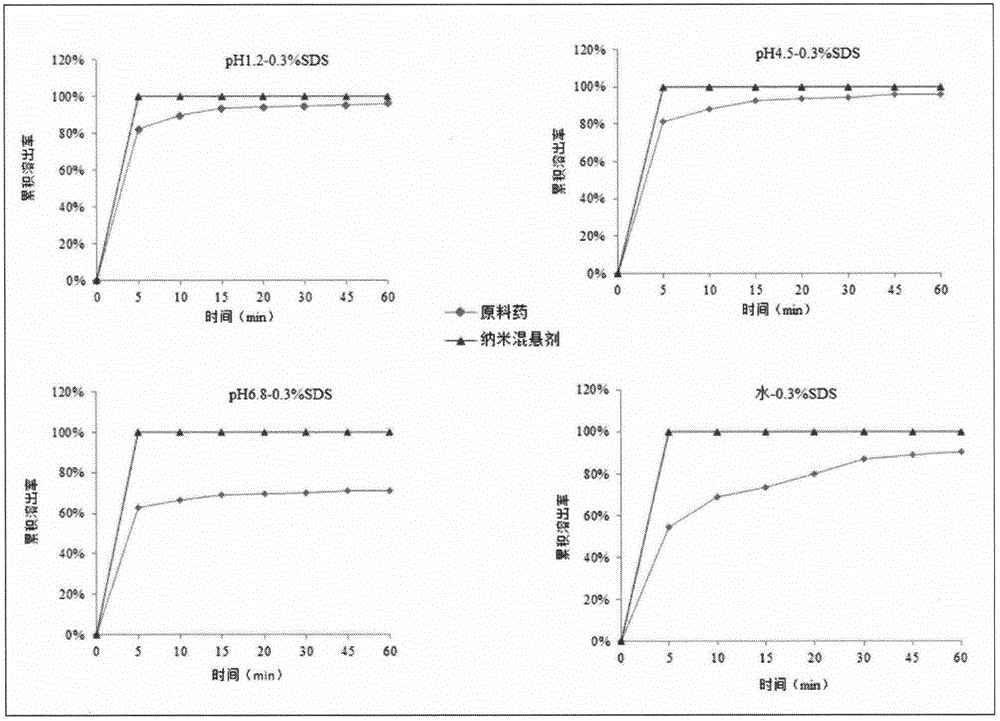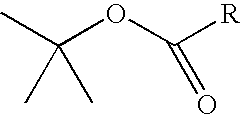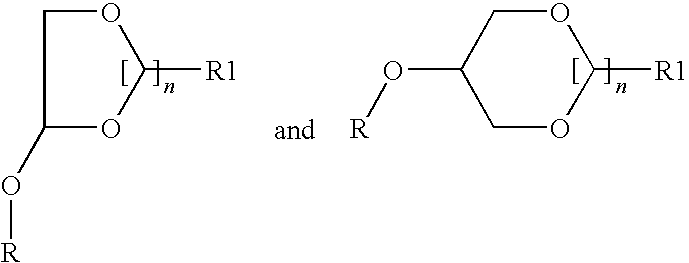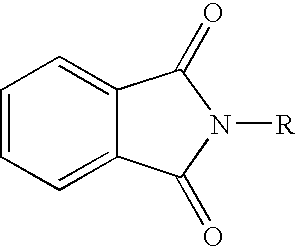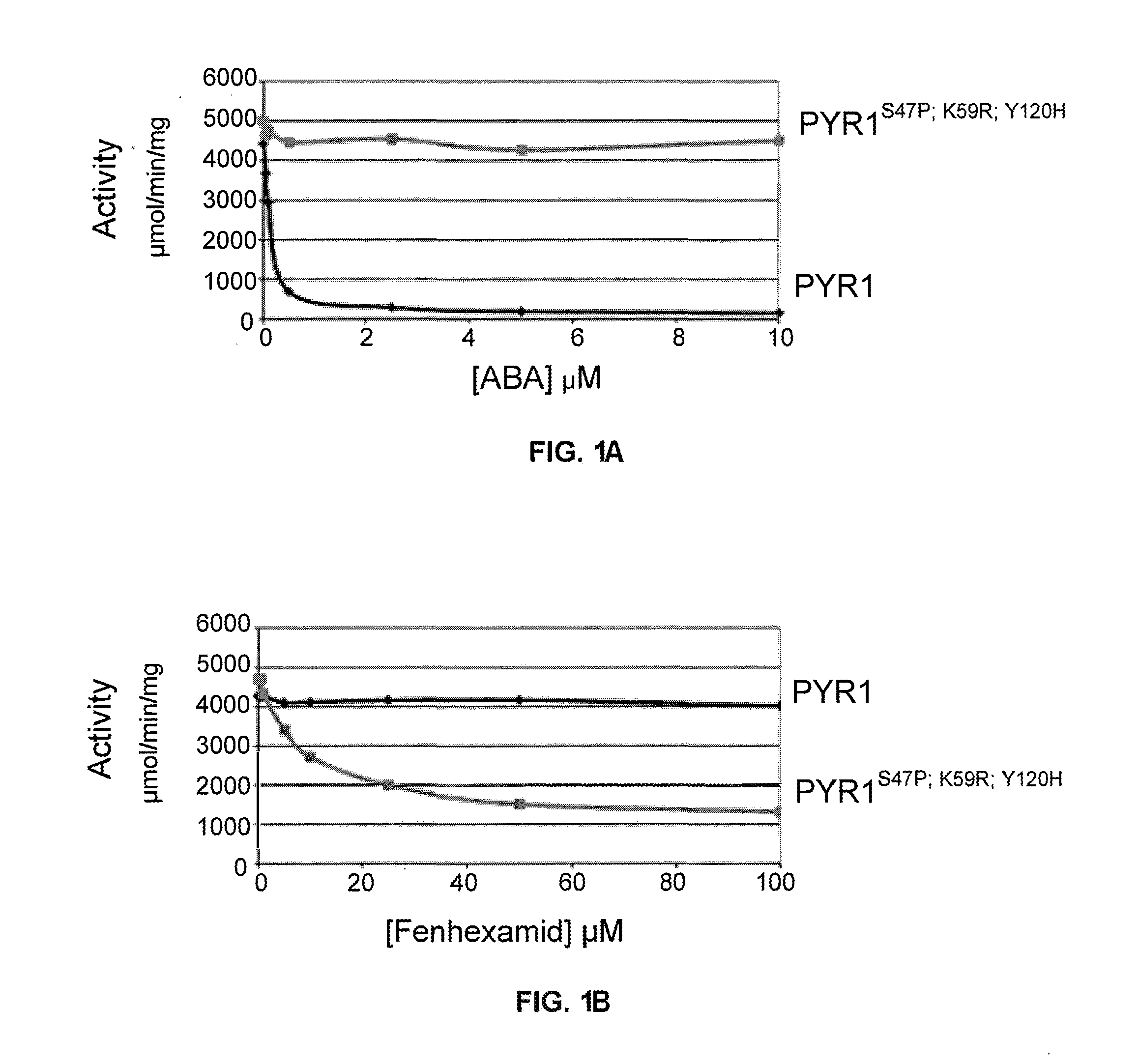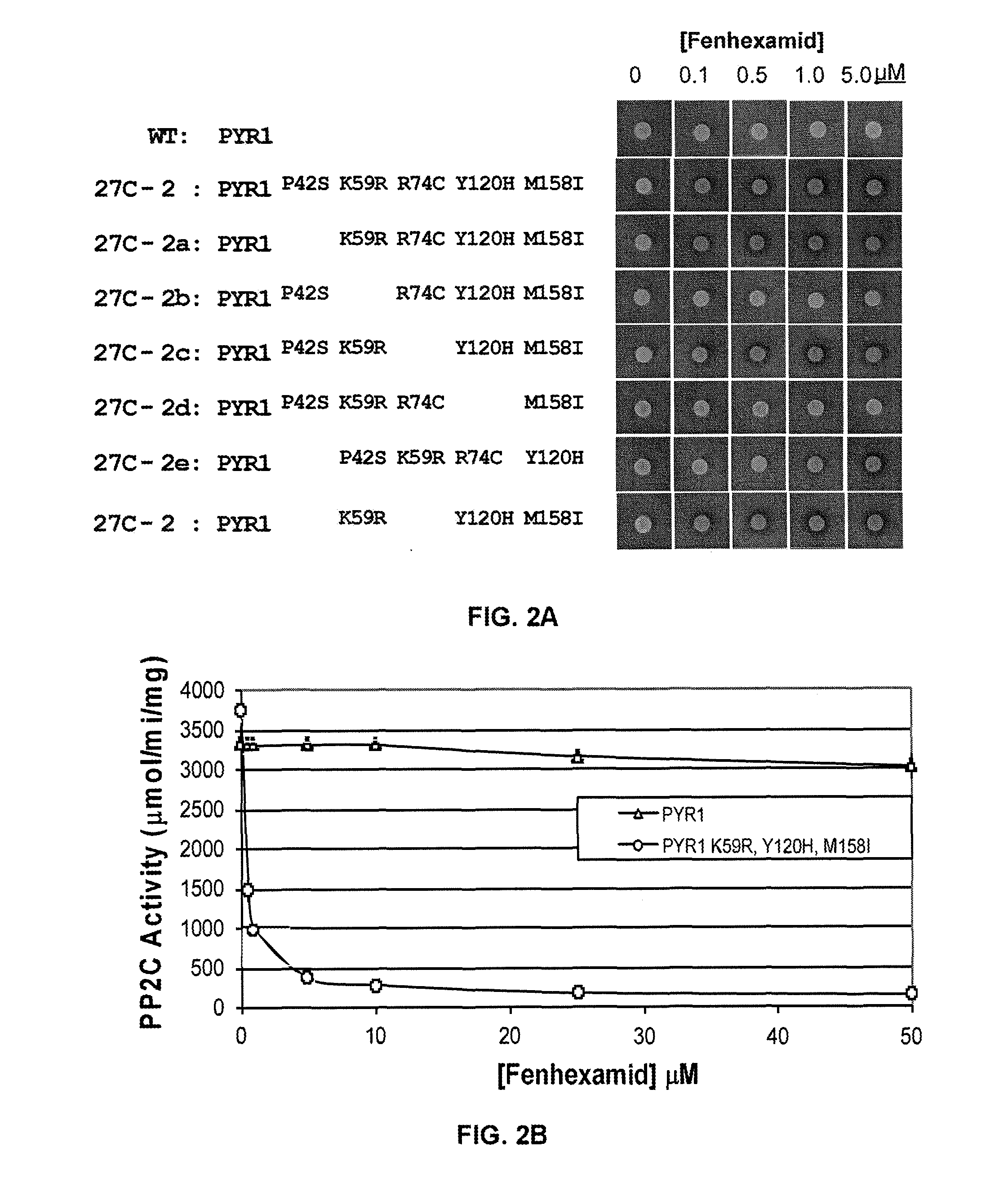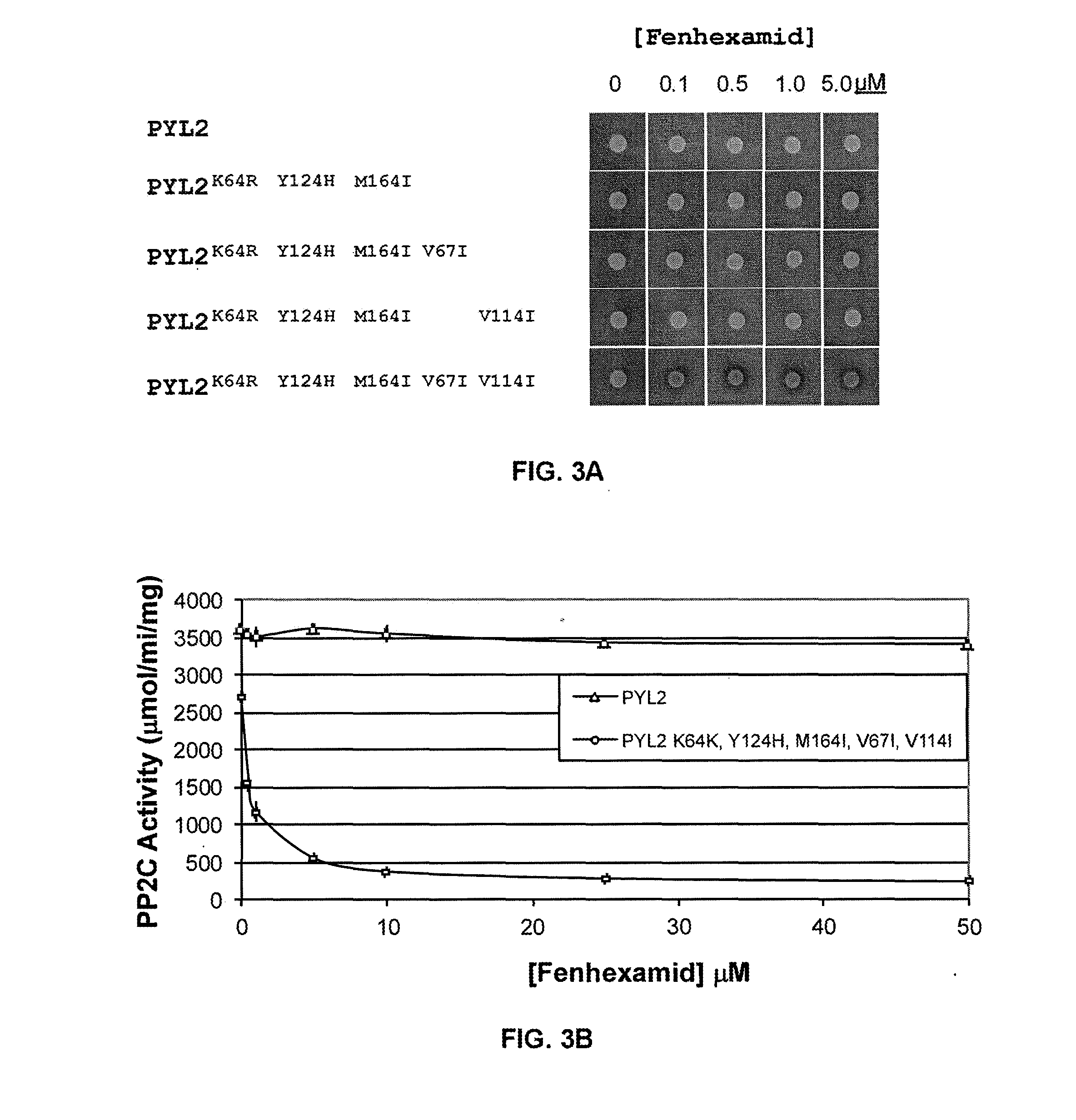Patents
Literature
64 results about "P2x7 receptor" patented technology
Efficacy Topic
Property
Owner
Technical Advancement
Application Domain
Technology Topic
Technology Field Word
Patent Country/Region
Patent Type
Patent Status
Application Year
Inventor
P2X7 receptors are extracellular ATP-gated ion channels that play broad physiological and pathological roles in animals (Sluyter, 2017). Activation of P2X7 receptors lead to the opening of membrane channels permeable for small cations like Na + and Ca 2+ as well as fluorescent dyes such as YO-PRO-1 (Alves et al., 2014).
Antibodies against non functional p2x7 receptor
InactiveUS20100036101A1Immunoglobulins against cell receptors/antigens/surface-determinantsFermentationComplementarity determining regionBinding site
A recombinant or synthetic antibody or fragment thereof, said antibody or fragment thereof including three complementarity determining regions (CDR1L or H, CDR2L or H and CDR3L or H) for forming an antigen binding site that is capable of binding to a non functional P2X7 receptor but not capable of binding to a functional P2X7 receptor.
Owner:BIOSCEPTRE INT
Hybridomas producing antibodies against non functional P2X7 receptor
ActiveUS8067550B2Animal cellsImmunoglobulins against cell receptors/antigens/surface-determinantsHybridoma cellNon functional
The present invention relates to the production of anti non functional P2X7 receptor monoclonal antibodies from hybridoma cell lines.
Owner:BIOSCEPTRE INT
Compositions and methods for enhanced mucosal delivery of Y2 receptor-binding peptides and methods for treating and preventing obesity
InactiveUS7186691B2Induce satiety in an individualPromote weight-loss in an individualBiocideOrganic active ingredientsDiseaseBinding peptide
Pharmaceutical compositions and methods are described comprising at least one Y2 receptor-binding peptide, such as peptide YY(PYY), Neuropeptide Y (NPY) or Pancreatic Peptide (PP) and one or more mucosal delivery-enhancing agents for enhanced nasal mucosal delivery of the peptide YY, for treating a variety of diseases and conditions in mammalian subjects, including obesity.
Owner:MDRNA
P2X7 epitopes
ActiveUS8440186B2Cell receptors/surface-antigens/surface-determinantsPeptide/protein ingredientsEpitopeDisease
Owner:BIOSCEPTRE PTY LTD
Hybridomas producing antibodies against non functional p2x7 receptor
ActiveUS20100105068A1Animal cellsImmunoglobulins against cell receptors/antigens/surface-determinantsHybridoma cellNon functional
The present invention relates to the production of anti non functional P2X7 receptor monoclonal antibodies from hybridoma cell lines.
Owner:BIOSCEPTRE INT
Methods and Compositions to Inhibit P2x7 Receptor Expression
Methods and compositions for the downregulation of P2X7 receptor expression or activity are disclosed. Preferred compositions comprise siNA. The methods and compositions are useful in the treatment of diseases characterised by increased 112X7 receptor activity, such as neuronal degeneration, Alzheimer's disease, inflammatory diseases, and some cancers.
Owner:SYLENTIS
Methods and Compositions to Inhibit P2x7 Receptor Expression
Methods and compositions for the downregulation of P2X7 receptor expression or activity are disclosed. Preferred compositions comprise siNA. The methods and compositions are useful in the treatment of diseases characterised by increased 112X7 receptor activity, such as neuronal degeneration, Alzheimer's disease, inflammatory diseases, and some cancers.
Owner:SYLENTIS
Anti P2X7 receptor antibodies and fragments thereof
ActiveUS9127059B2Sugar derivativesImmunoglobulins against cell receptors/antigens/surface-determinantsBinding siteReceptor for activated C kinase 1
The invention relates to an antigen binding site for binding to a P2X7 receptor, the antigen binding site being defined by general formula 1:FR1-CDR1-FR2-CDR2-FR3-CDR3-FR4
Owner:BIOSCEPTRE PTY LTD
Anti p2x7 receptor antibodies and fragments thereof
ActiveUS20120282278A1High affinitySugar derivativesImmunoglobulins against cell receptors/antigens/surface-determinantsAntigen binding siteP2x7 receptor
Owner:BIOSCEPTRE PTY LTD
Antigen binding sites to non-functional oligomeric P2X7 receptors and methods of use thereof
ActiveUS8835609B2Antibody mimetics/scaffoldsImmunoglobulins against cell receptors/antigens/surface-determinantsBinding sitePurine
The invention relates to purinergic receptors, to antibodies and related fragments thereof for binding to said receptors, to production of said antibodies and fragments and to use of said antibodies and fragments for cancer detection and therapy. In particular the antibodies described bind specifically to non-functional P2X7 receptors expressed by live cells.
Owner:BIOSCEPTRE PTY LTD
Combination Therapy
ActiveUS20150004179A1Minimizing progressionLonger and greater exposure to cell surface P2XSnake antigen ingredientsCancer antigen ingredientsBody fluidCombination therapy
Owner:BIOSCEPTRE PTY LTD
Antibodies for binding to non-functional p2x7 receptors in trimeric form
ActiveUS20140135475A1Cell receptors/surface-antigens/surface-determinantsPeptide/protein ingredientsEpitopeNon functional
Owner:BIOSCEPTRE PTY LTD
Cannabinergic lipid ligands
ActiveUS8202893B2High affinityHigh selectivityBiocideSenses disorderReceptor subtypeEndogenous cannabinoid
One aspect of this disclosure relates generally to lipid compounds that exert diverse effects in the endocannabinoid system, such as regulating CB1 and CB2 receptor or moderating other bio-macromolecules within the endocannabinoid system. Some of the compounds showed improved receptor binding affinity, and / or improved receptor subtype selectivity, and improved bio-stability. Some of the compounds exhibit activities to regulate the enzymes that moderate the bio-disposal of endogenous cannabinoids, such as the fatty acid amide hydrolase (FAAH). Some of the compounds exhibit activities to inhibit the anandamide transporter. Other aspects of the invention are pharmaceutical preparations employing these ligands and methods of administering therapeutically effective amounts of the preparations to provide a physiological effect.
Owner:UNIV OF CONNECTICUT
Combination therapy
ActiveUS9566318B2Minimizing progressionLonger and greater exposure to cell surface P2XPeptide/protein ingredientsCancer antigen ingredientsCombination therapyCancer
Owner:BIOSCEPTRE PTY LTD
Novel p2x7 epitopes
ActiveUS20110177080A1Cell receptors/surface-antigens/surface-determinantsPeptide/protein ingredientsEpitopePurine
The invention relates to purinergic (P2X) receptors, more specifically to P2X7 receptors, the generation of antibodies and the use of antibodies and immunogens that are capable of selectively binding to a non ATP-binding P2X7 receptor but not to an ATP-binding P2X7 receptor, for the detection and treatment of disease conditions, especially cancer.
Owner:BIOSCEPTRE PTY LTD
Y4 selective receptor agonists for therapeutic interventions
Y4 receptor agonist peptide selected from the group consisting of: [Ala30]PP2-36, [Thr30]PP2-36, [Asn30]PP2-36, [Gln30]PP2-36, [Glu10]PP2-36, [Glu10,Leu17,Thr30]PP2-36, [Nle17,Nle30]PP2-36, [Glu10,Nle17,Nle30]PP2-36, their PP1-36 equivalents, and analogues and derivatives thereof as described in the specification, are selective agonists of the Y4 receptor relative to the Y1 and Y2 receptors, and are useful in the treatment, for example, of obesity and overweight, and conditions in which these are considered contributory factors, and in the treatment of diarrhoea and intestinal hypersecretion.
Owner:7TM PHARM AS
P2x7 receptor agonist for use in preventing or treating kidney injury
InactiveUS20160120938A1Exacerbated damageHigh expressionBiocidePeptide/protein ingredientsAgonistKidney injury
The present invention relates to the treatment or prevention of kidney injury and in particular acute kidney injury, such as acute kidney injury associated with cirrhosis. The invention relates to the treatment or prevention of such injury by administration of an agonist of the P2X7 receptor.
Owner:UCL BUSINESS PLC
Short peptides from the ‘2nd loop’ of 7 transmembrane receptor which selectively modulate signal transduction
InactiveUS7683031B2Increase and decreases activity of receptorReduced activityCompound screeningApoptosis detectionAngiogenesis growth factorReceptor for activated C kinase 1
The present invention concerns compounds comprising, within short sequences from a specific regions of the 7TM receptor, that can modulate 7TM receptor-associated signal. The present invention further concerns methods for stimulation angiogenesis by administration of peptides derived from the EDG3 7TM-receptor.
Owner:YISSUM RES DEV CO OF THE HEBREWUNIVERSITY OF JERUSALEM LTD
P2X7 receptor imaging agent and preparation method thereof
InactiveCN109400605AImprove bindingThe synthesis process is simple and fastIsotope introduction to heterocyclic compoundsRadioactive preparation carriersMedicineImaging agent
The invention discloses a F-18 tagged P2X7 receptor imaging agent which is a compound 18F-{(2-chloro-3-trifluorophenyl)(1-(pyrimidin-2-yl)-6,7-dihydro-1H-[1,2,3]triazolo[4,5-c]pyridin-5(4H)-yl)methanone shown as formula I. The P2X7 receptor imaging agent is suitable for identifying and diagnosing pulmonary inflammation and tumors.
Owner:ZHONGSHAN HOSPITAL FUDAN UNIV
Antibodies to Non-Functional Oligomeric P2X7 Receptors
ActiveUS20120329076A1High affinityAntibody mimetics/scaffoldsImmunoglobulins against cell receptors/antigens/surface-determinantsPurineCancer detection
The invention relates to purinergic receptors, to antibodies and related fragments thereof for binding to said receptors, to production of said antibodies and fragments and to use of said antibodies and fragments for cancer detection and therapy. In particular the antibodies described bind specifically to non-functional P2X7 receptors expressed by live cells.
Owner:BIOSCEPTRE PTY LTD
Methods and compositions to inhibit p2x7 receptor expression
InactiveCN101068927ACell receptors/surface-antigens/surface-determinantsGenetic material ingredientsNeuronal degenerationBiology
Methods and compositions for the downregulation of P2X7 receptor expression or activity are disclosed. Preferred compositions comprise siNA. The methods and compositions are useful in the treatment of diseases characterised by increased P2X7 receptor activity, such as neuronal degeneration, Alzheimer's disease, inflammatory diseases, and some cancers.
Owner:SYLENTIS
Application of P2X7 receptor inhibitor
The invention discloses application of a P2X7 receptor inhibitor in the preparation of drugs for treating radiation brain injuries. Through experimental deep research on pathogenesis of radiation brain injuries and effect of a P2X7 receptor upon occurrence and development of the radiation brain injuries, discovered is that radioactive rays activating microglial cells by the P2X7 receptor cause following inflammatory response, the P2X7 receptor specific inhibitor BBG is effective in inhibiting this response, and nerve cells are thereby protected; the inhibitor is applicable to the treatment of radiation brain injuries.
Owner:SUN YAT SEN MEMORIAL HOSPITAL SUN YAT SEN UNIV
Method for treatment of macular degeneration by modulating P2Y12 or P2X7 receptors
Provided is a method of treating or preventing age-related macular degeneration (AMD) in a patient subject to, or symptomatic of the disease, wherein the method comprises restoring normal lysosomal pH (pHL), or acidifying an abnormally elevated pHL, thus decreasing or preventing a damaging accumulation of lipofuscin or waste products in the retinal pigment epithelium (RPE) cells of the eye of the patient. Further, this method is achieved by modulating the action of the P2X7 and / or P2Y12 receptors of the RPE cells, specifically decreasing the acidity (pHL) of the RPE lysosomes by administering selected receptor antagonists affecting the action of the P2X7 and / or P2Y12 receptors of the RPE. Methods for selecting and quantifying the effectiveness of drugs to restore pHL and determine outer segment clearance rates is also provided using a high through-put screening protocol.
Owner:MITCHELL CLAIRE +1
Therapies for Disorders of the Cornea and Conjunctiva
InactiveUS20140322193A1Stress minimizationMinimize releaseBiocideSenses disorderExtracellularBiological activation
Unexpectedly, disorders of the cornea and conjunctiva are found to be caused or to be exacerbated, at least in part, by extracellular ATP and P2X7 receptor activation. Therapeutic compositions for topical administration to the eye for the treatment of disorders of the cornea and conjunctiva include an entity that inhibits P2X7 receptor function, reduces the effective concentration of extracellular ATP, or both.
Owner:KALEKO MICHAEL
Method For Treatment Of Macular Degeneration By Modulating P2Y12 or P2X7 Receptors
Provided is a method of treating or preventing age-related macular degeneration (AMD) in a patient subject to, or symptomatic of the disease, wherein the method comprises restoring normal lysosomal pH (pHL), or acidifying an abnormally elevated pHL, thus decreasing or preventing a damaging accumulation of lipofuscin or waste products in the retinal pigment epithelium (RPE) cells of the eye of the patient. Further, this method is achieved by modulating the action of the P2X7 and / or P2Y12 receptors of the RPE cells, specifically decreasing the acidity (pHL) of the RPE lysosomes by administering selected receptor antagonists affecting the action of the P2X7 and / or P2Y12 receptors of the RPE. Methods for selecting and quantifying the effectiveness of drugs to restore pHL and determine outer segment clearance rates is also provided using a high through-put screening protocol.
Owner:MITCHELL CLAIRE +1
Tyrosyl derivatives and their use as P2X7 receptor modulators
InactiveUS7094895B2Improve endocrine functionEnhance hormonal modulationAntibacterial agentsBiocideDiseaseAcyl group
The present invention relates to compounds of the formulawherein R1 and R2 are independently hydrogen, C1–C4 alkyl, C1–C4 substituted alkyl, C1–C4 alkoxy, C1–C4 substituted alkoxy, C1–C4 acyl, halogen, cyano, nitro, amino, alkylamino, or dialkylamino;R3, R4, R5, R6, R7, and R8 are independently CH or nitrogen;R9 is hydrogen or methyl;R10 is C═O or (CH2)n;where n is 0, 1, 2, 3, or 4;R11 and R12 are independently nitrogen or CH; X1 and X2 are independently hydrogen, deuterium, tritium or halogen; and X3 is N; and their pharmaceutically acceptable salts; compositions thereof. Methods of preparing the compounds are also described. The compounds are useful in the treatment of diseases in mammals that are mediated by the action of the P2X7 receptor.
Owner:BARALDI PIER GIOVANNI +1
P2X7 receptor antagonists and agonists
ActiveUS9908935B2Improve propertiesImprove stabilityNervous disorderCell receptors/surface-antigens/surface-determinantsAgonistBiological activation
The present invention relates to biological materials against P2X7 and more in particular to polypeptides, nucleic acids encoding such polypeptides; to methods for preparing such polypeptides; to host cells expressing or capable of expressing such polypeptides; to compositions and in particular to pharmaceutical compositions that comprise such polypeptides, for prophylactic, therapeutic or diagnostic purposes. In particular, the biological materials of the present invention inhibit the biological activity of the P2X7 receptor, such as activation by ATP.
Owner:ABLYNX NV +1
Nanosuspension of P2X7 receptor antagonist employing isoquinoline as basic skeleton and preparation method of nanosuspension
InactiveCN105596301ASmall particle sizeImprove solubilityPowder deliveryNervous disorderDiseaseSolubility
The invention discloses a nanosuspension of a P2X7 receptor antagonist employing isoquinoline as a basic skeleton and a preparation method of the nanosuspension, and belongs to the field of medicinal preparations. As a novel P2X7 receptor antagonist, the major indications are labour pains, inflammation, respiratory tract and airway diseases and obstacles and the like. The medicine is extremely difficult to dissolve in water, so that the clinical application is limited. The nanosuspension is prepared by an antisolvent precipitation method combined with a high pressure homogenization method; and the prescription and technology are optimized employing the particle sizes and a polydispersity index as indexes. The result shows that the particle sizes of the medicines in the prepared nanosuspension are 50-500nm; the nanosuspension is round in shape and uniform in distribution; the particle sizes are reduced; increase of the medicine solubility is facilitated; and the in vitro dissolubility is improved.
Owner:CHINA PHARM UNIV
Cannabinergic Lipid Ligands
ActiveUS20090163557A1High affinityHigh selectivityBiocideSenses disorderLipid formationReceptor subtype
One aspect of this disclosure relates generally to lipid compounds that exert diverse effects in the endocannabinoid system, such as regulating CB1 and CB2 receptor or moderating other bio-macromolecules within the endocannabinoid system. Some of the compounds showed improved receptor binding affinity, and / or improved receptor subtype selectivity, and improved bio-stability. Some of the compounds exhibit activities to regulate the enzymes that moderate the bio-disposal of endogenous cannabinoids, such as the fatty acid amide hydrolase (FAAH). Some of the compounds exhibit activities to inhibit the anandamide transporter. Other aspects of the invention are pharmaceutical preparations employing these ligands and methods of administering therapeutically effective amounts of the preparations to provide a physiological effect.
Owner:UNIV OF CONNECTICUT
Modified pyr/pyl receptors activated by orthogonal ligands
The present invention provides polynucleotides encoding mutated PYR / PYL receptor polypeptides that are agonized by chemicals, such as bromoxynil, chloroxynil, ioxynil, coumatetralyl, dichlobenil, fenhexamid, benoxacor, and BTH, that do not agonize wild-type PYR / PYL receptor polypeptides, and expression cassettes and plants comprising the polynucleotides. Particular embodiments of the invention provide polynucleotides encoding mutated PYR / PYL receptor polypeptides having a mutation in the ligand-binding pocket of the PYR / PYL receptor polypeptide.
Owner:RGT UNIV OF CALIFORNIA
Features
- R&D
- Intellectual Property
- Life Sciences
- Materials
- Tech Scout
Why Patsnap Eureka
- Unparalleled Data Quality
- Higher Quality Content
- 60% Fewer Hallucinations
Social media
Patsnap Eureka Blog
Learn More Browse by: Latest US Patents, China's latest patents, Technical Efficacy Thesaurus, Application Domain, Technology Topic, Popular Technical Reports.
© 2025 PatSnap. All rights reserved.Legal|Privacy policy|Modern Slavery Act Transparency Statement|Sitemap|About US| Contact US: help@patsnap.com
